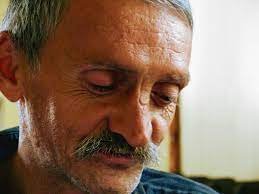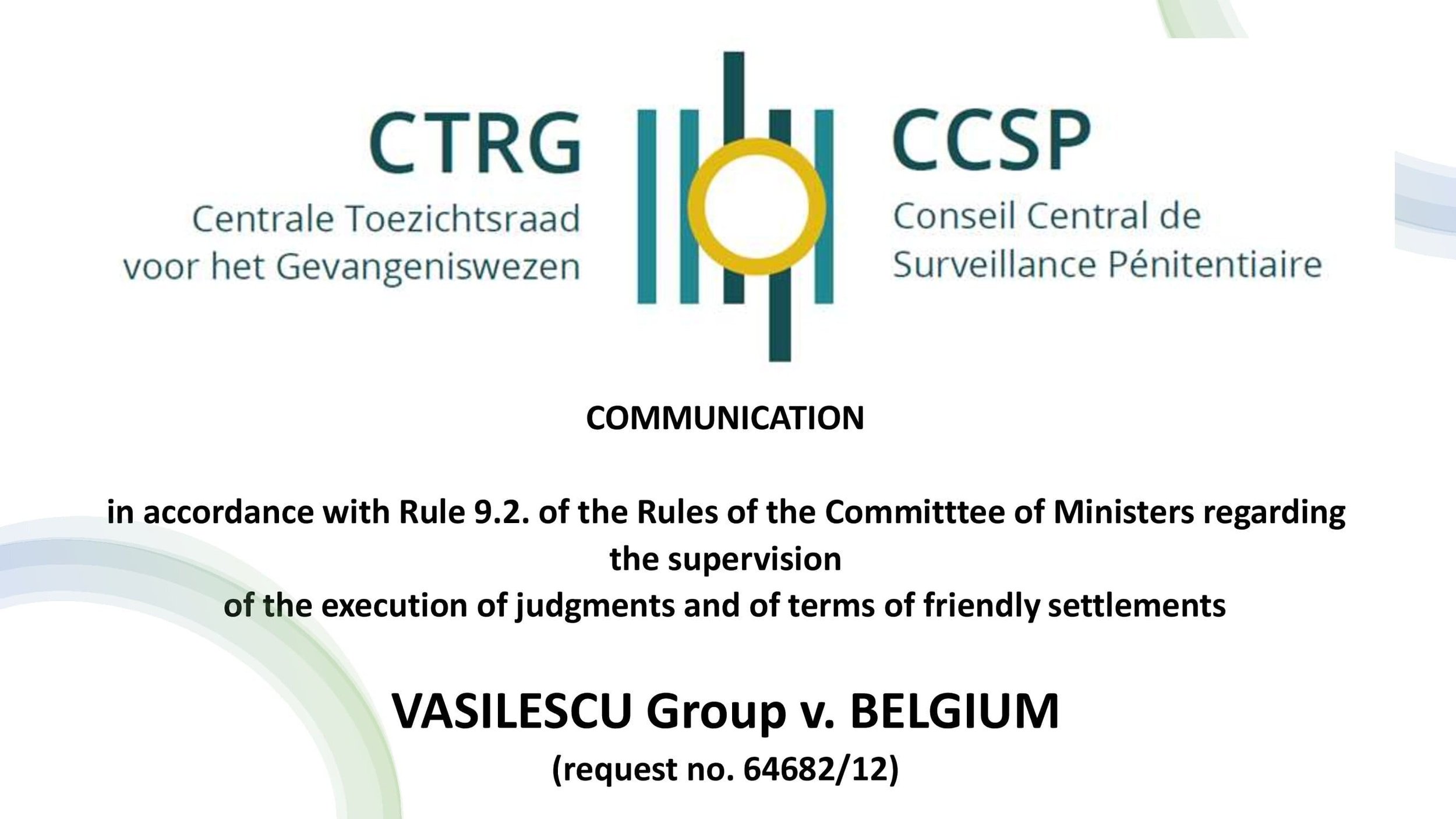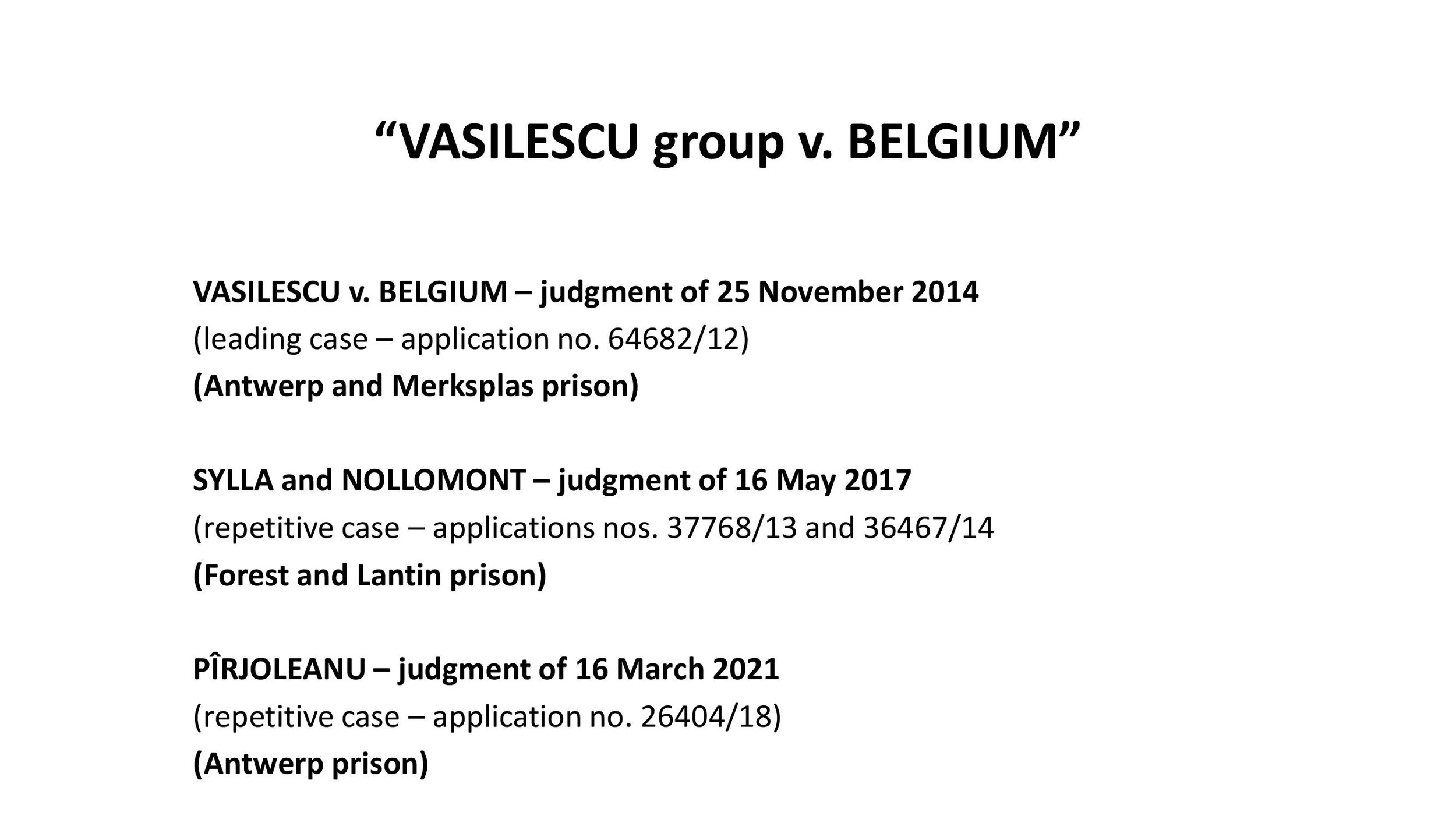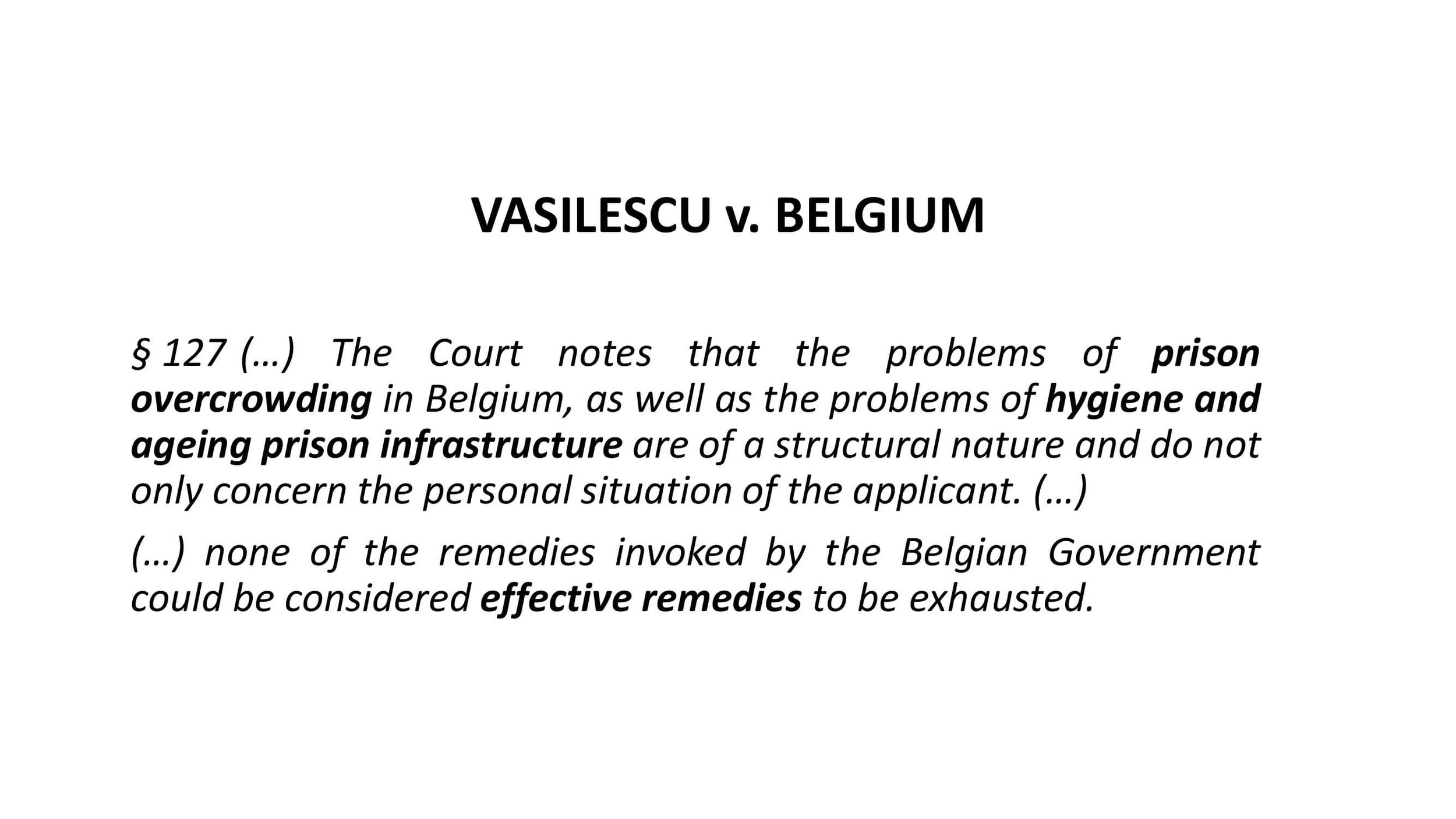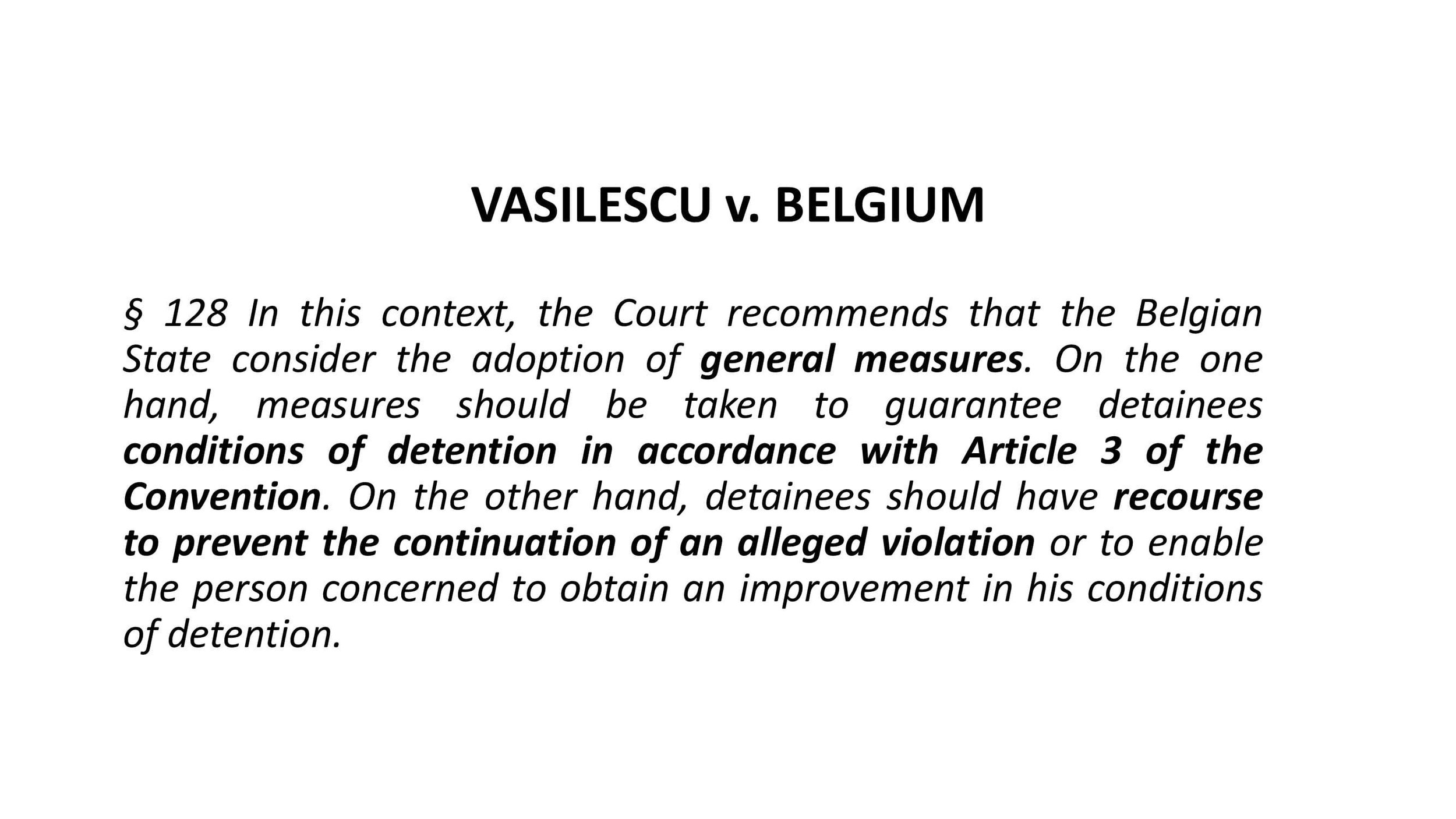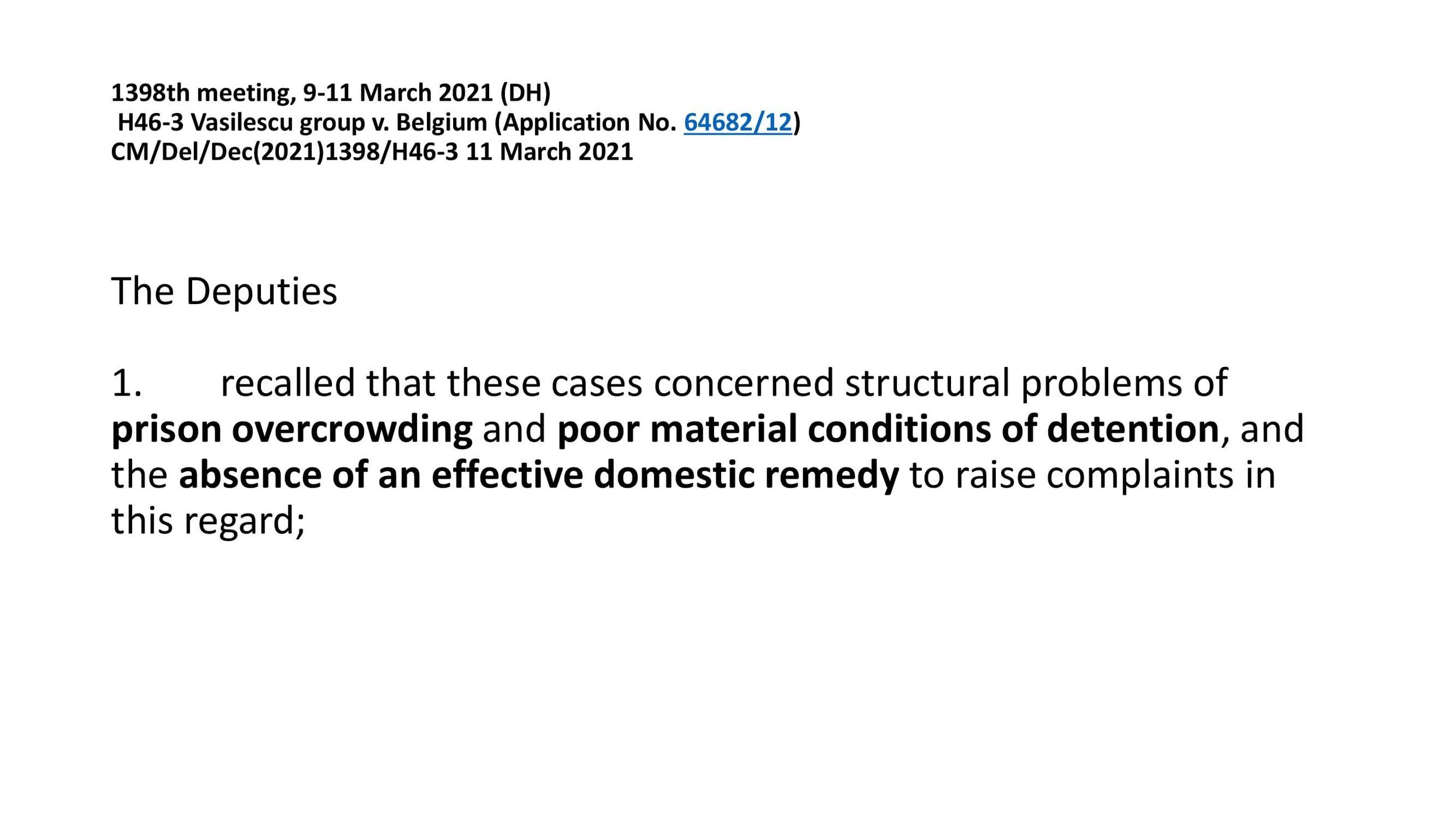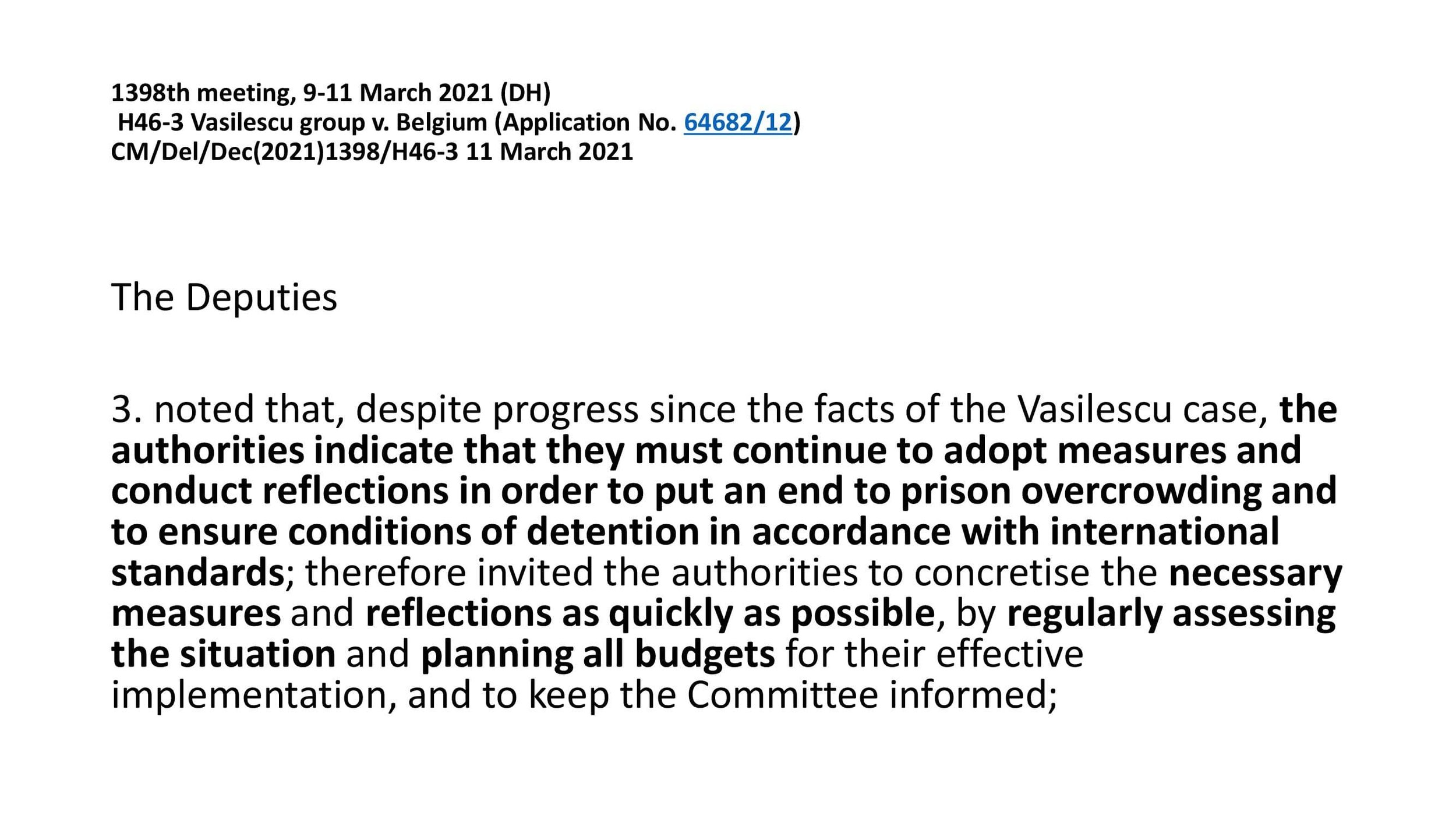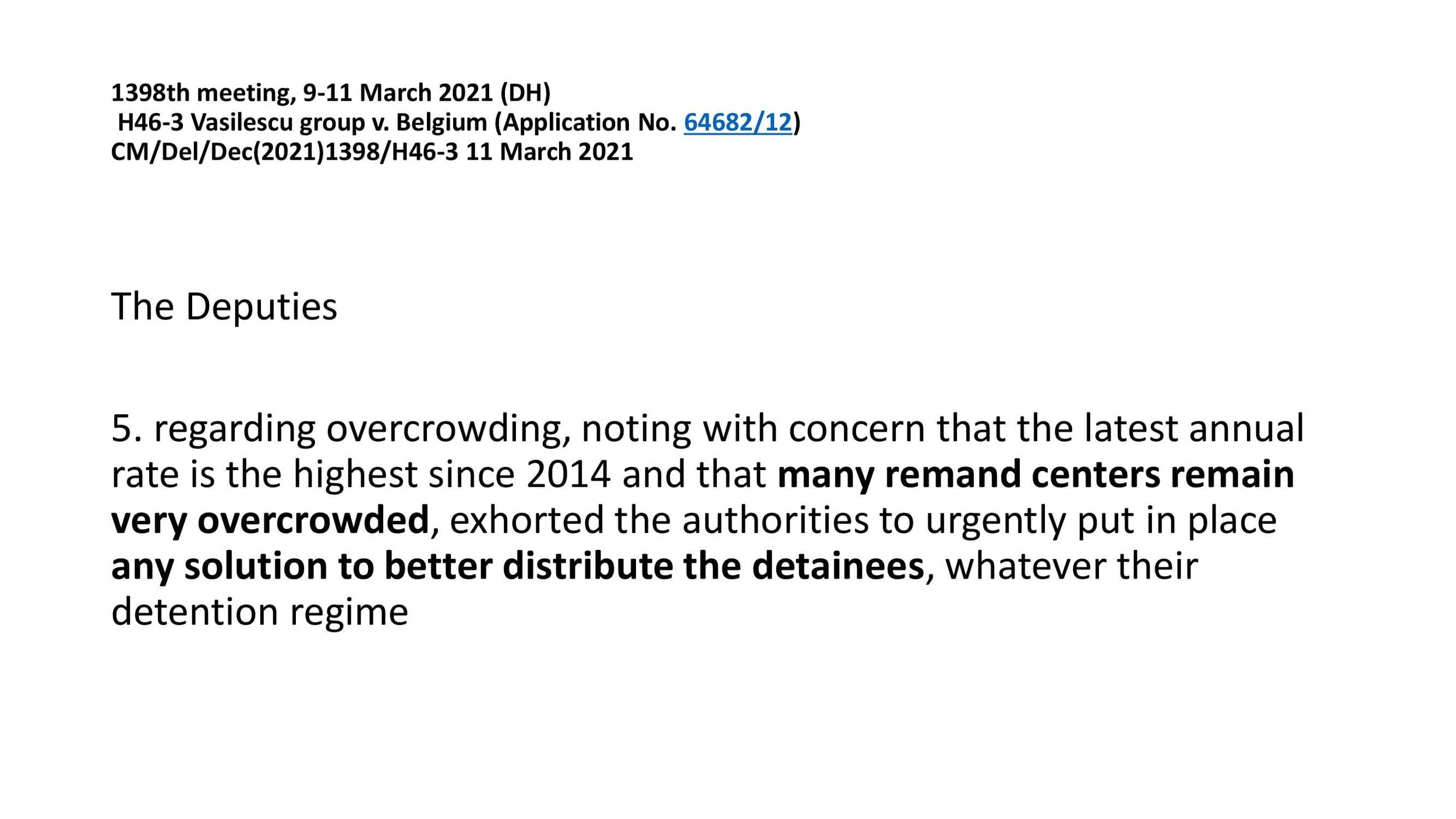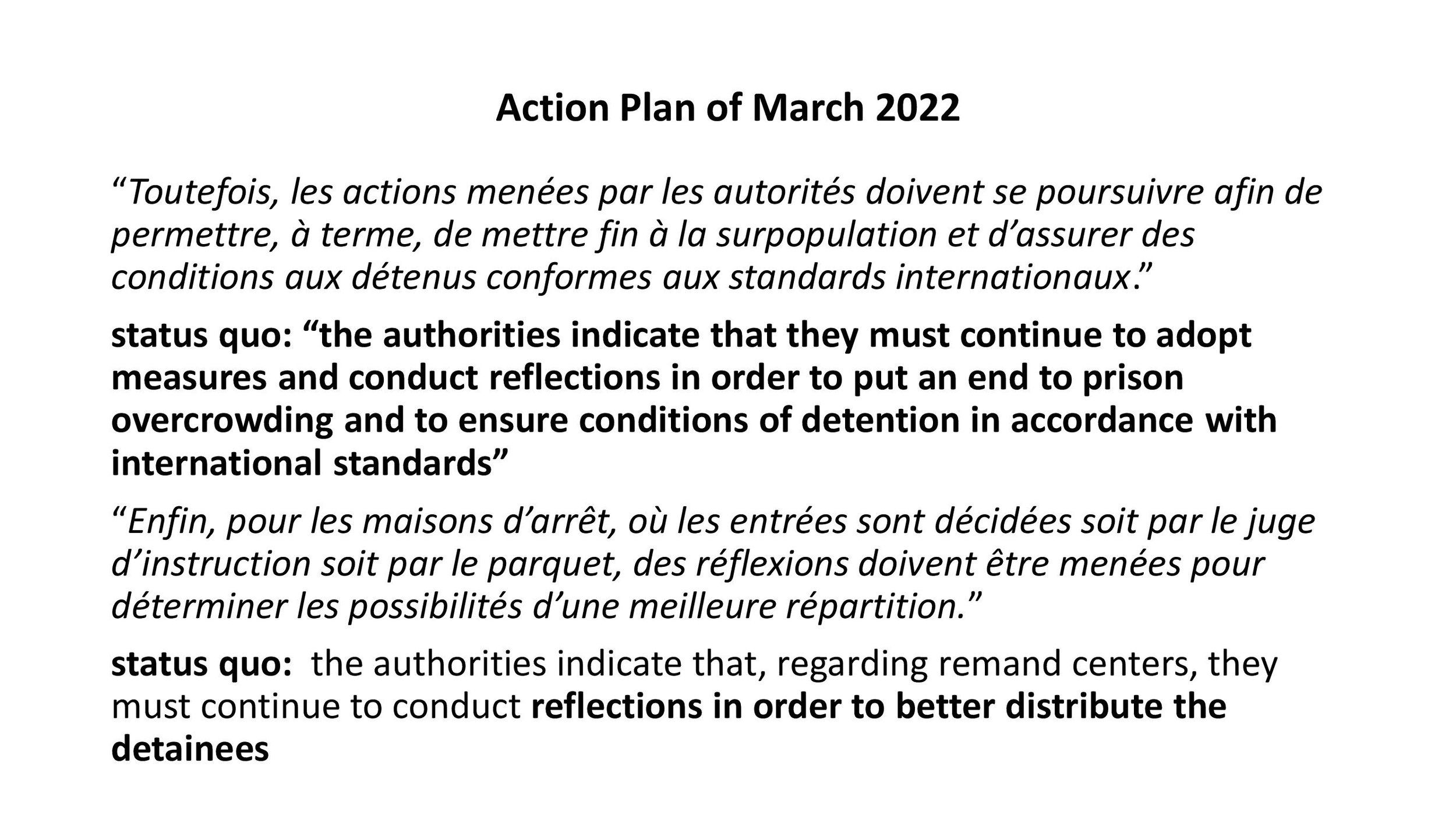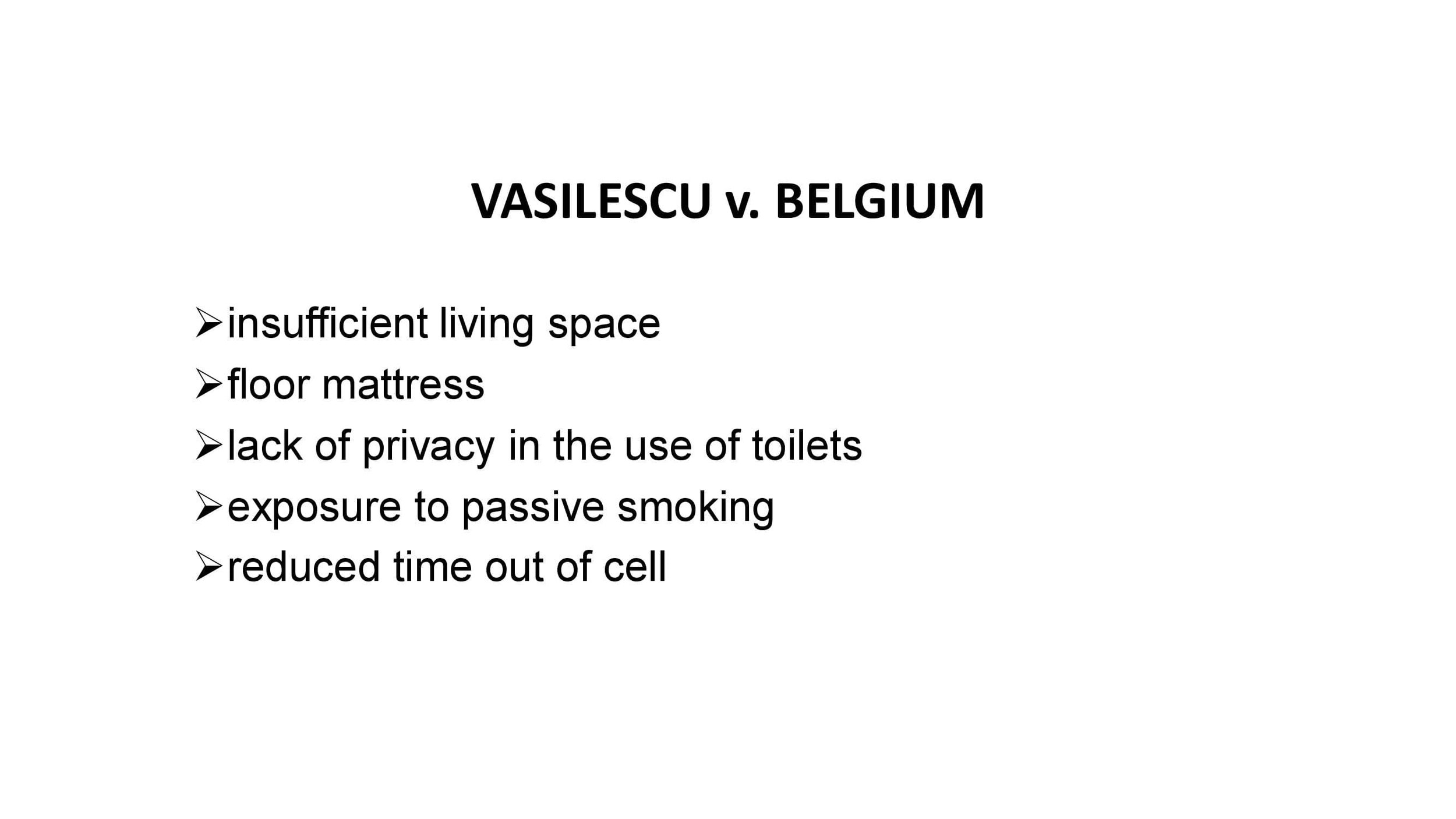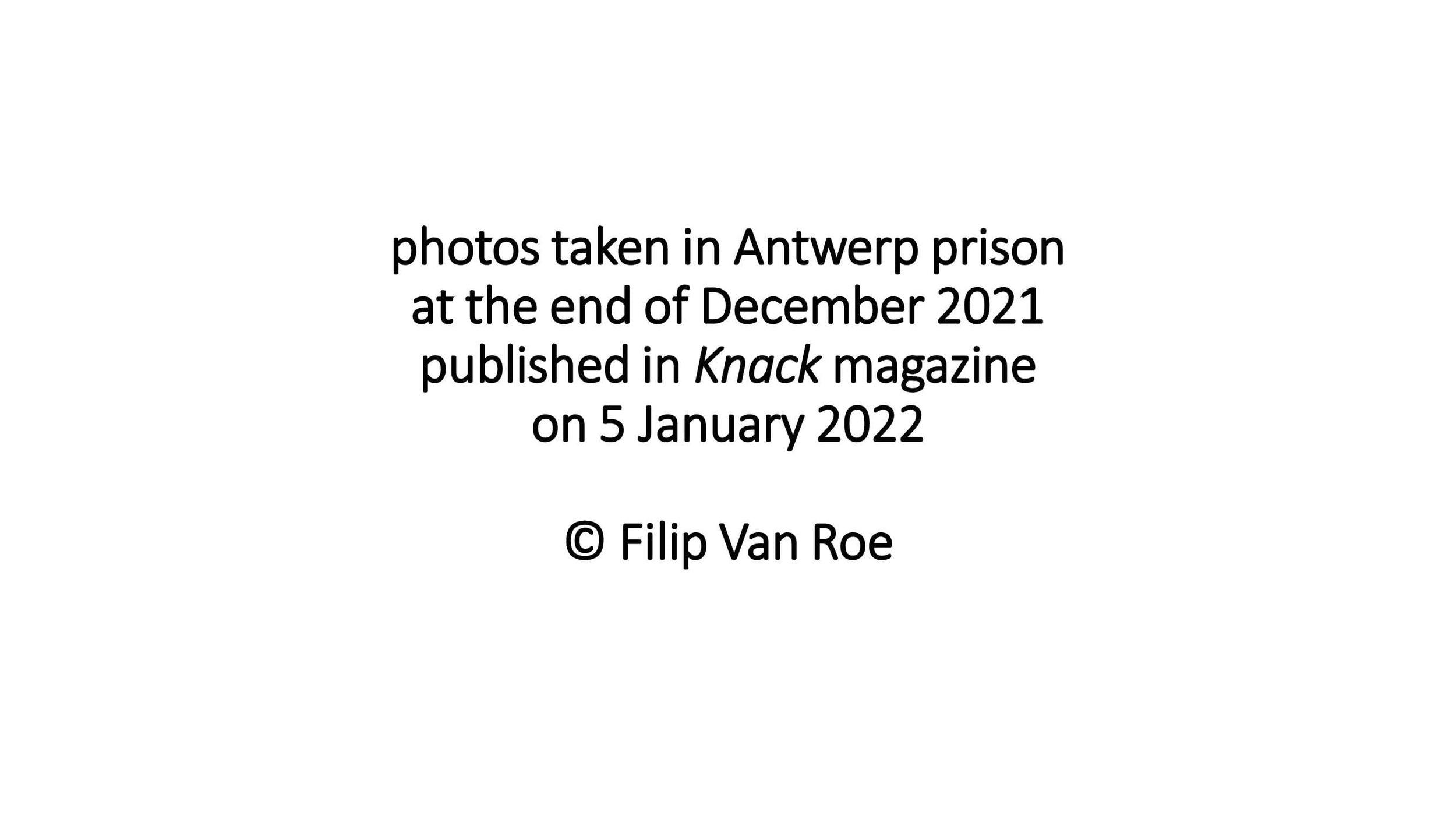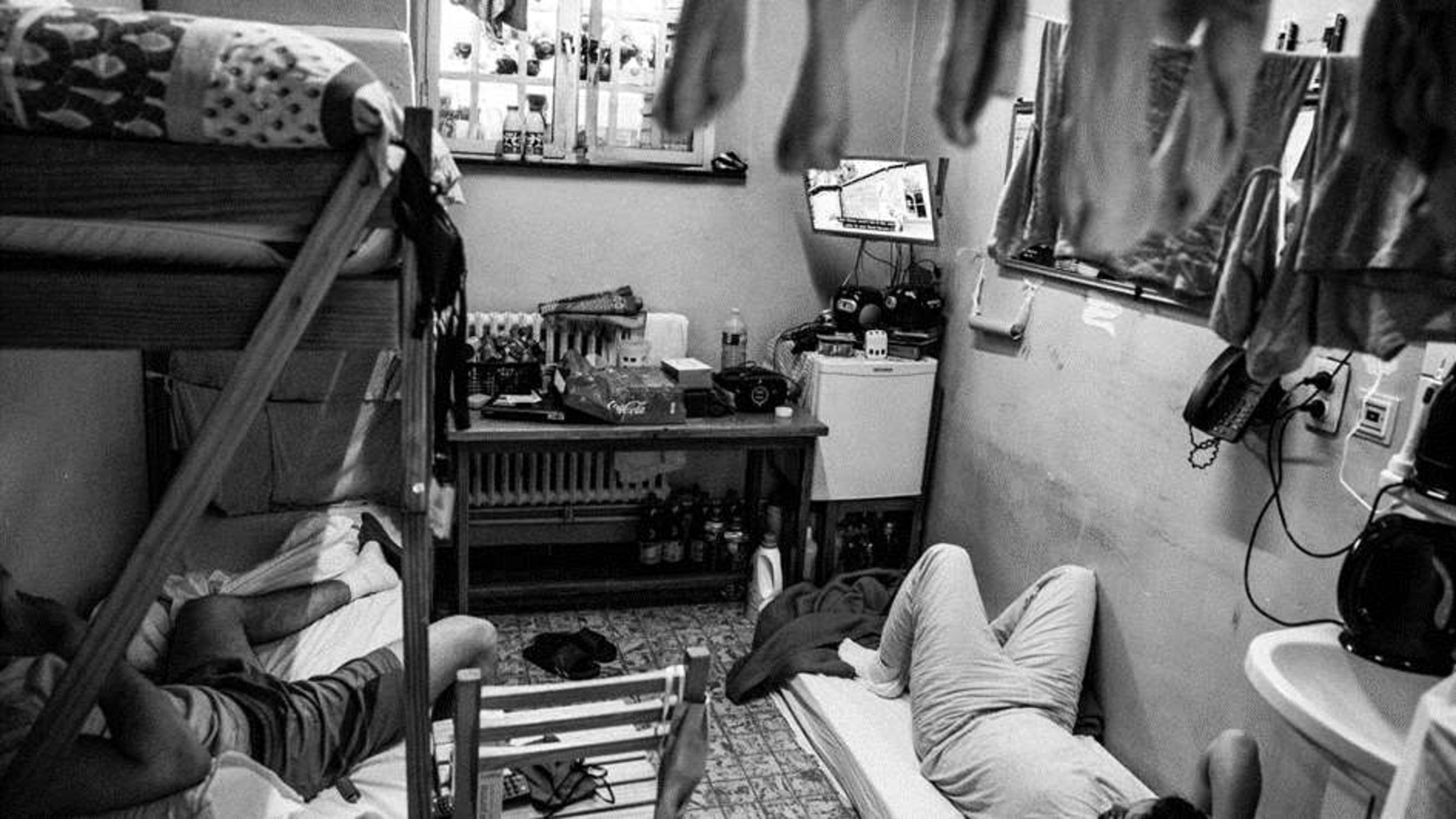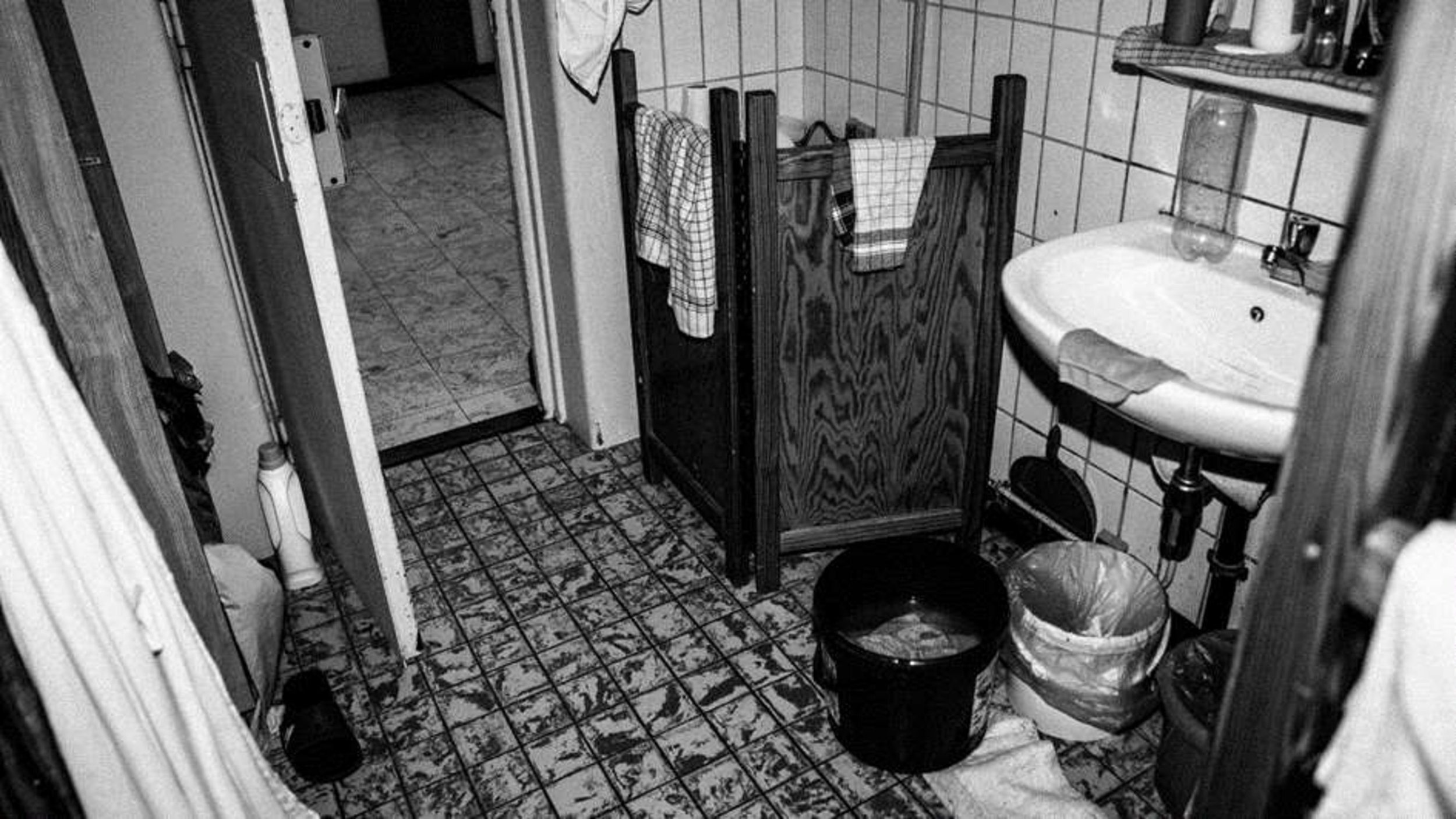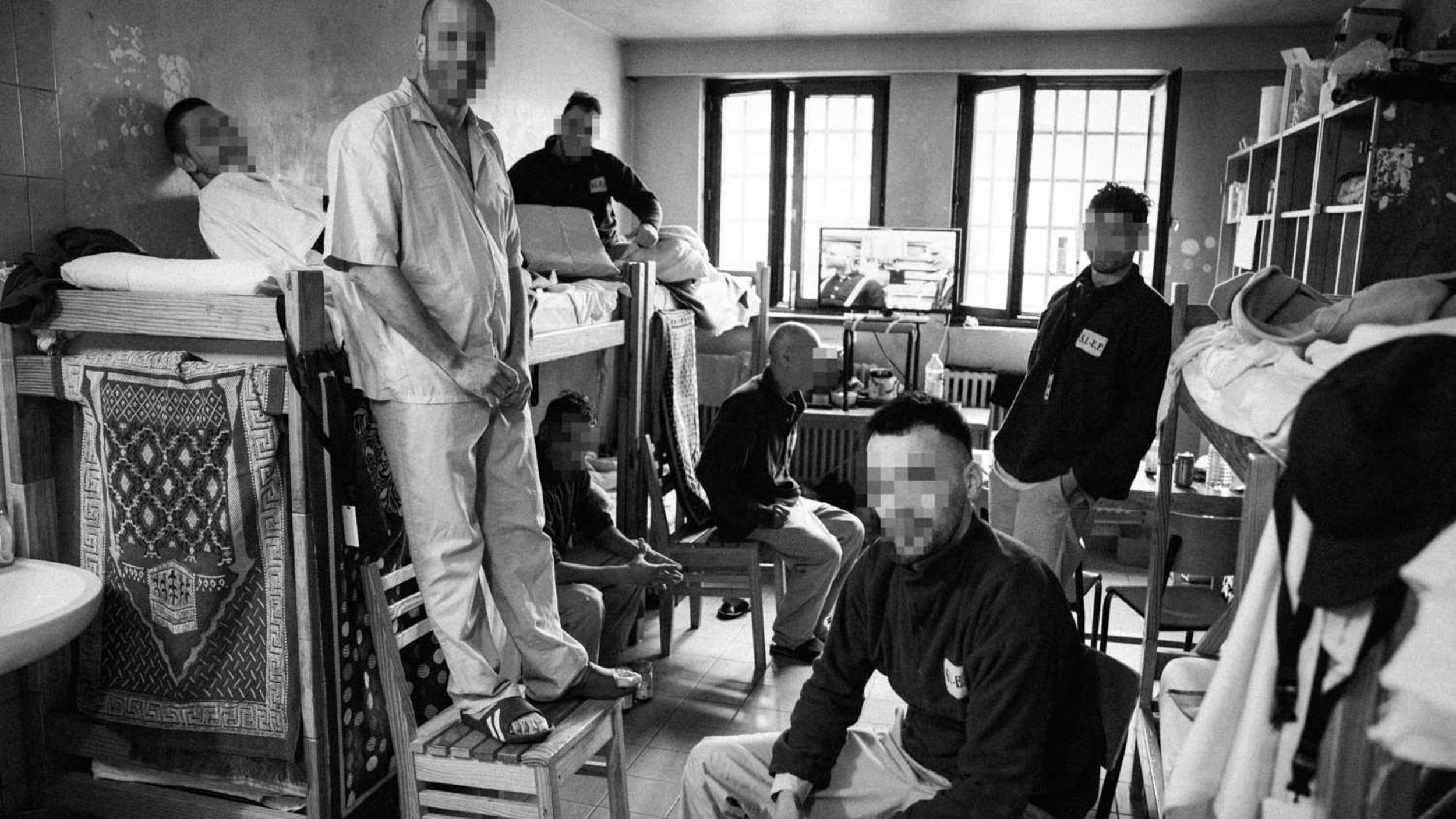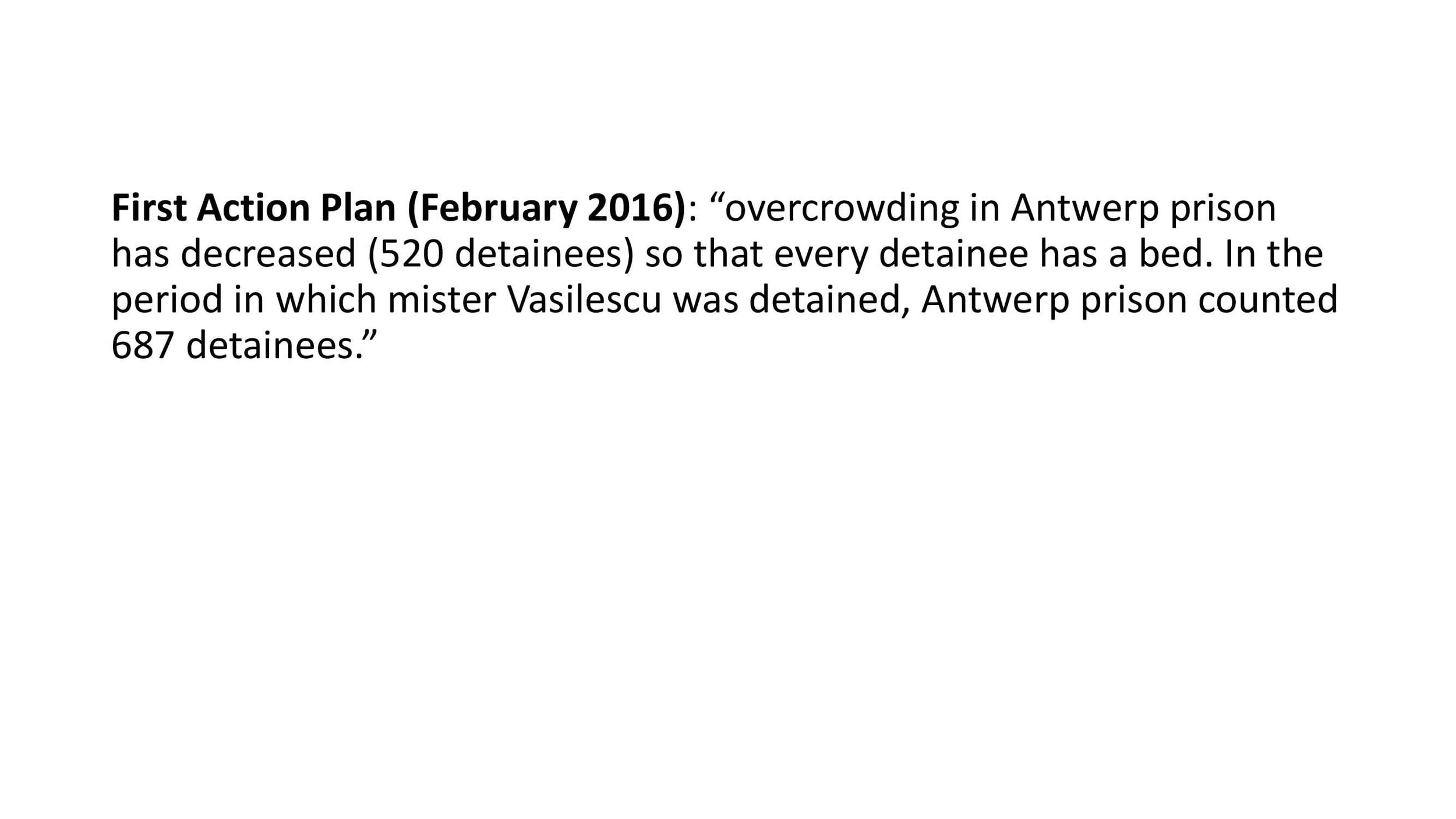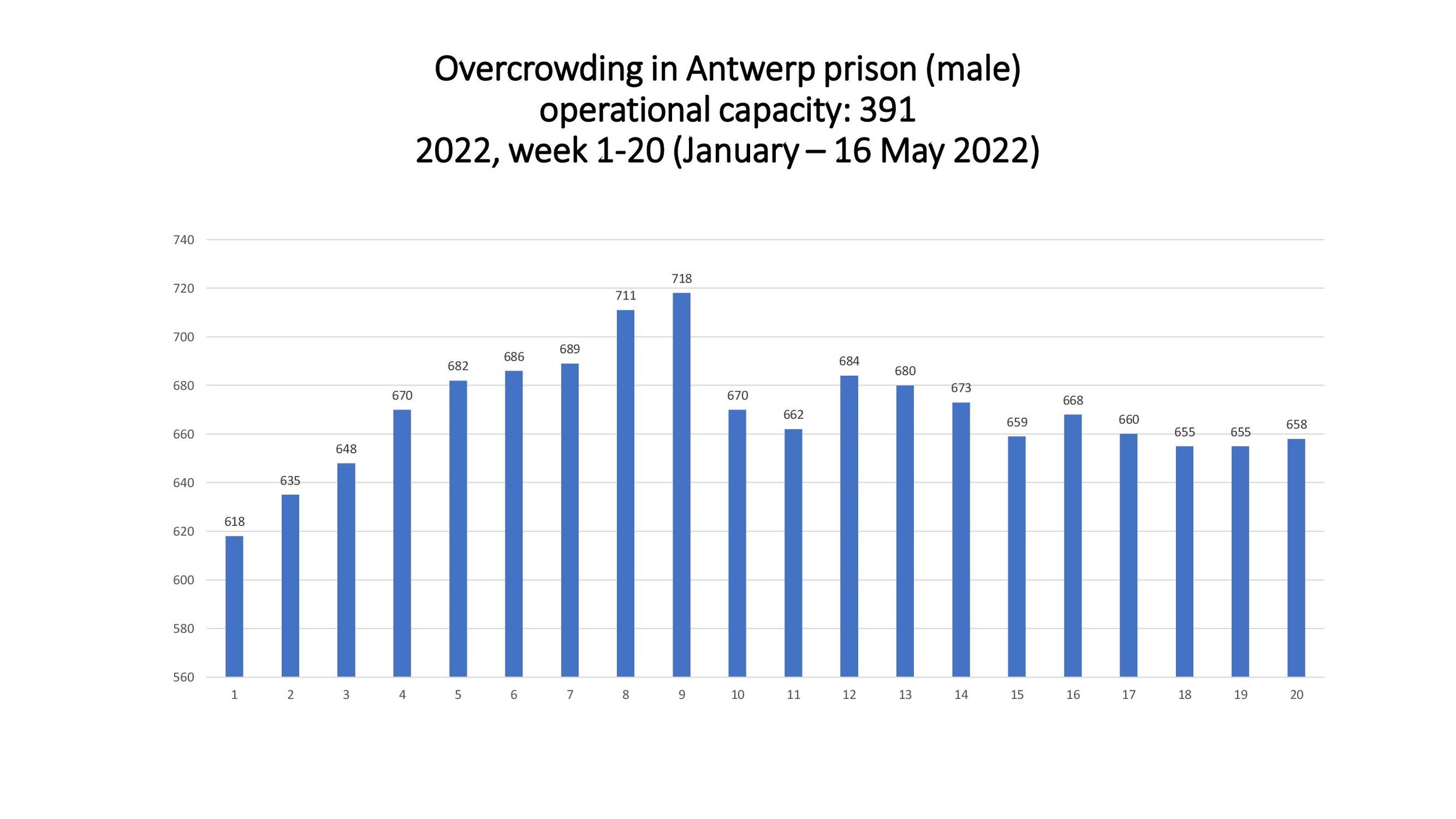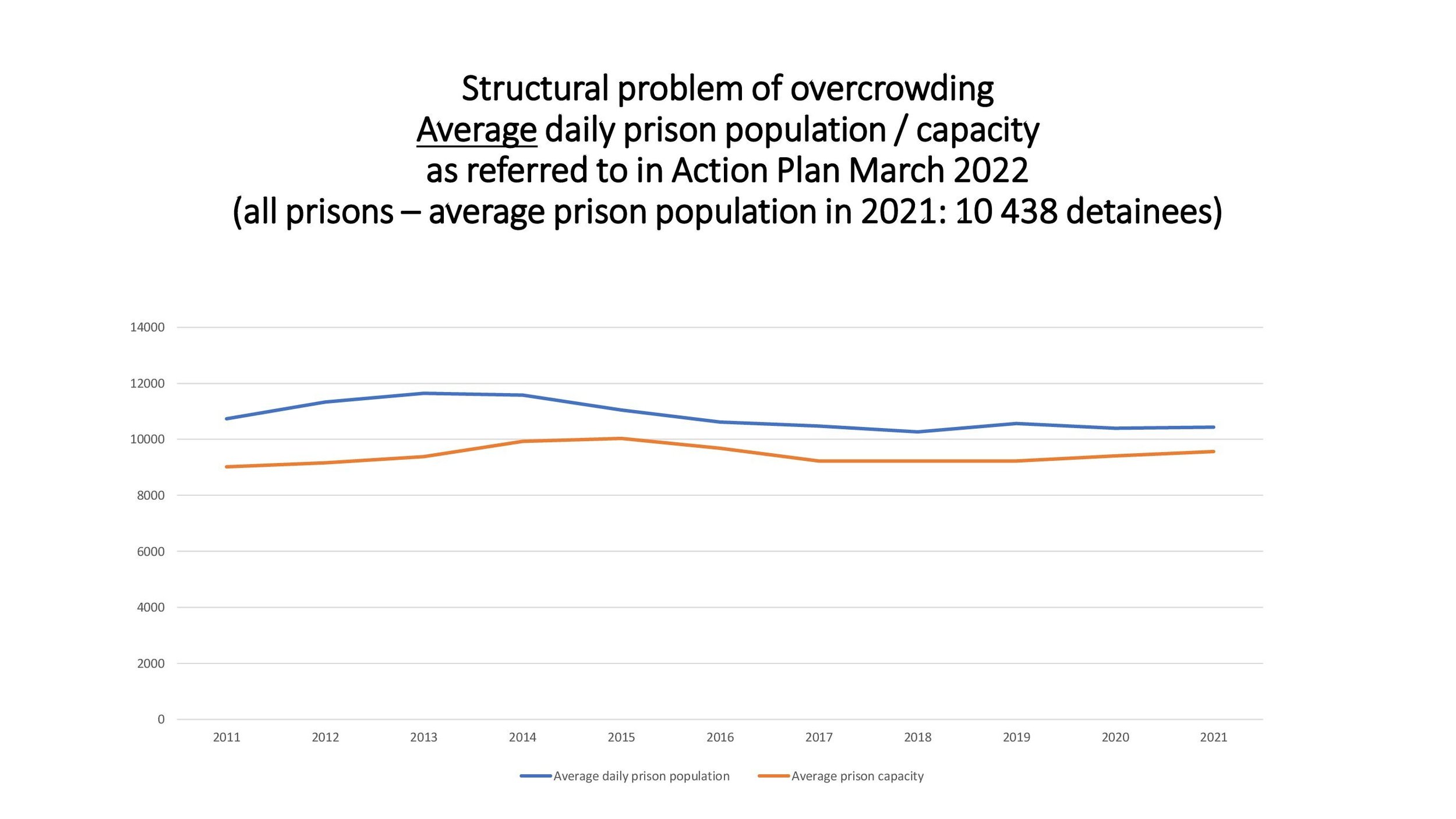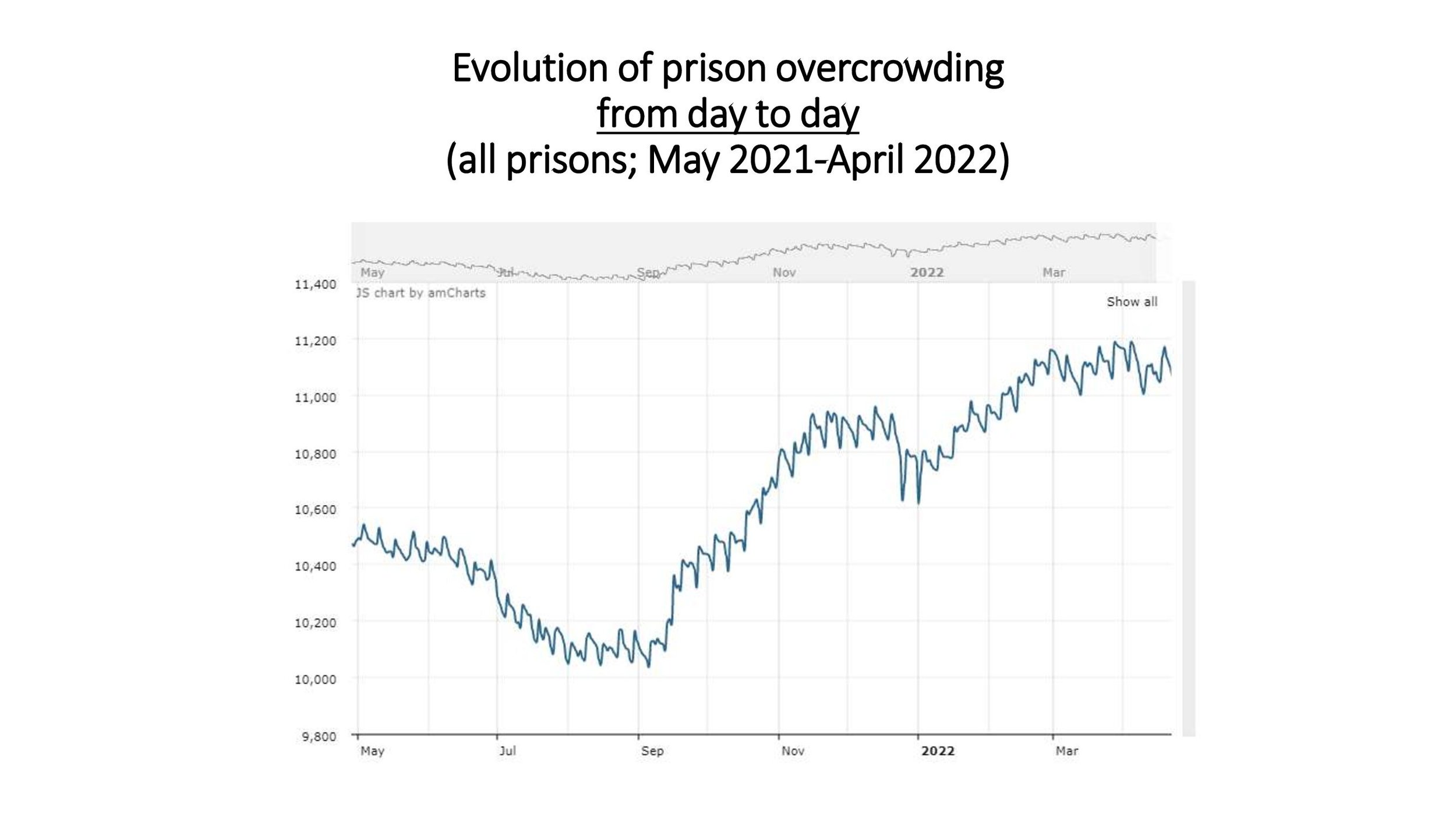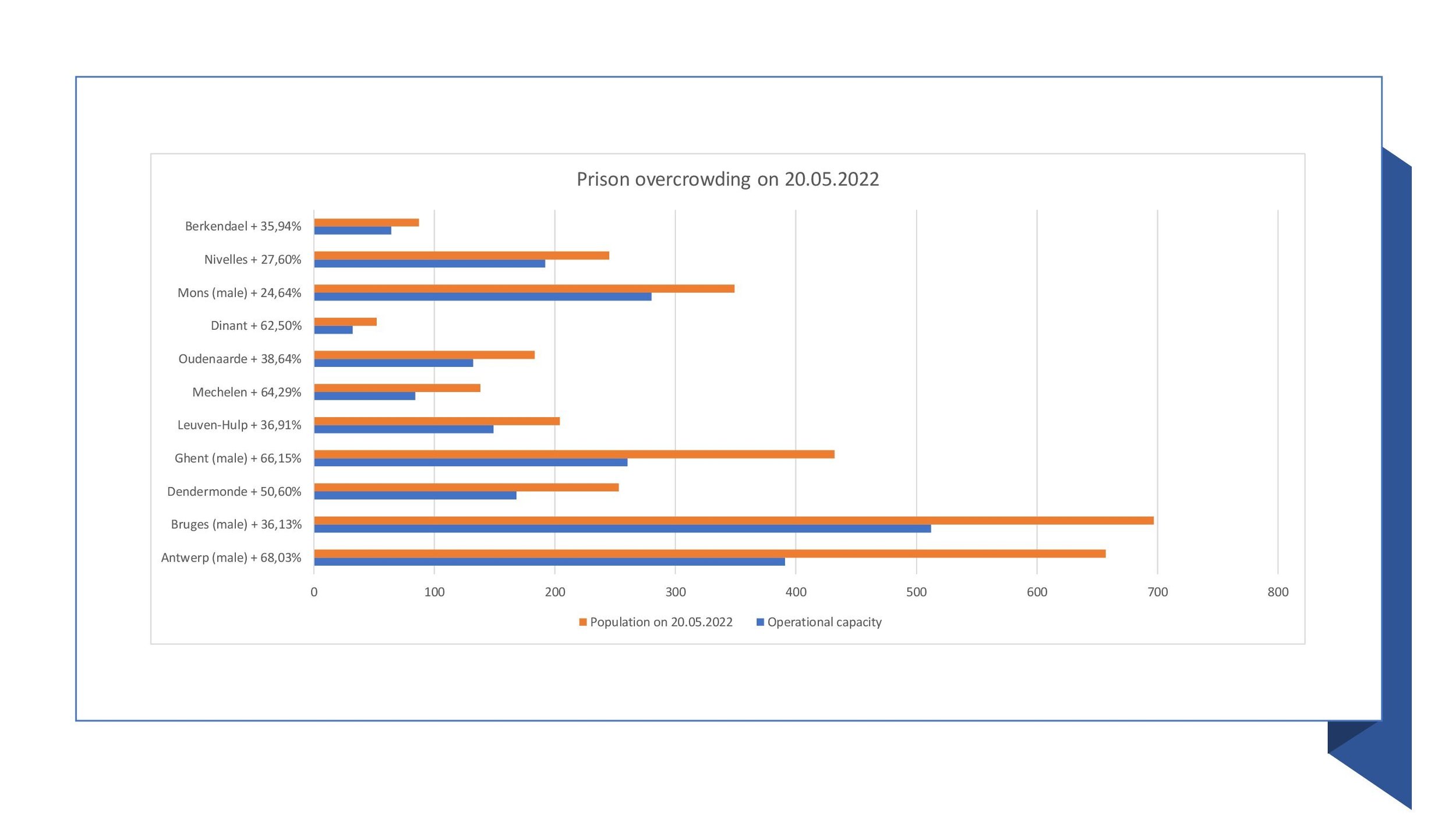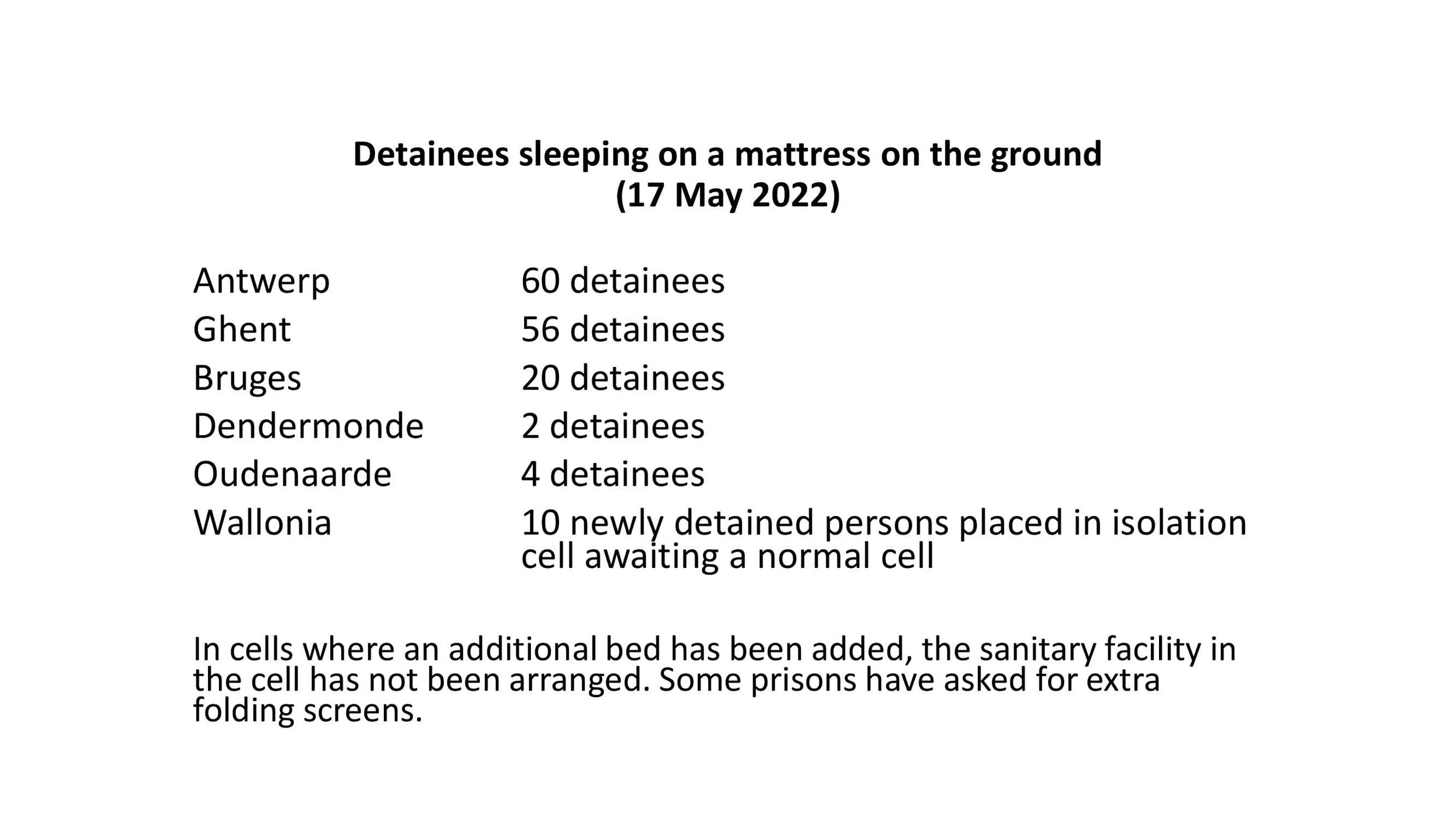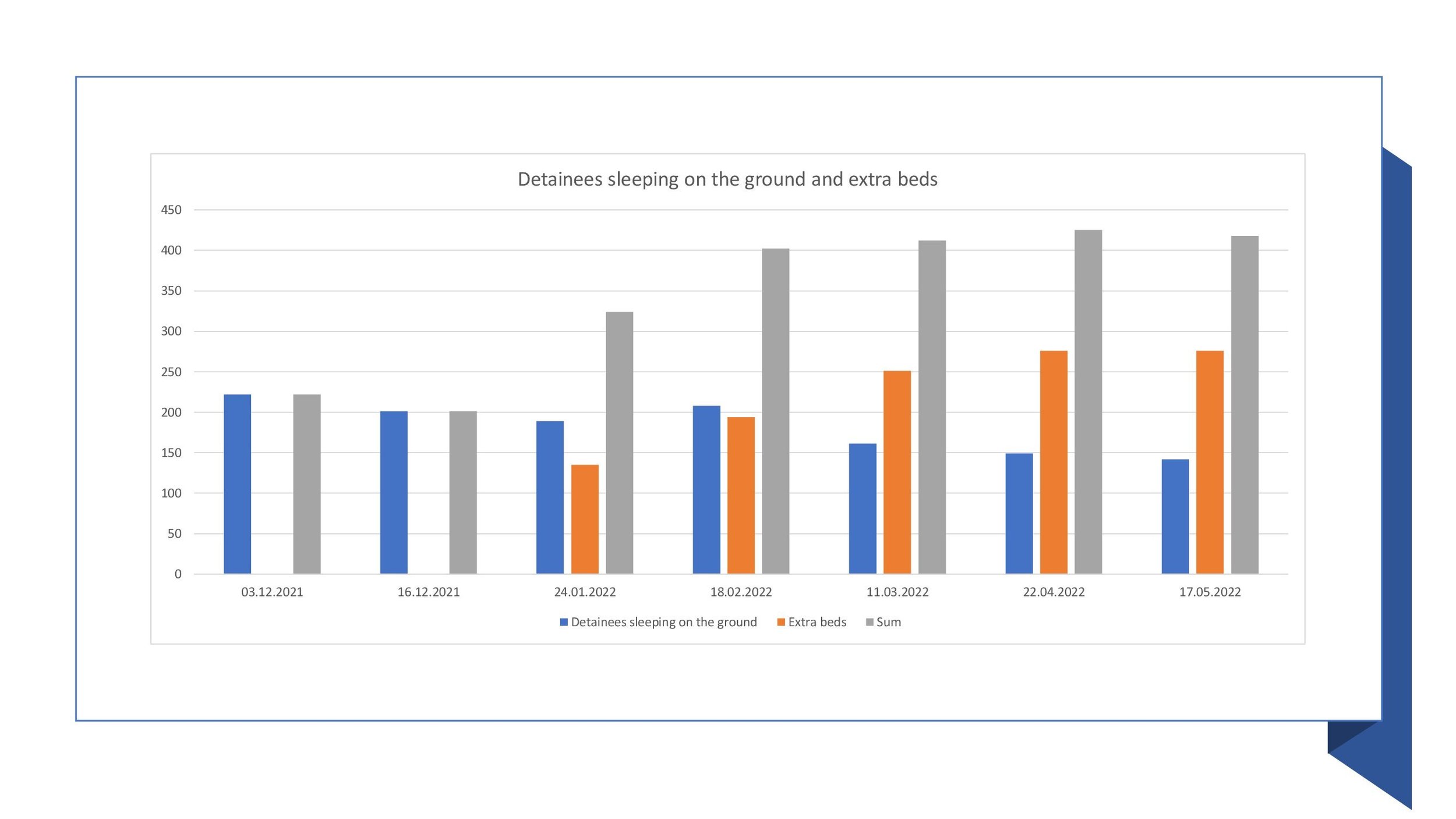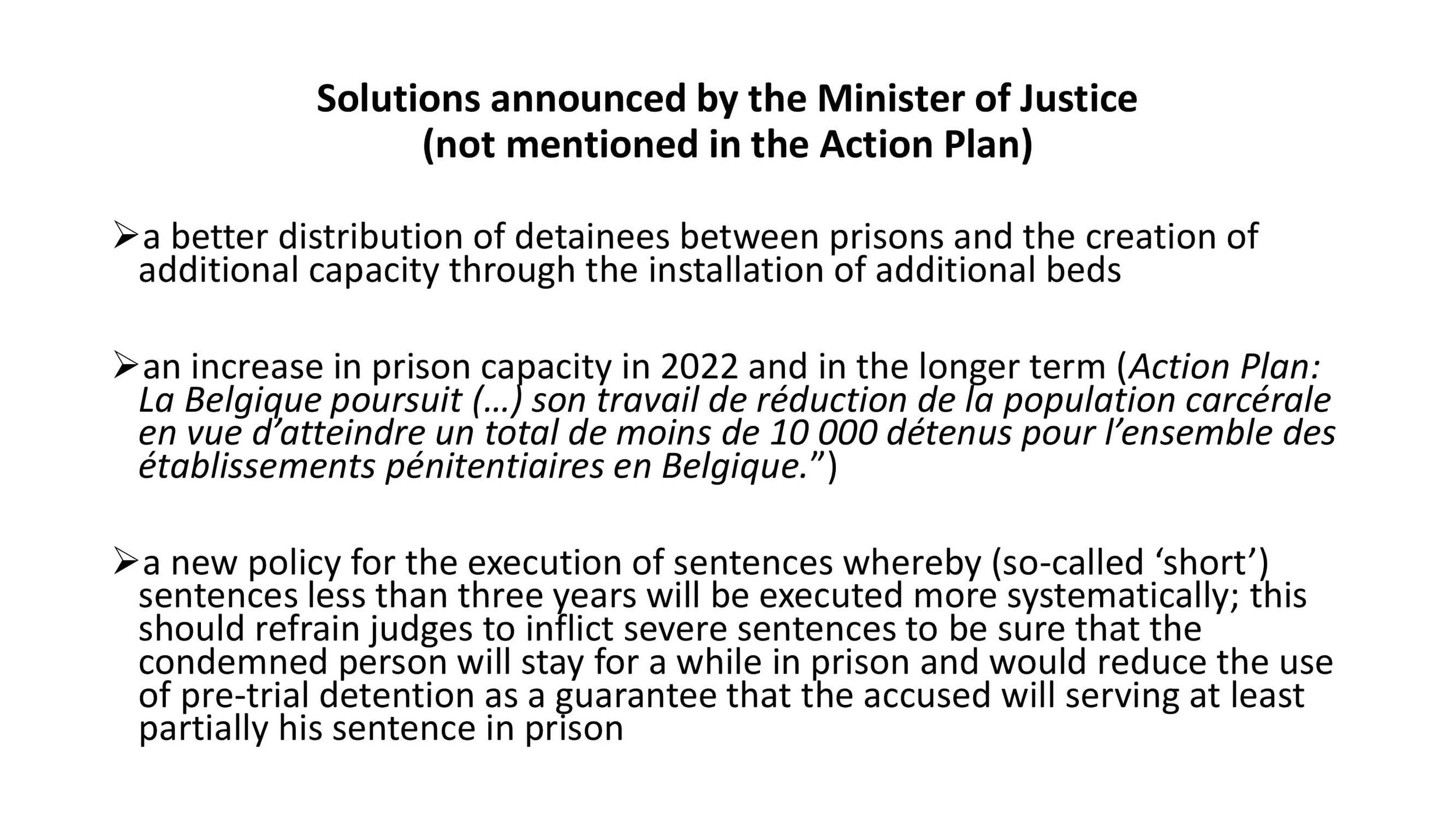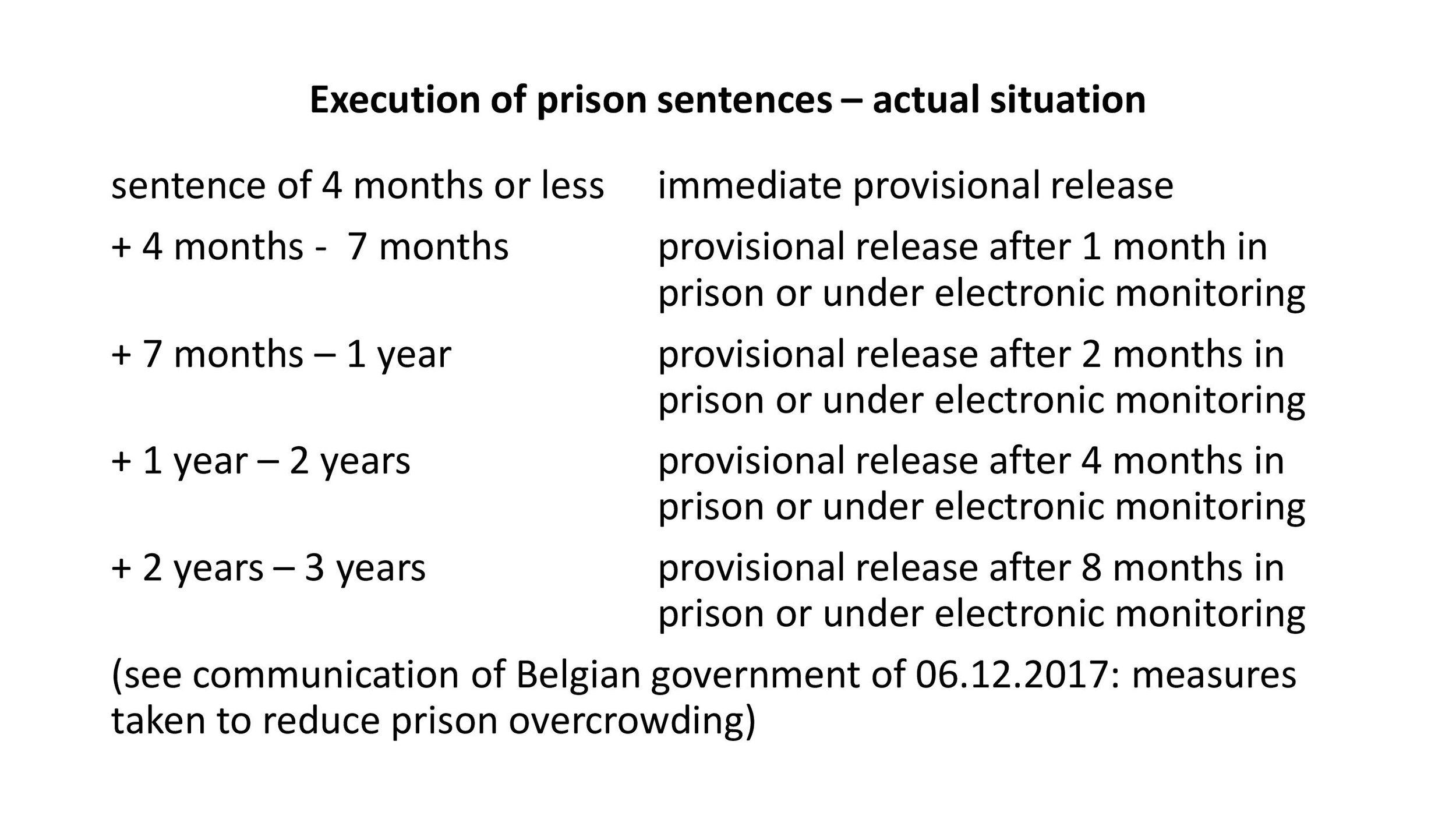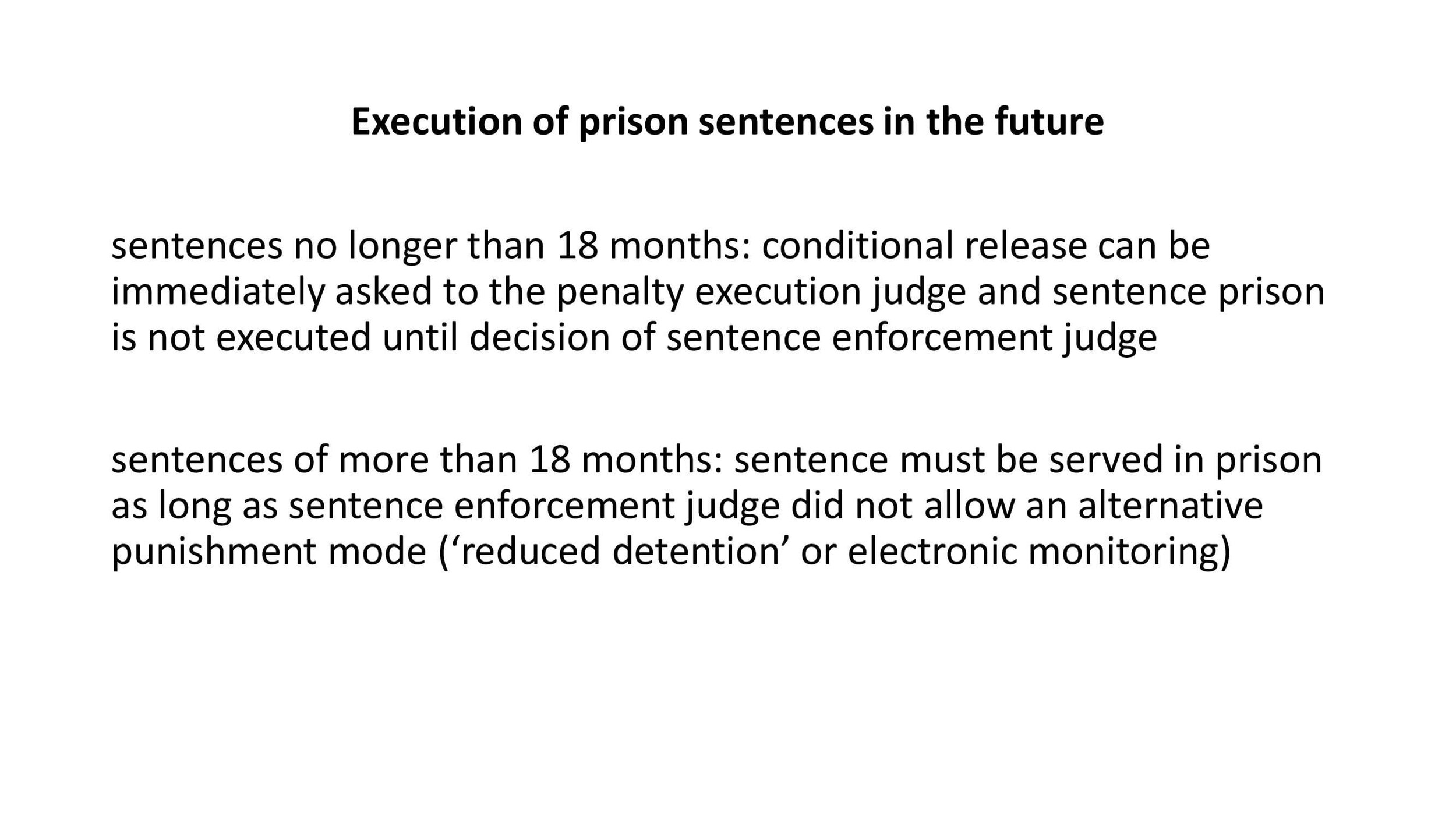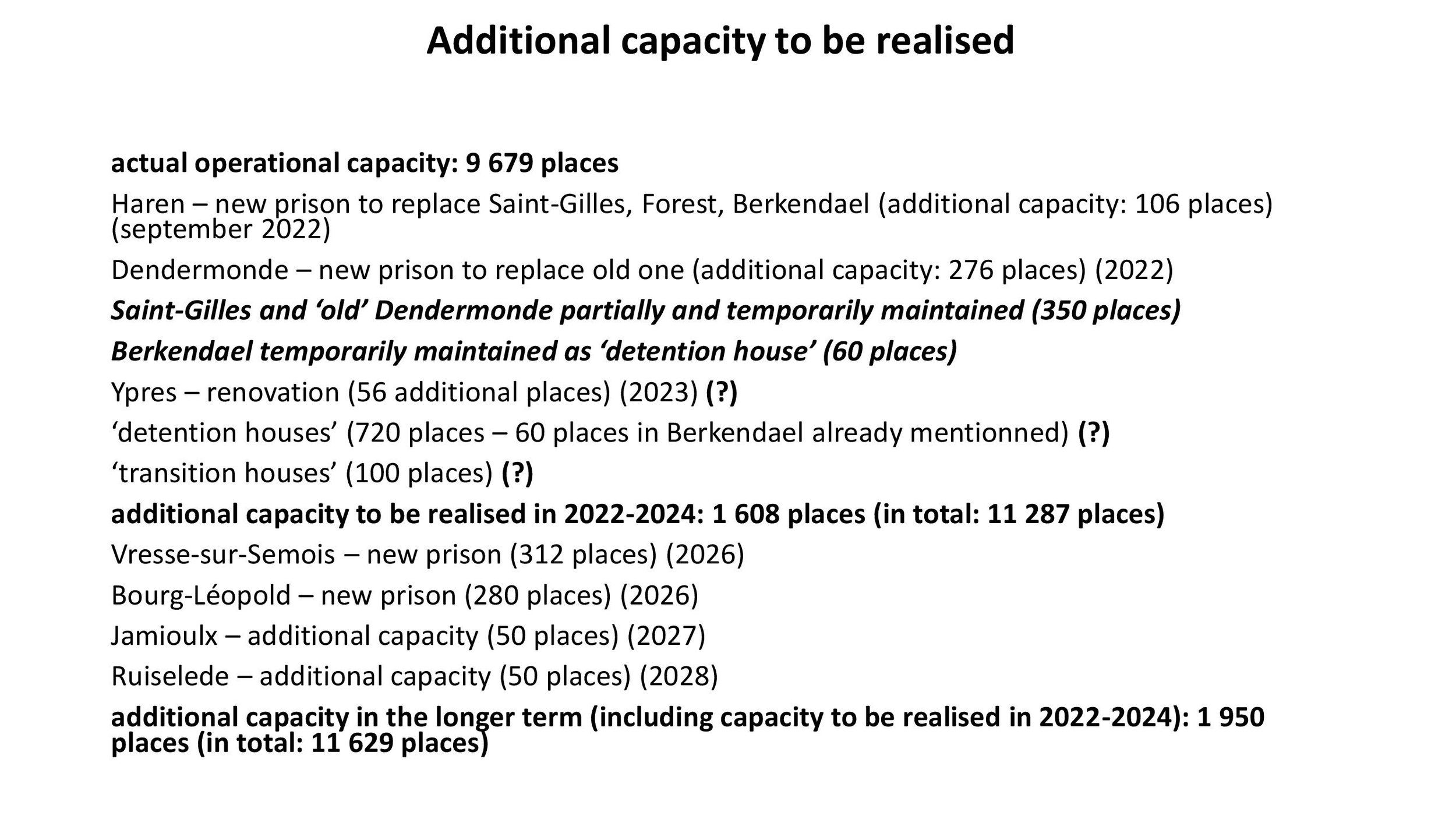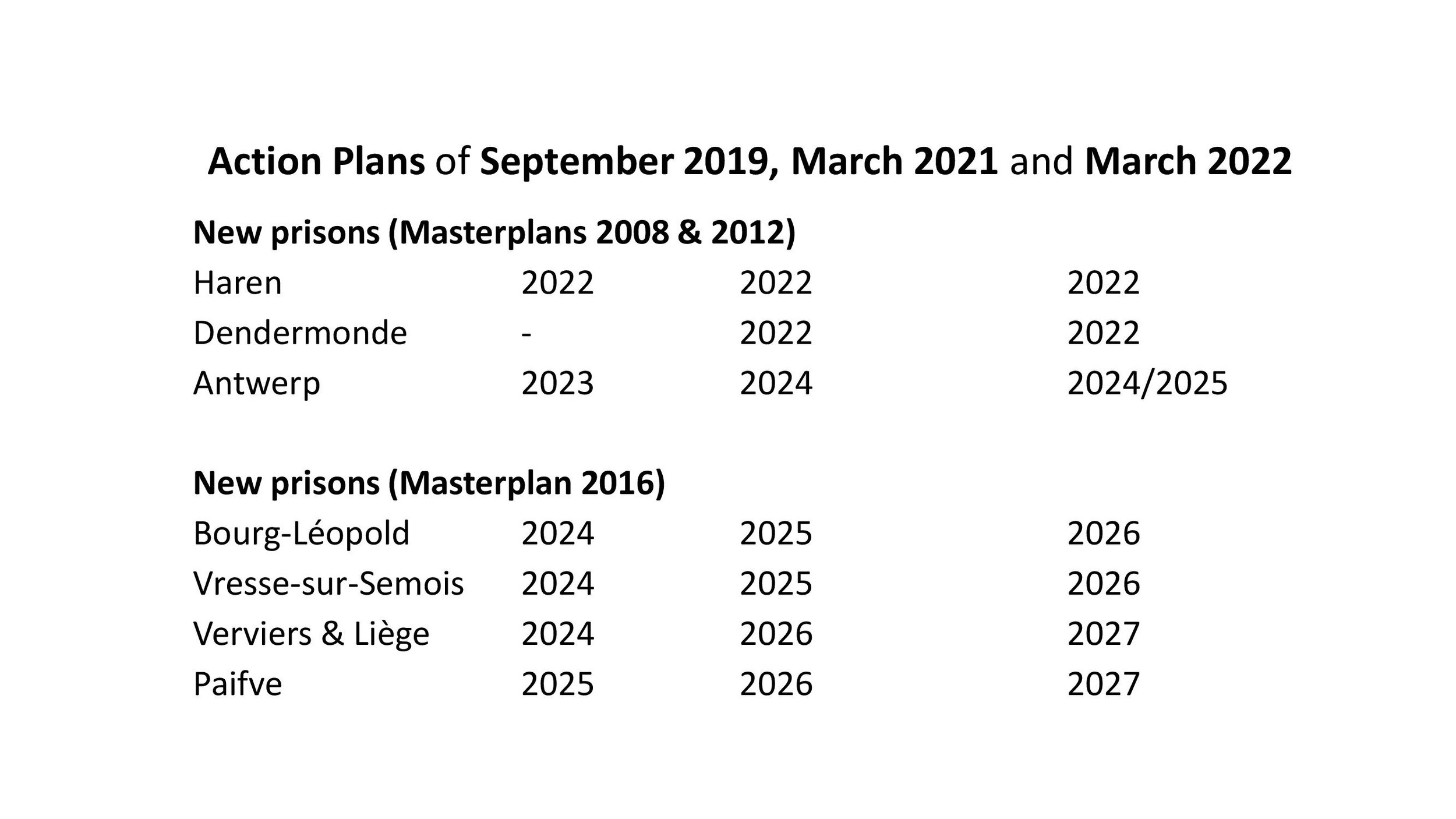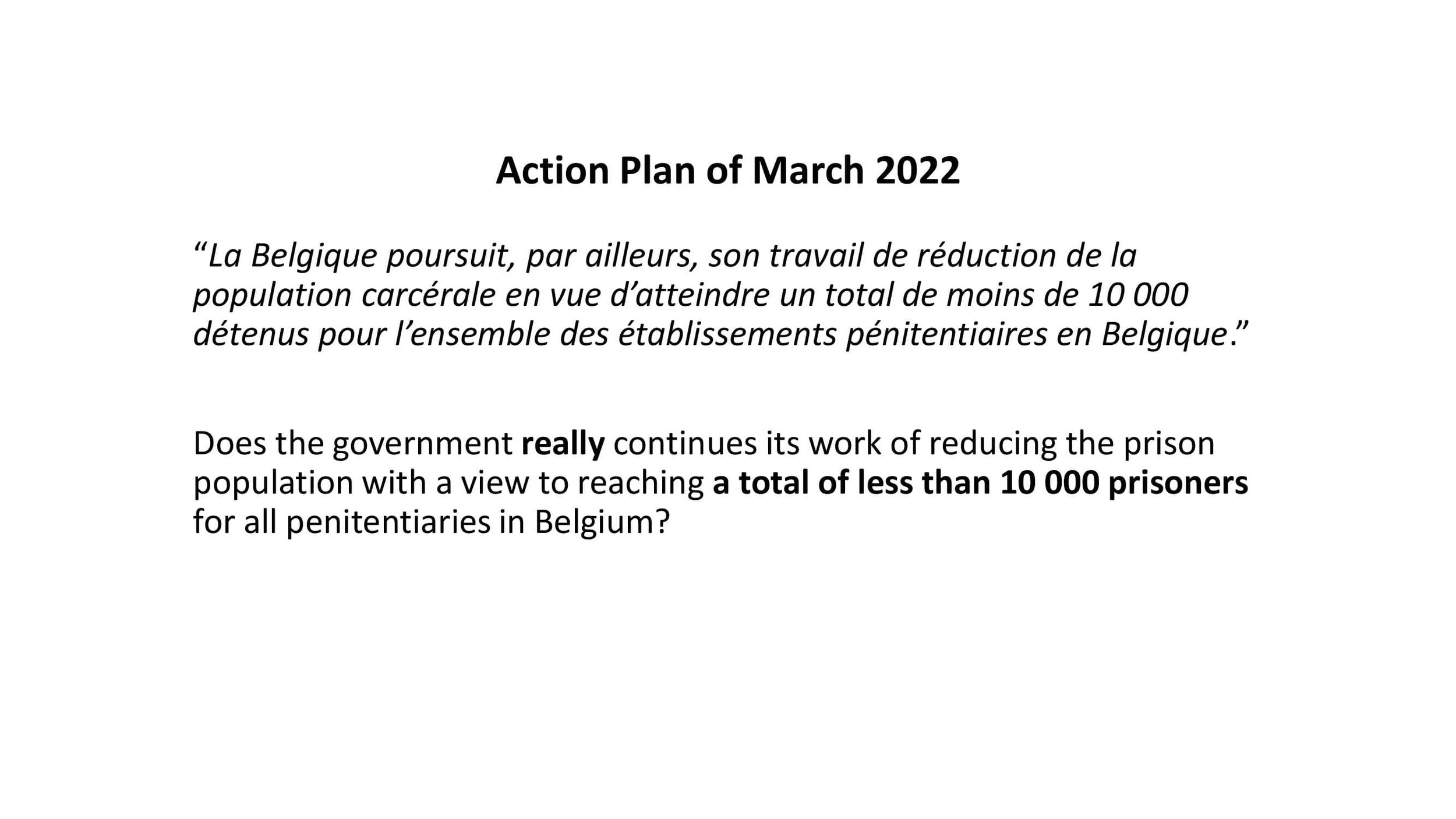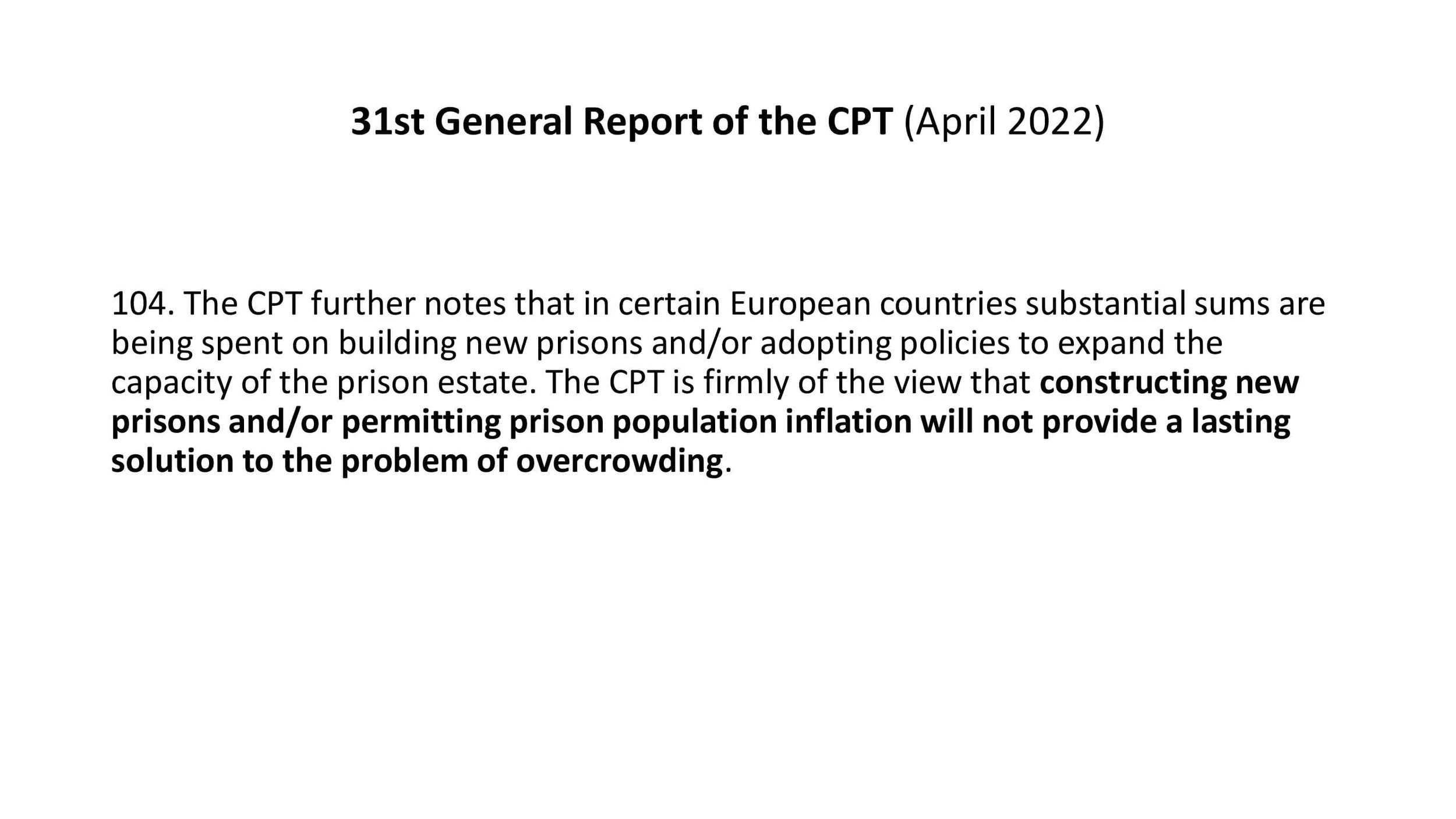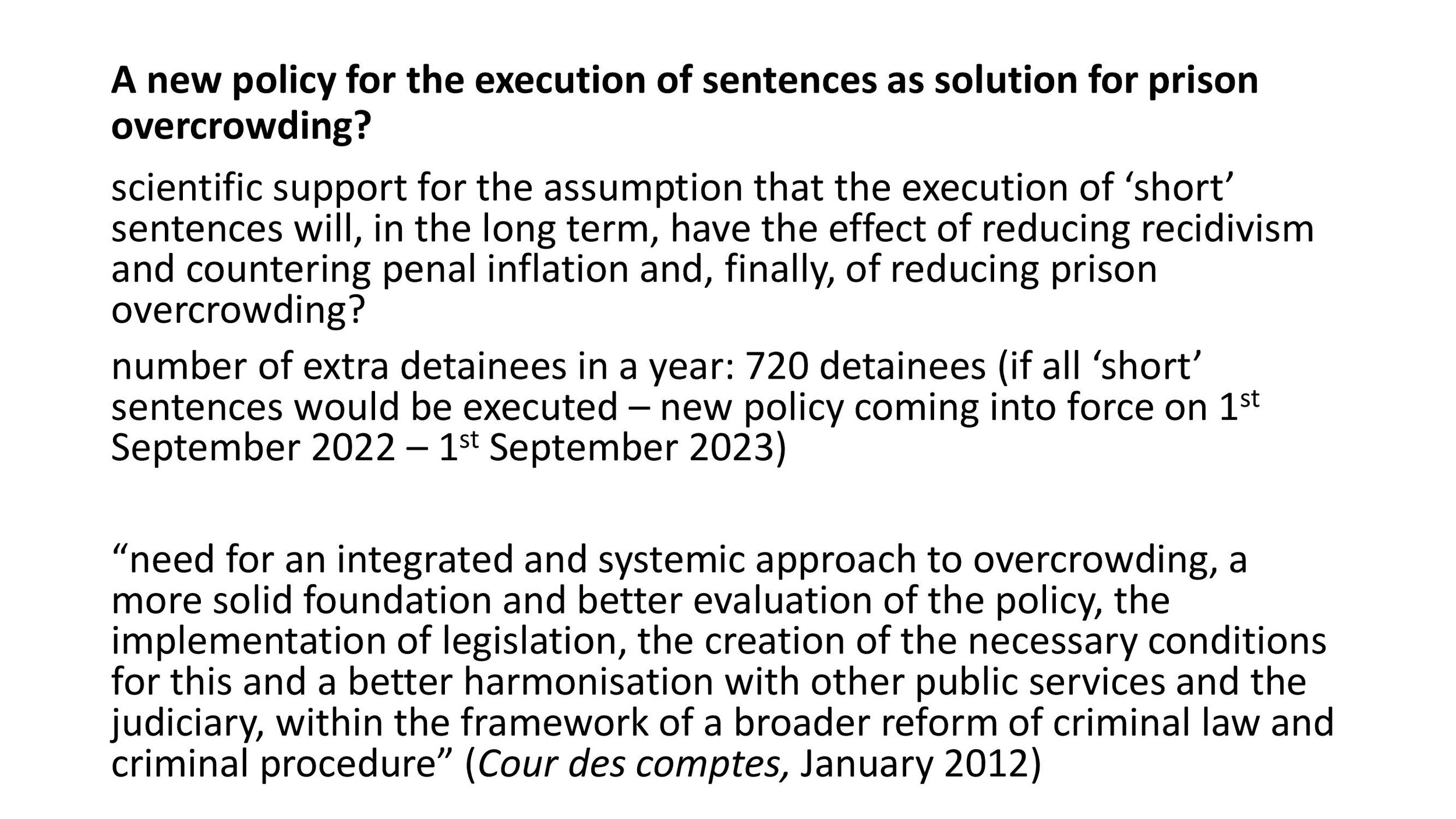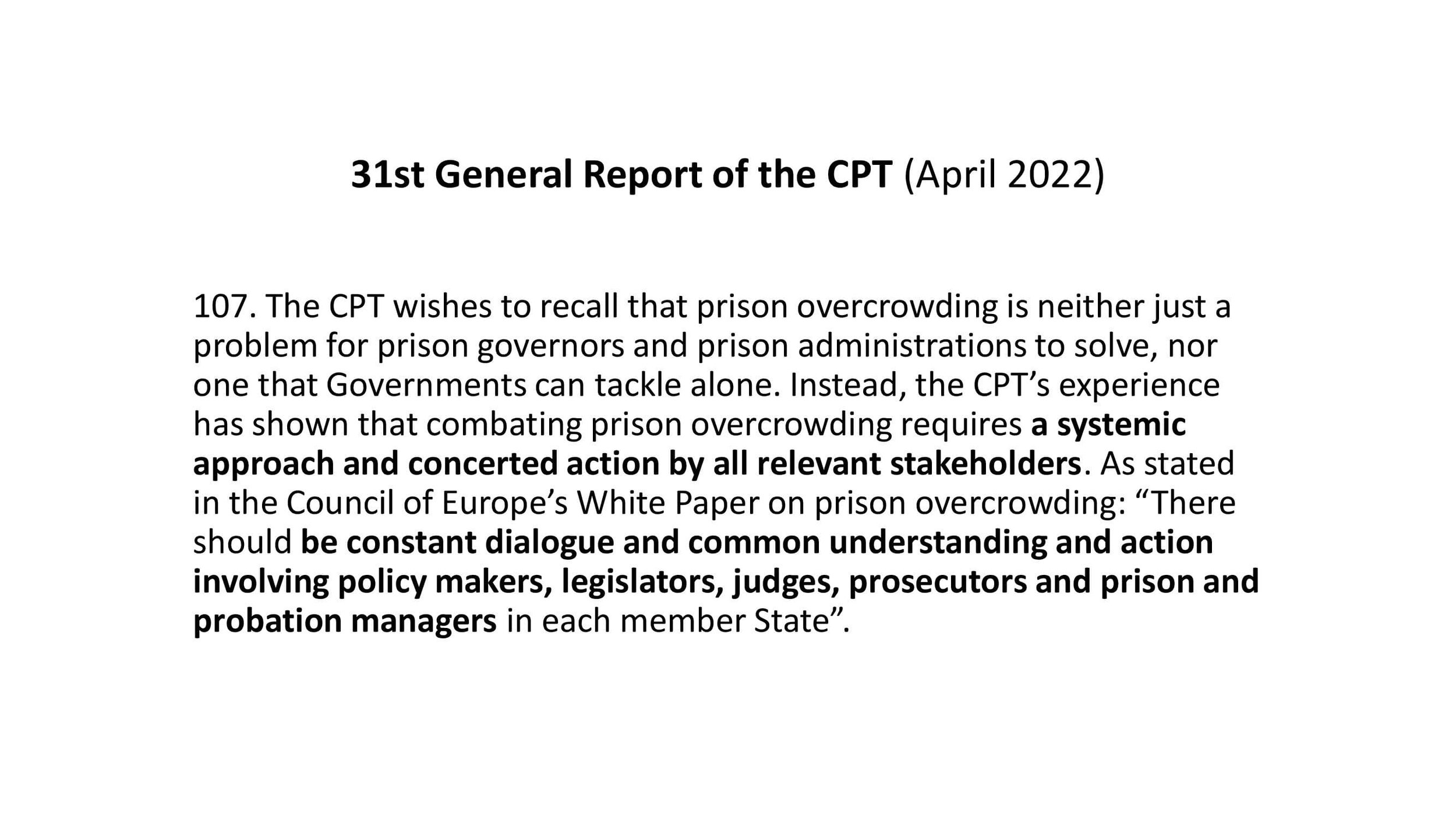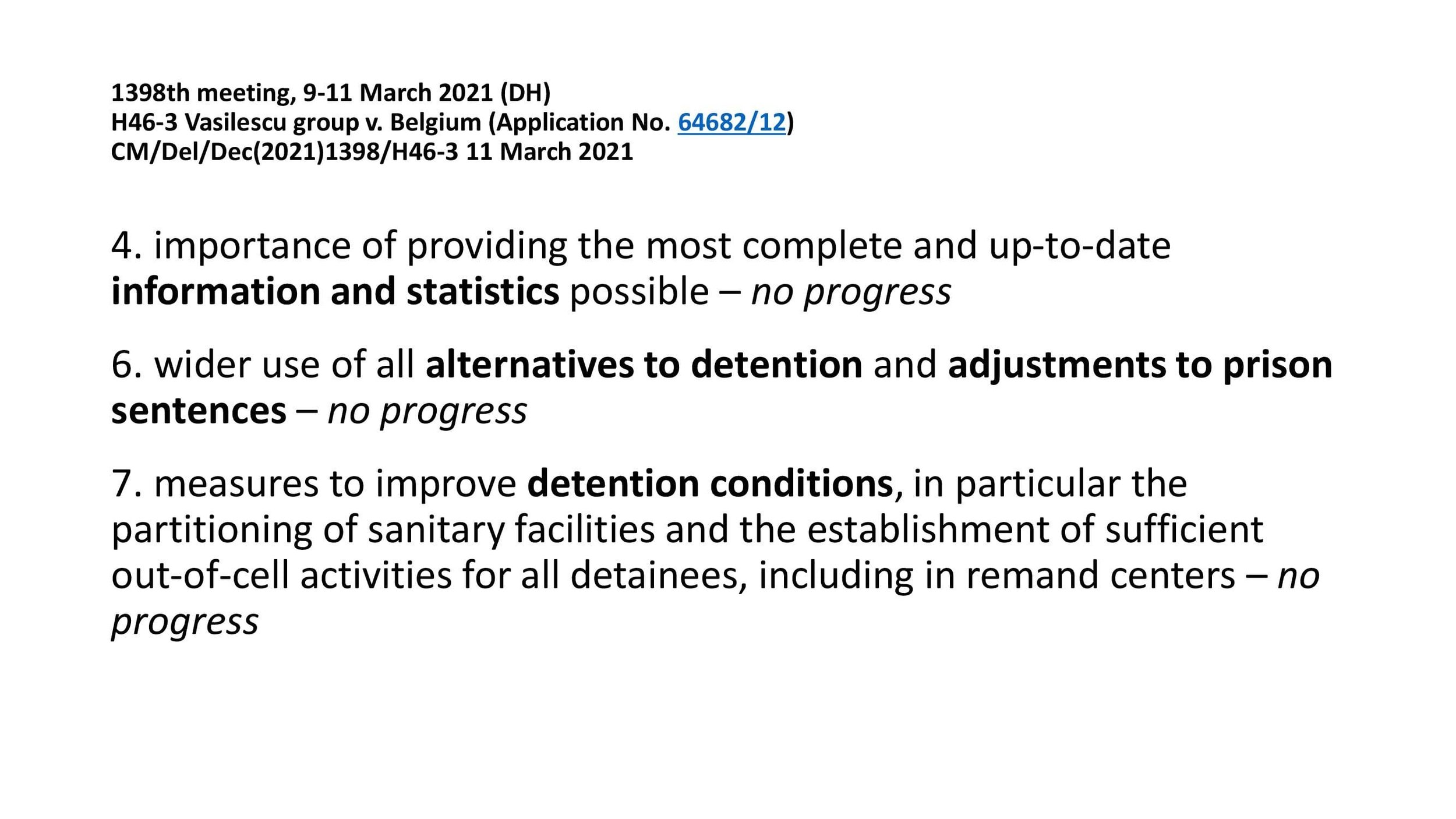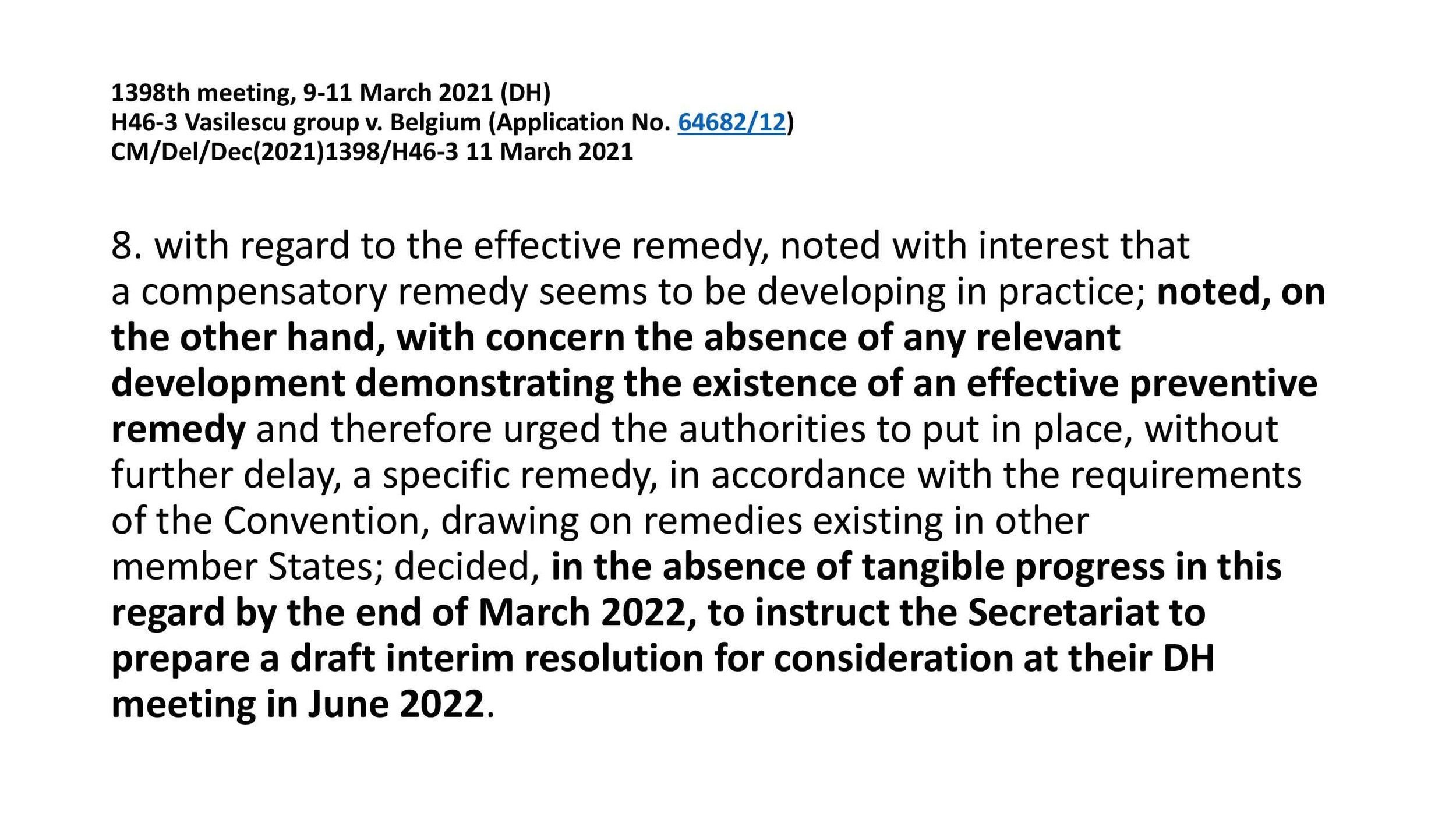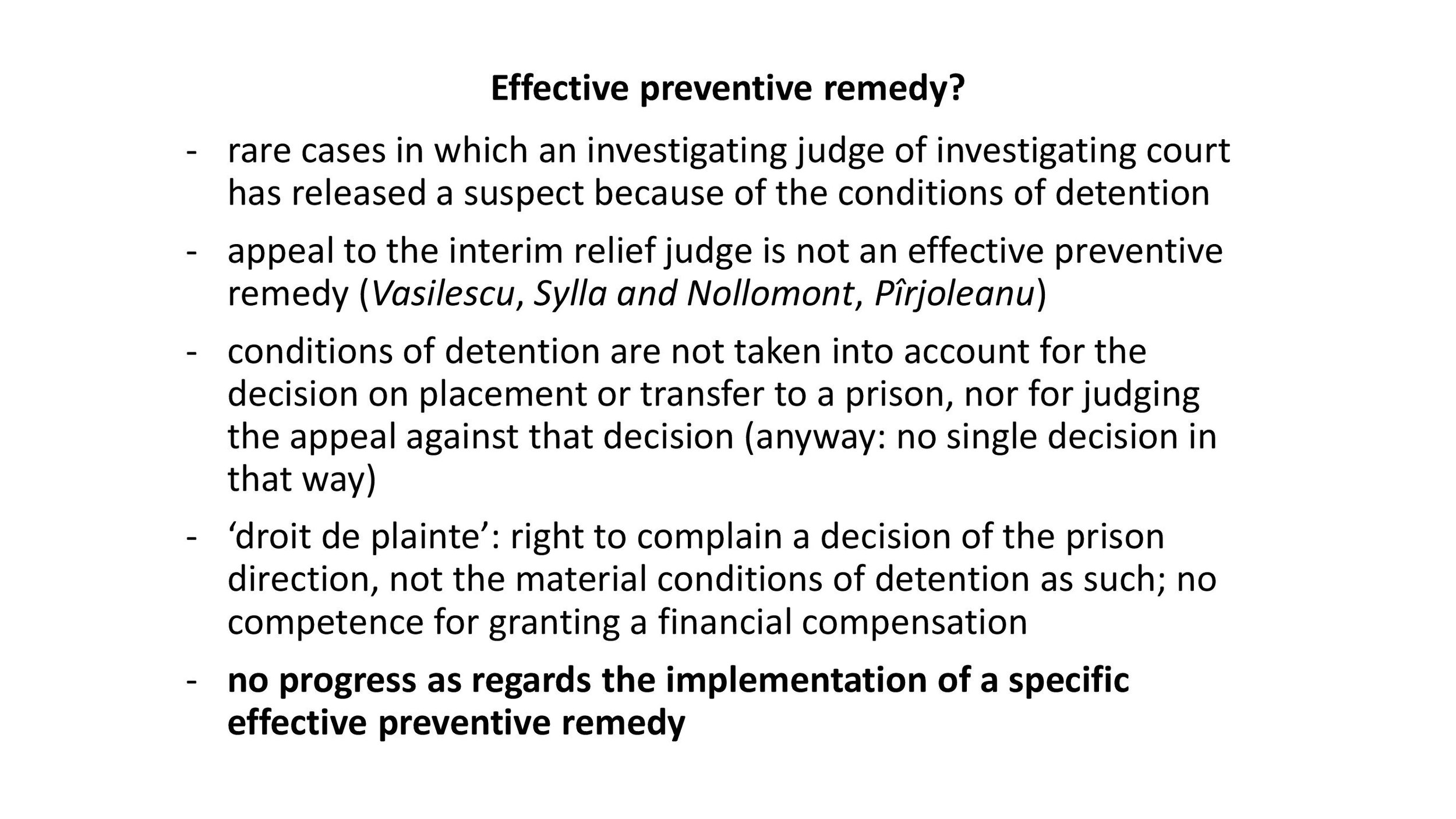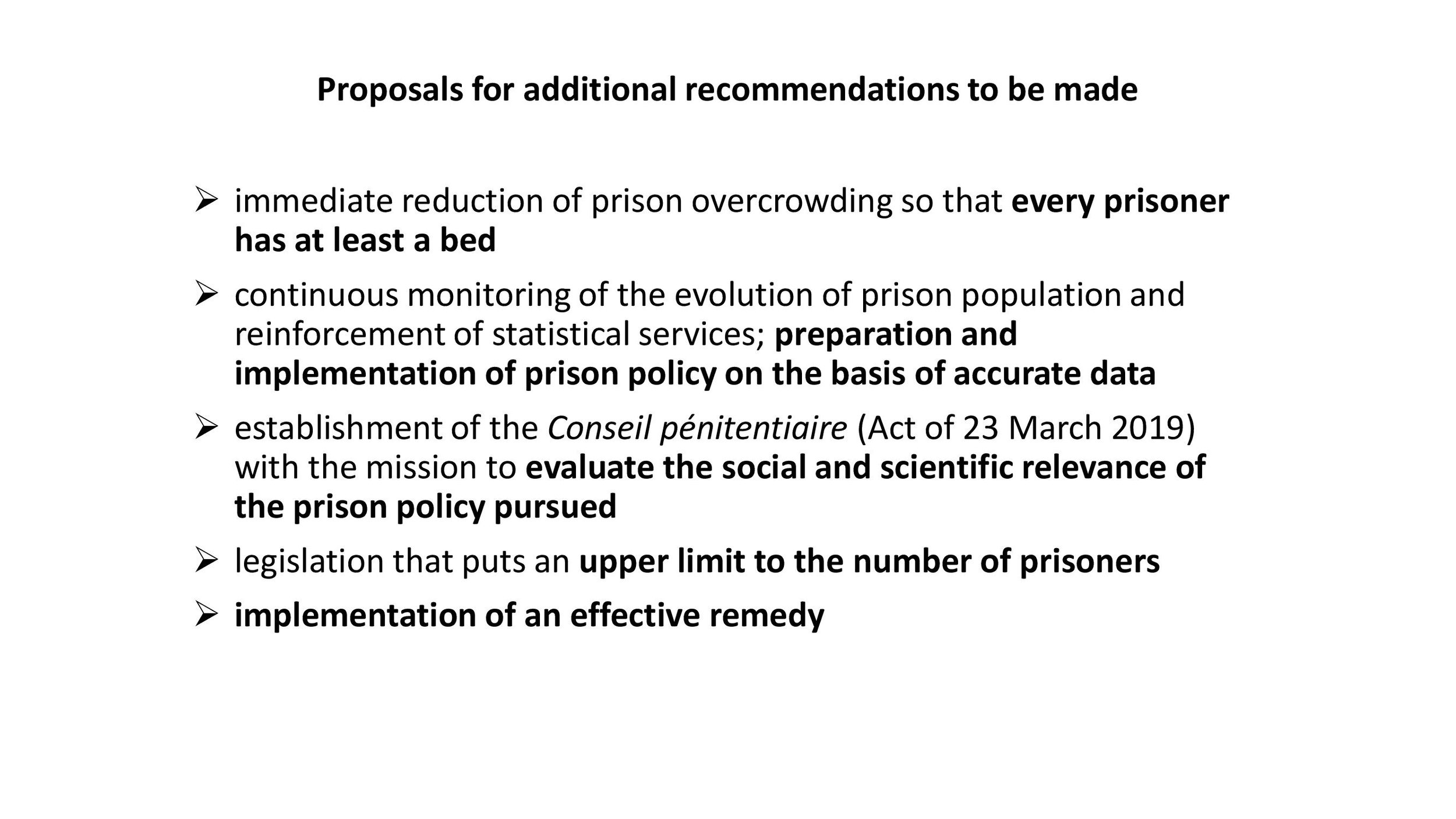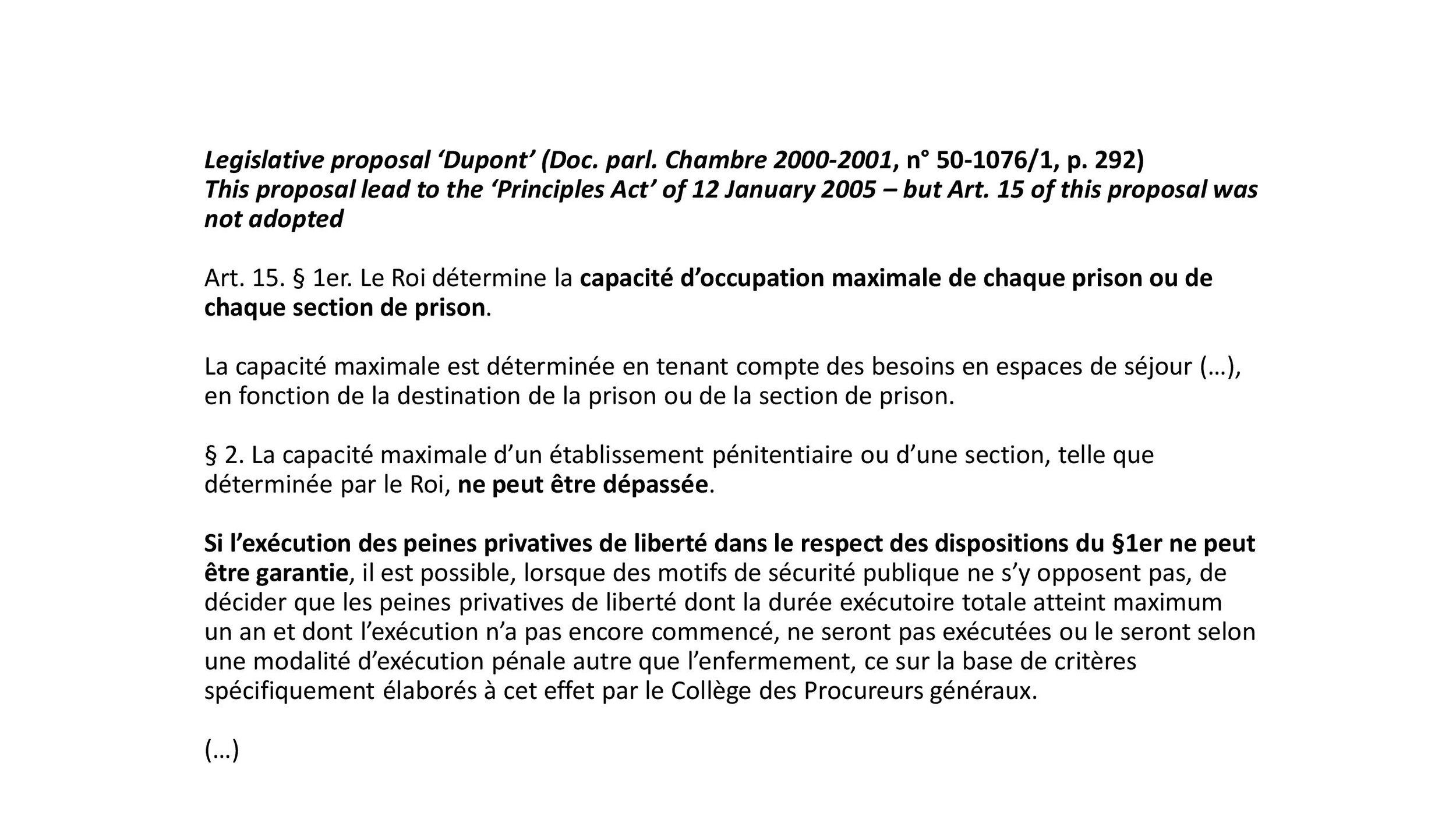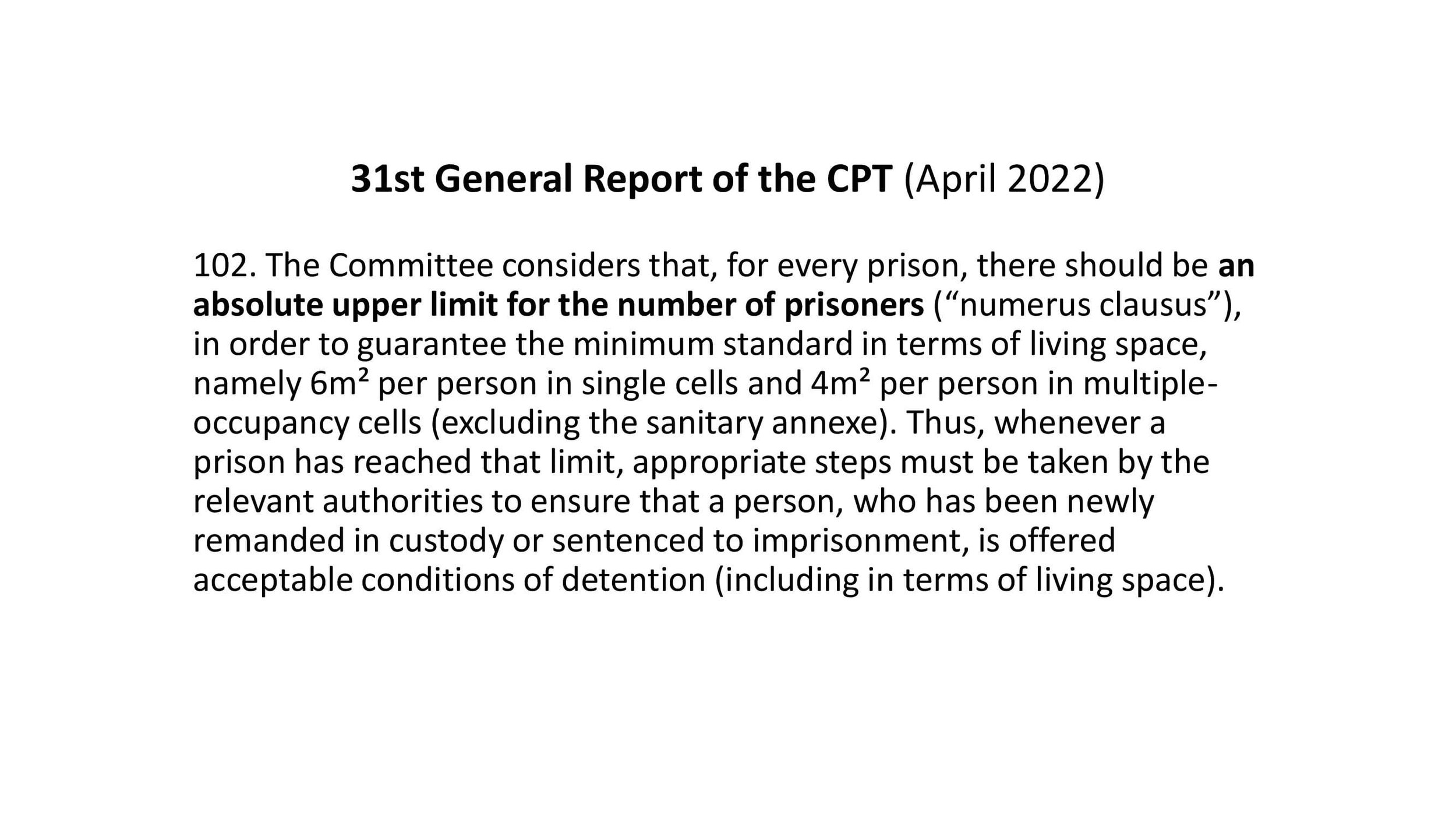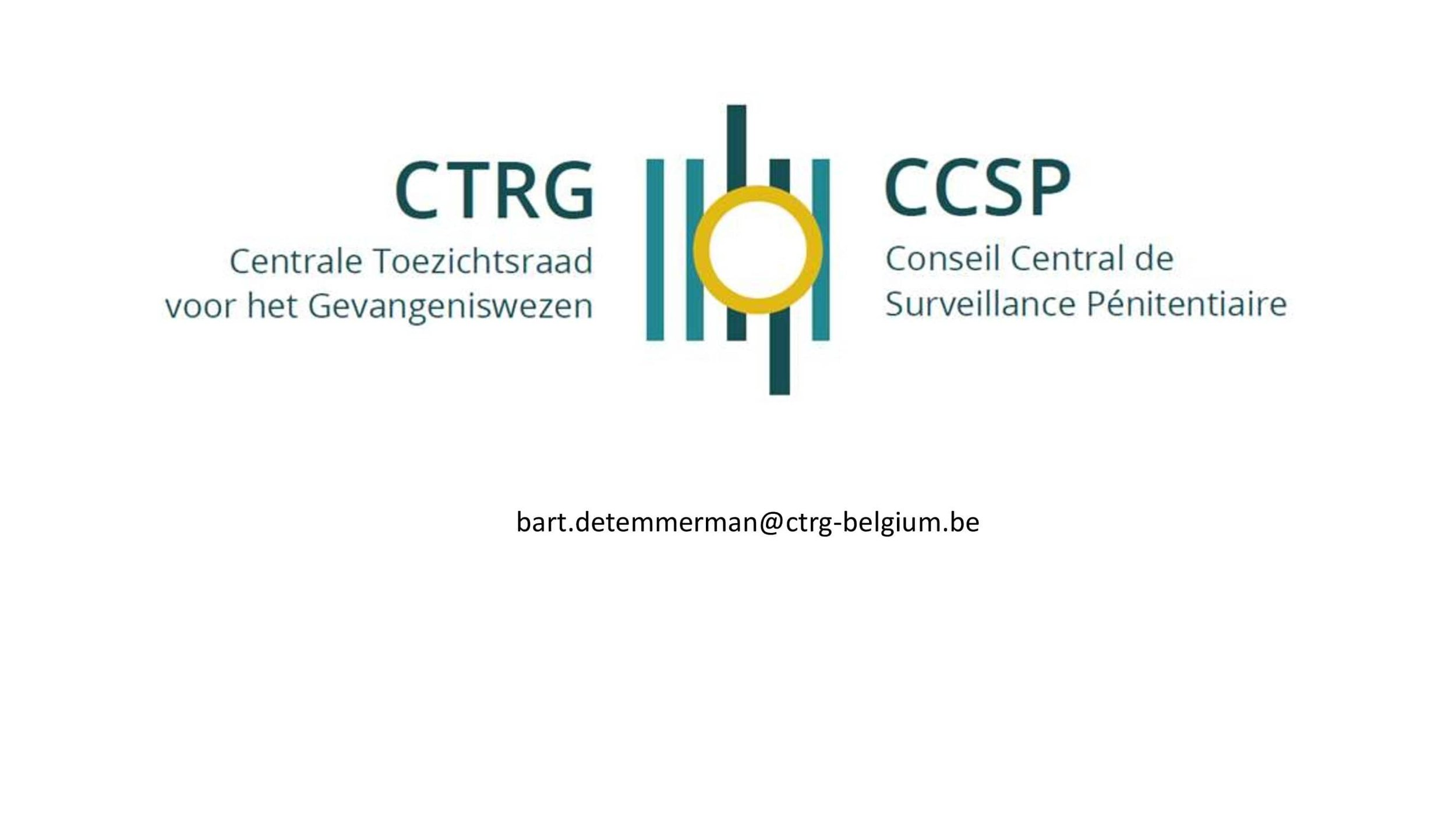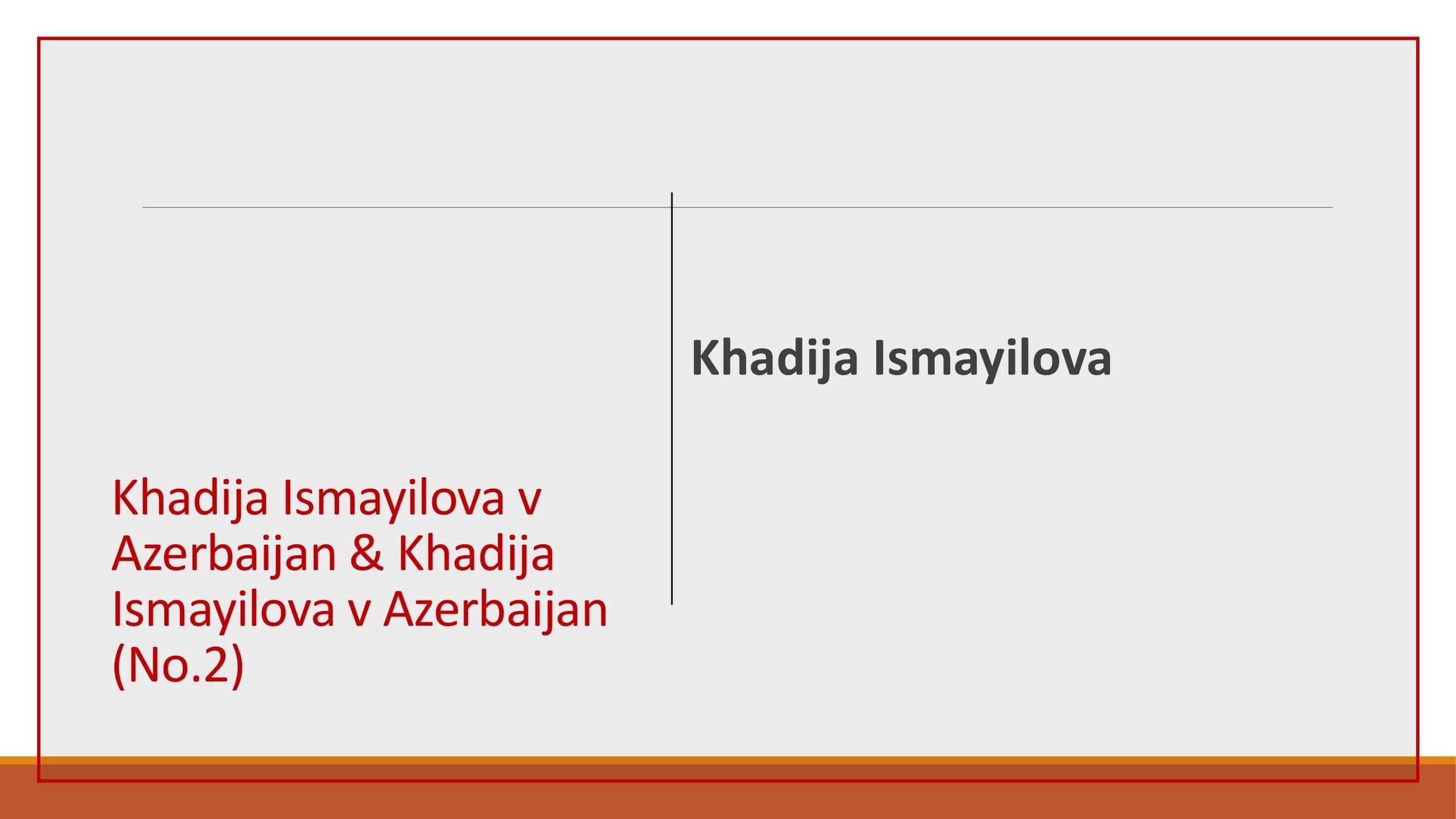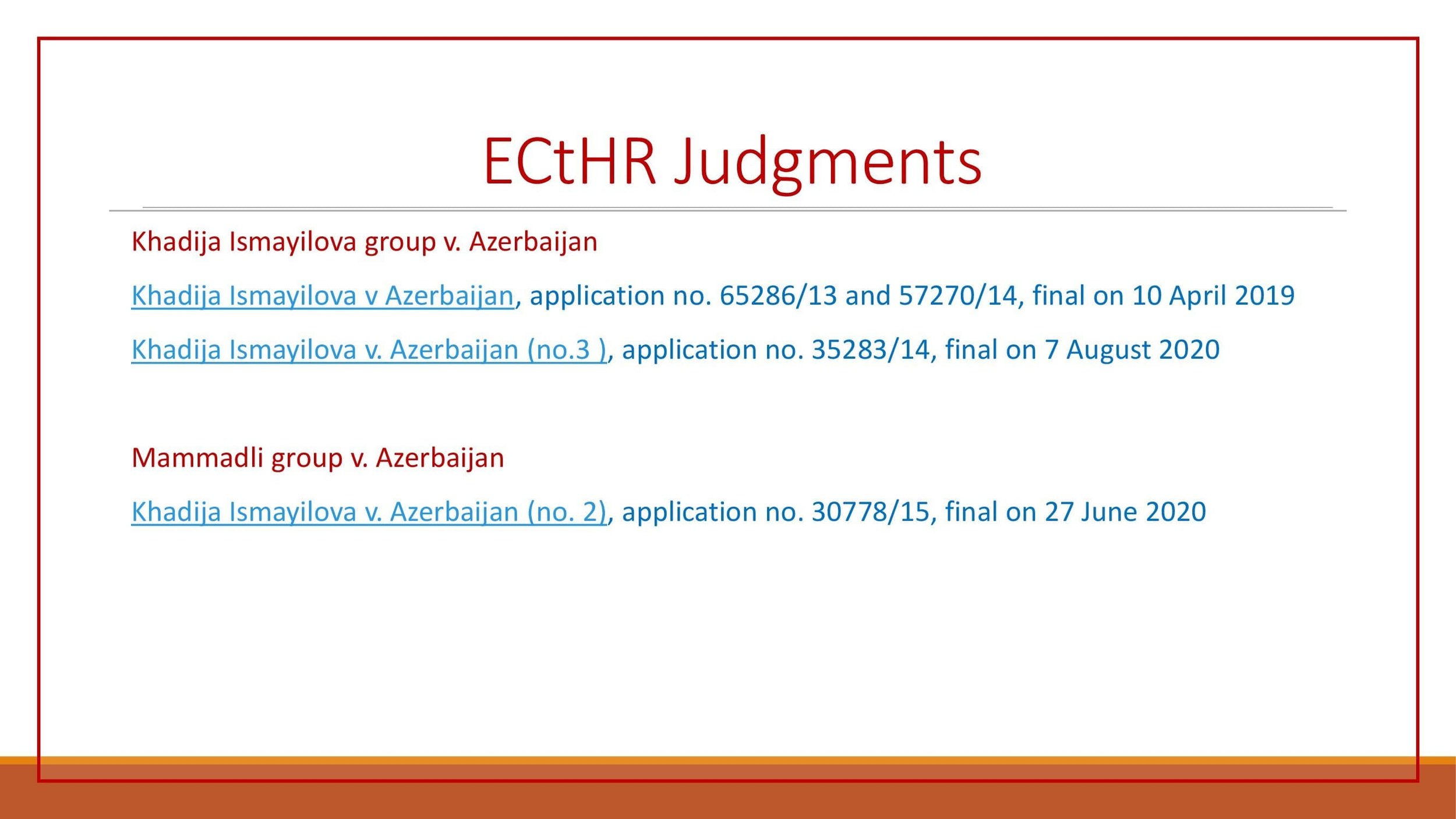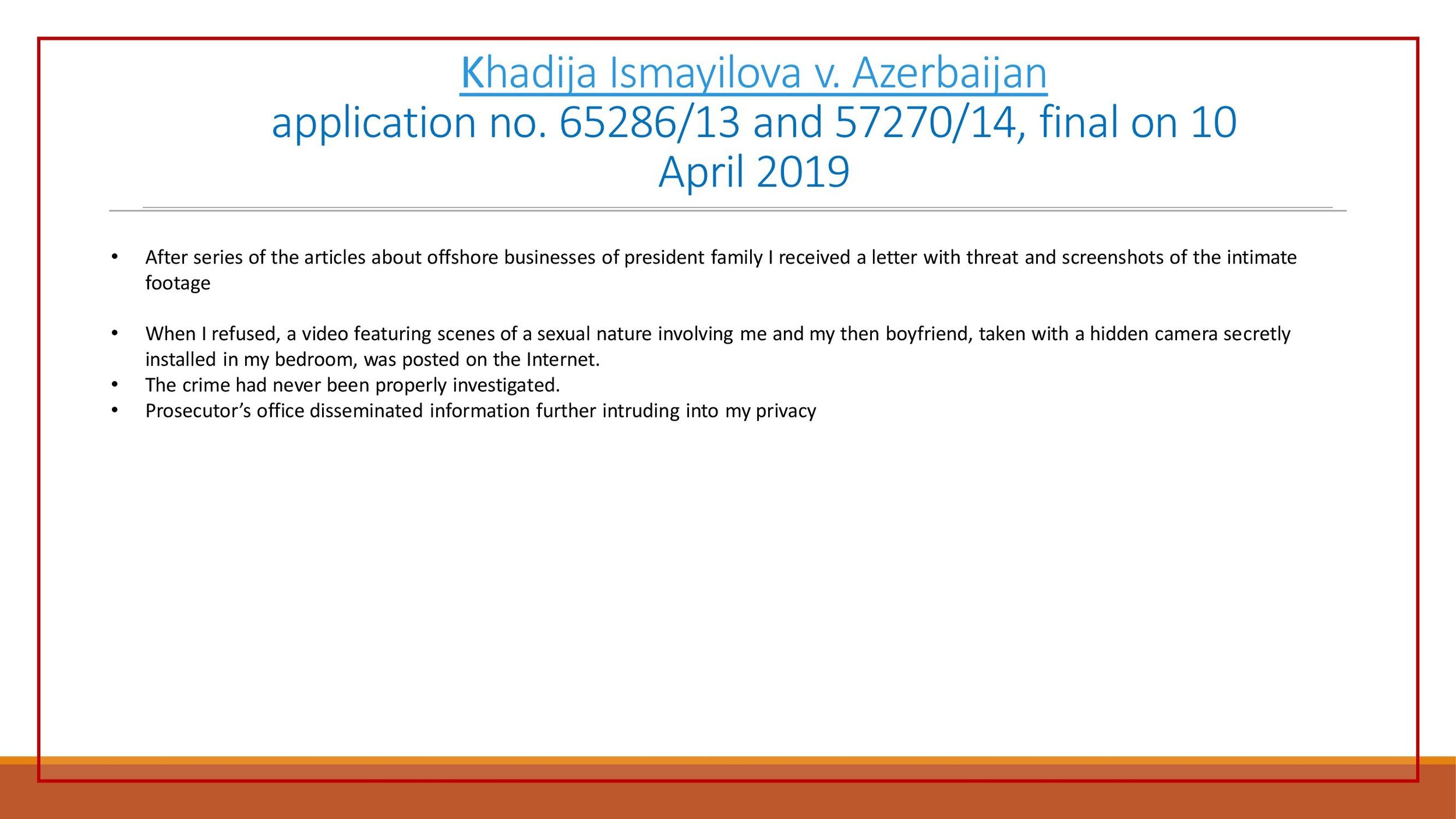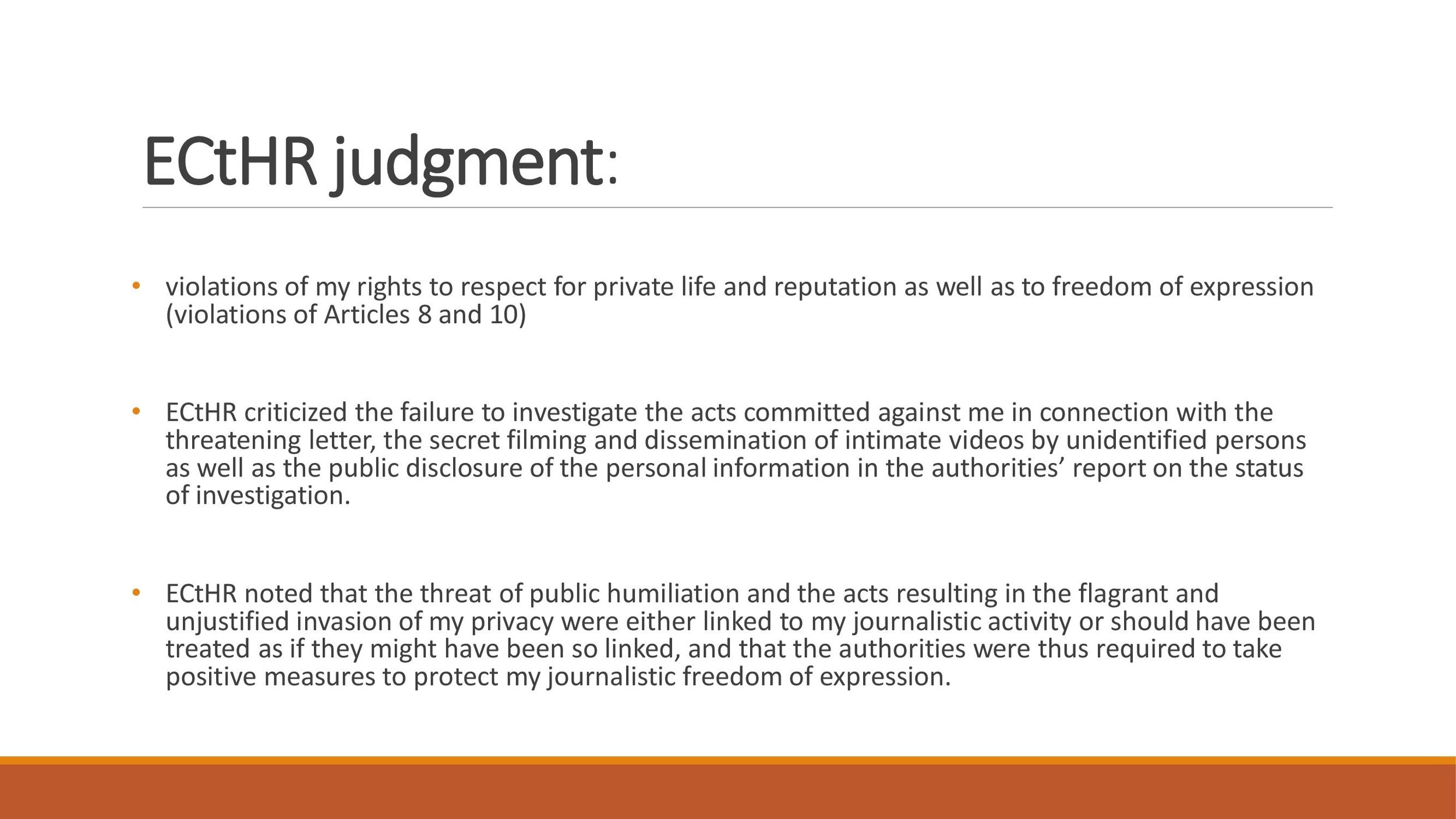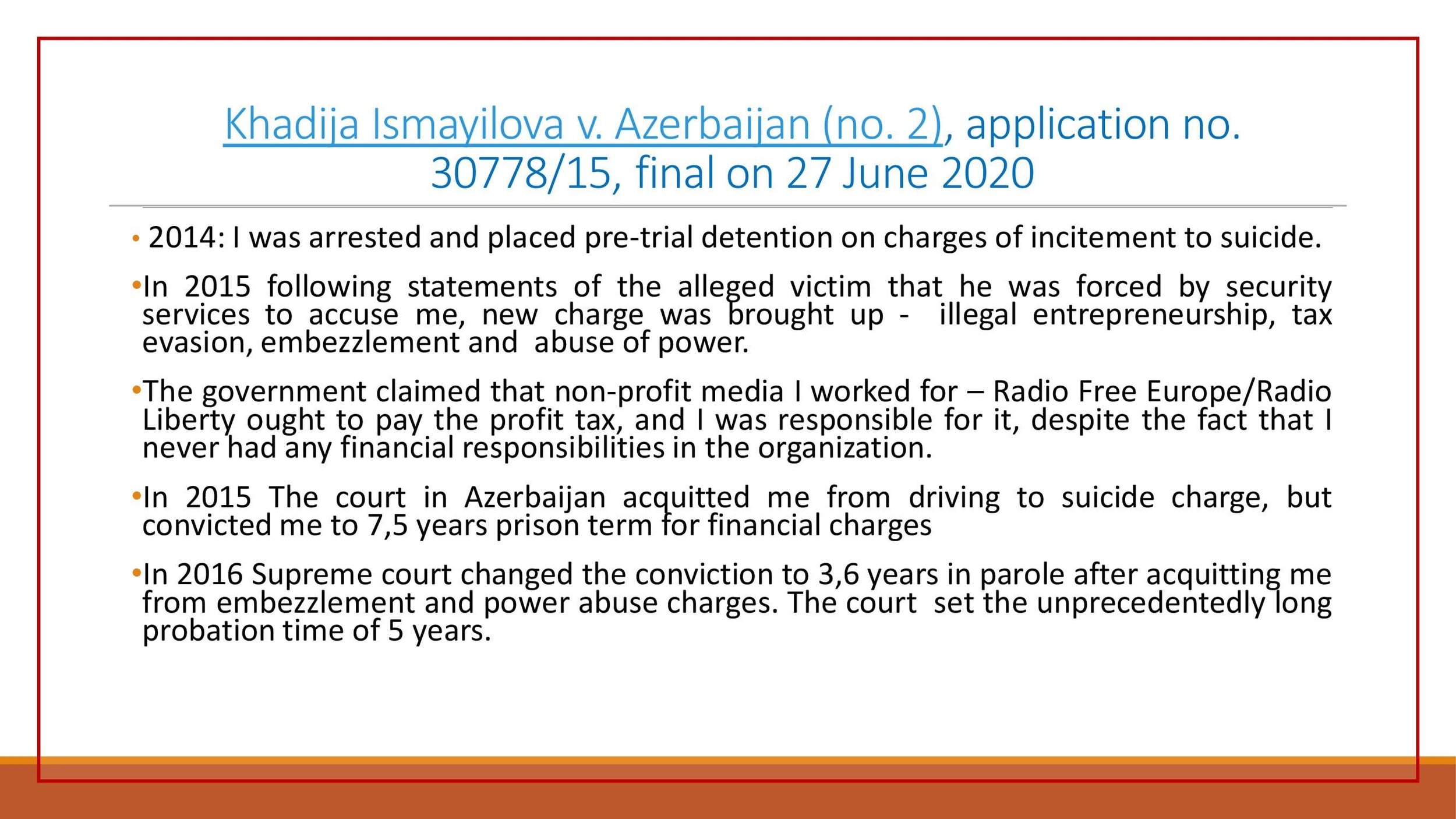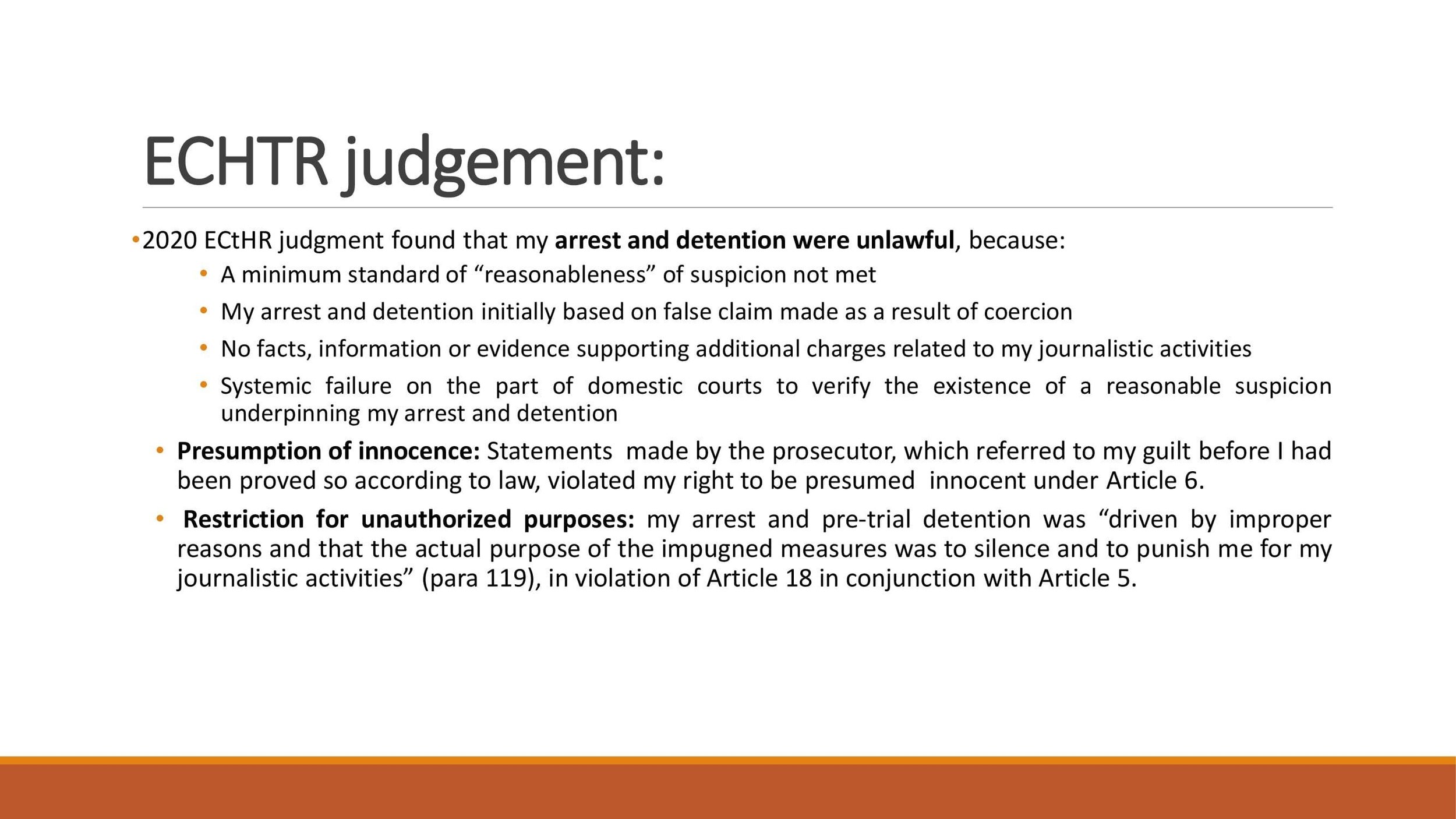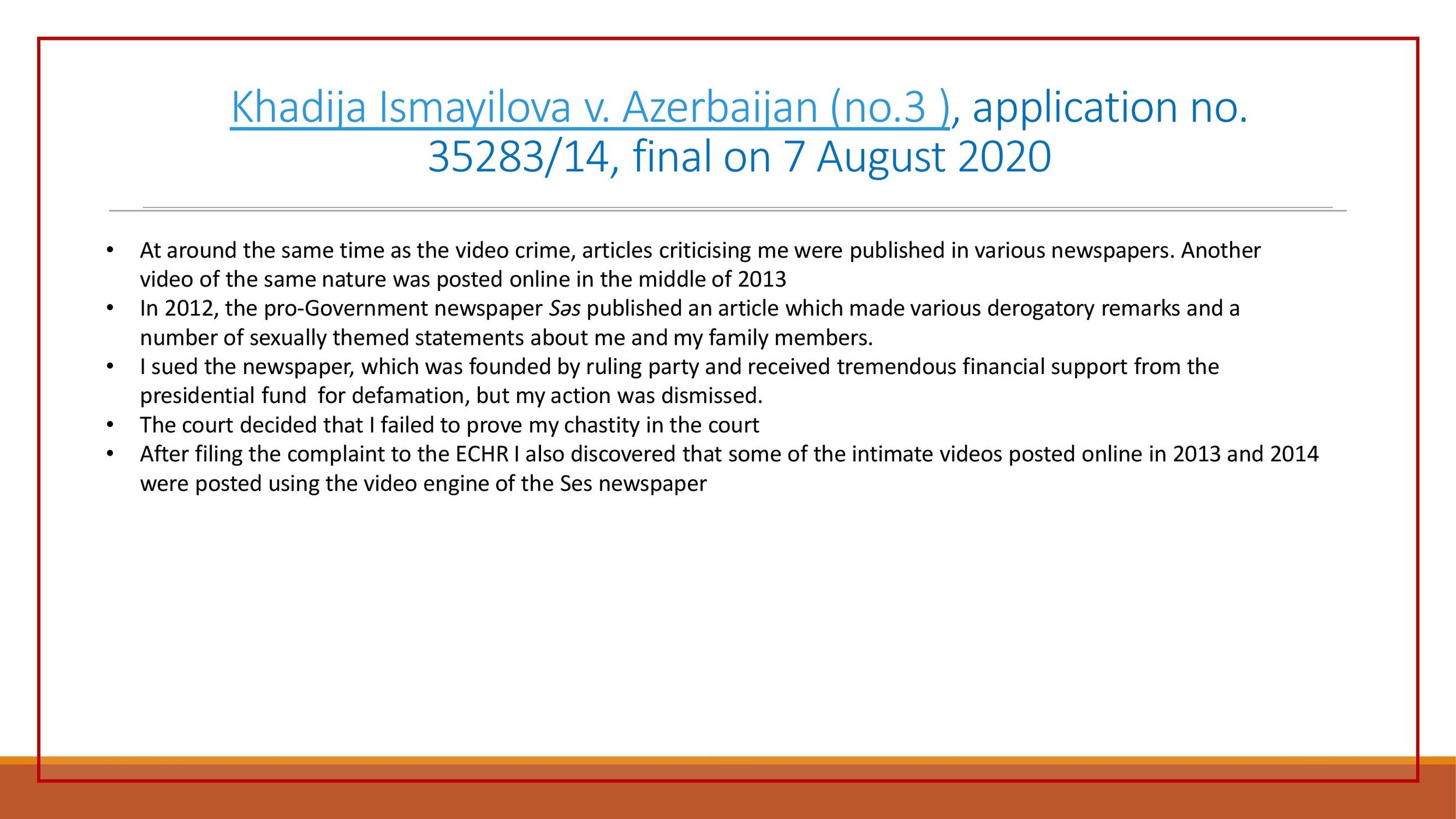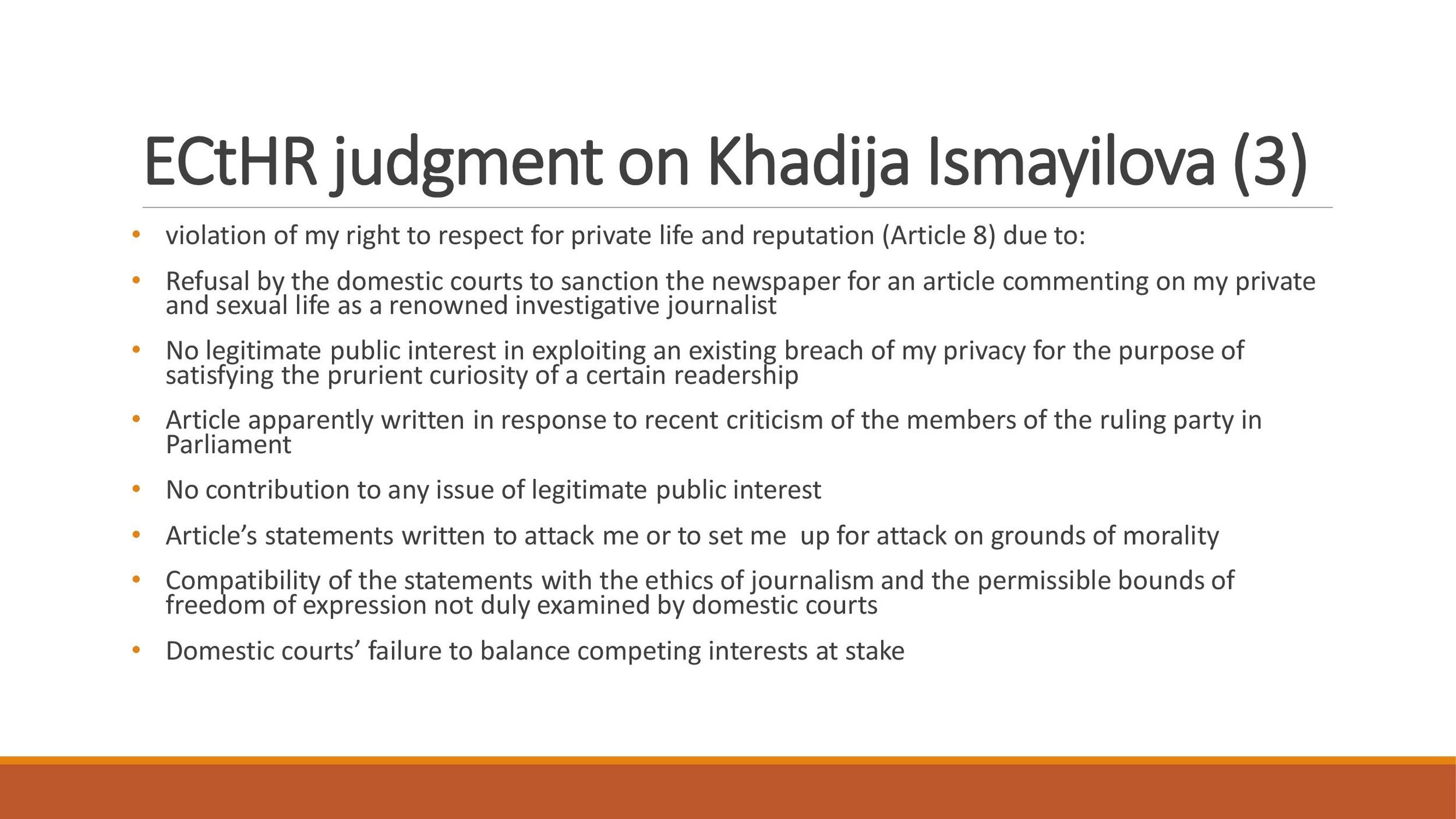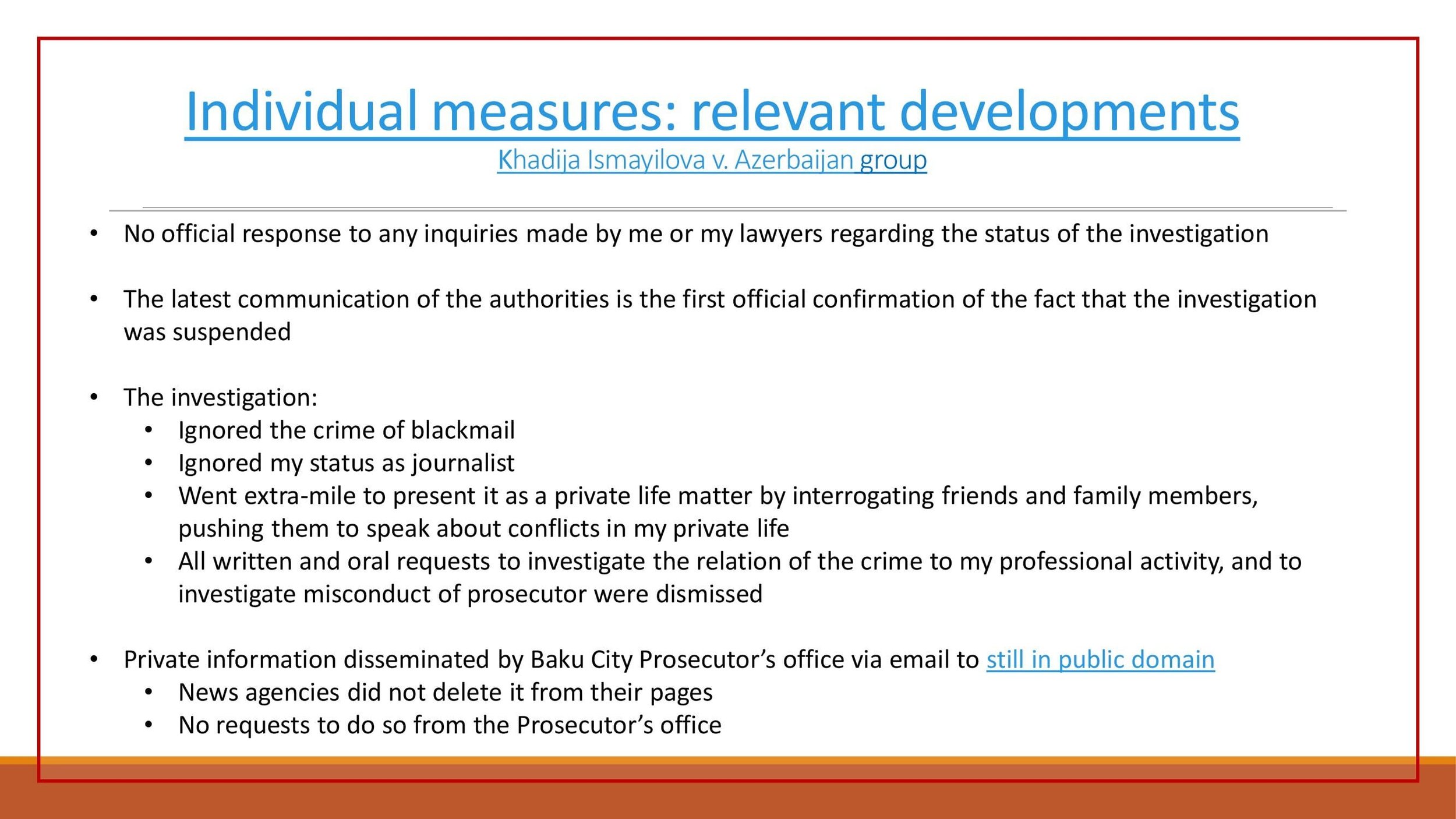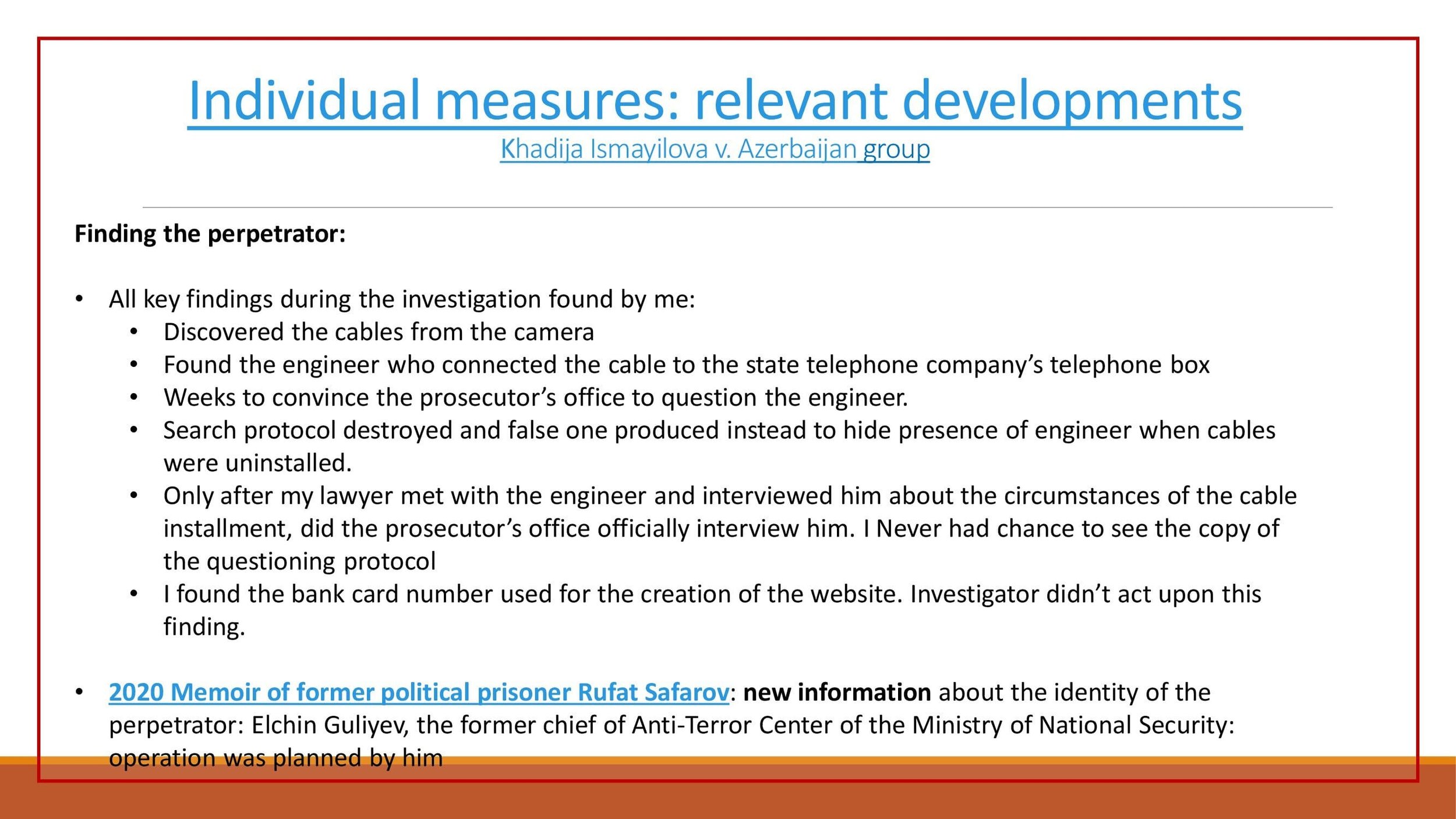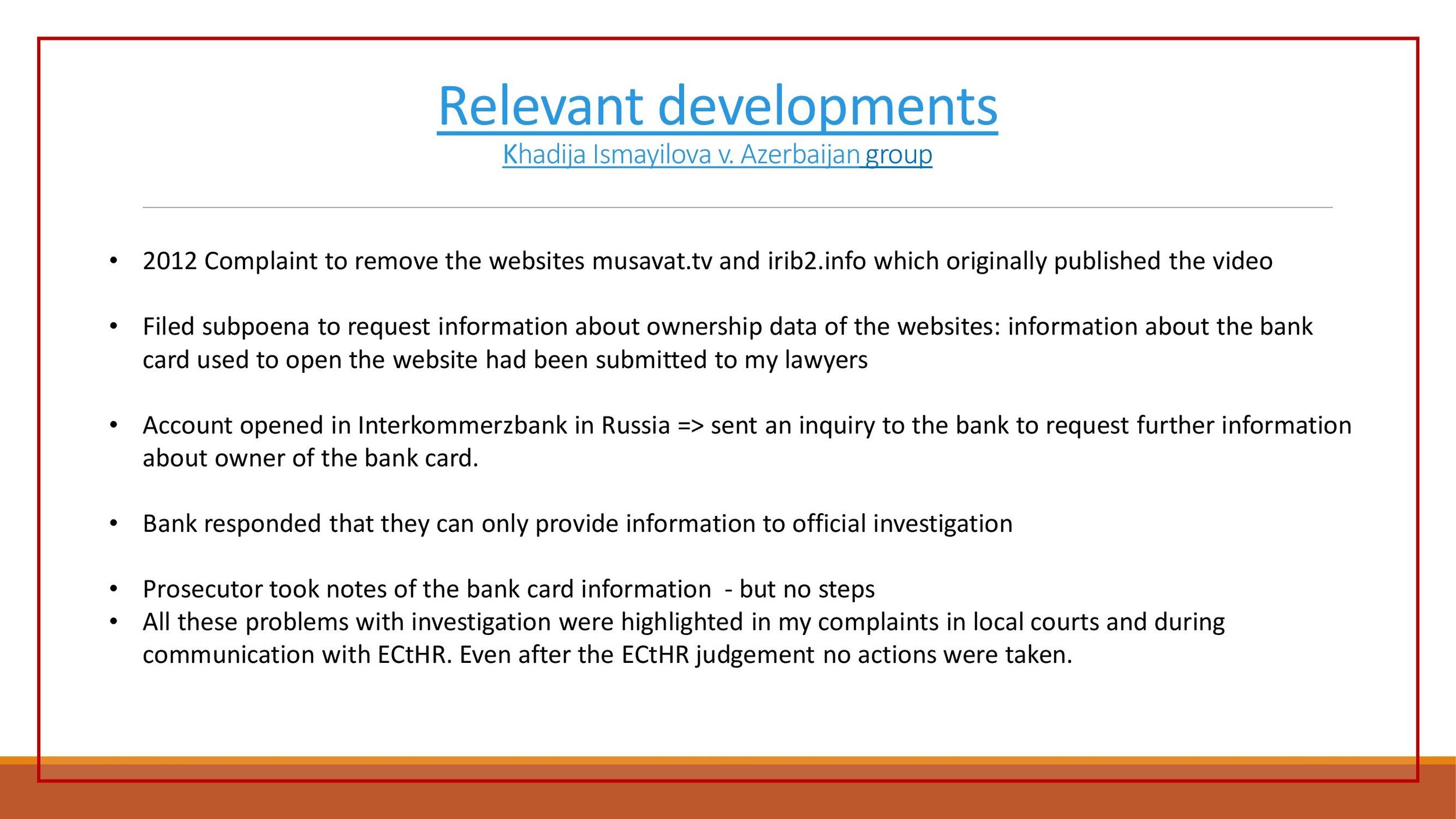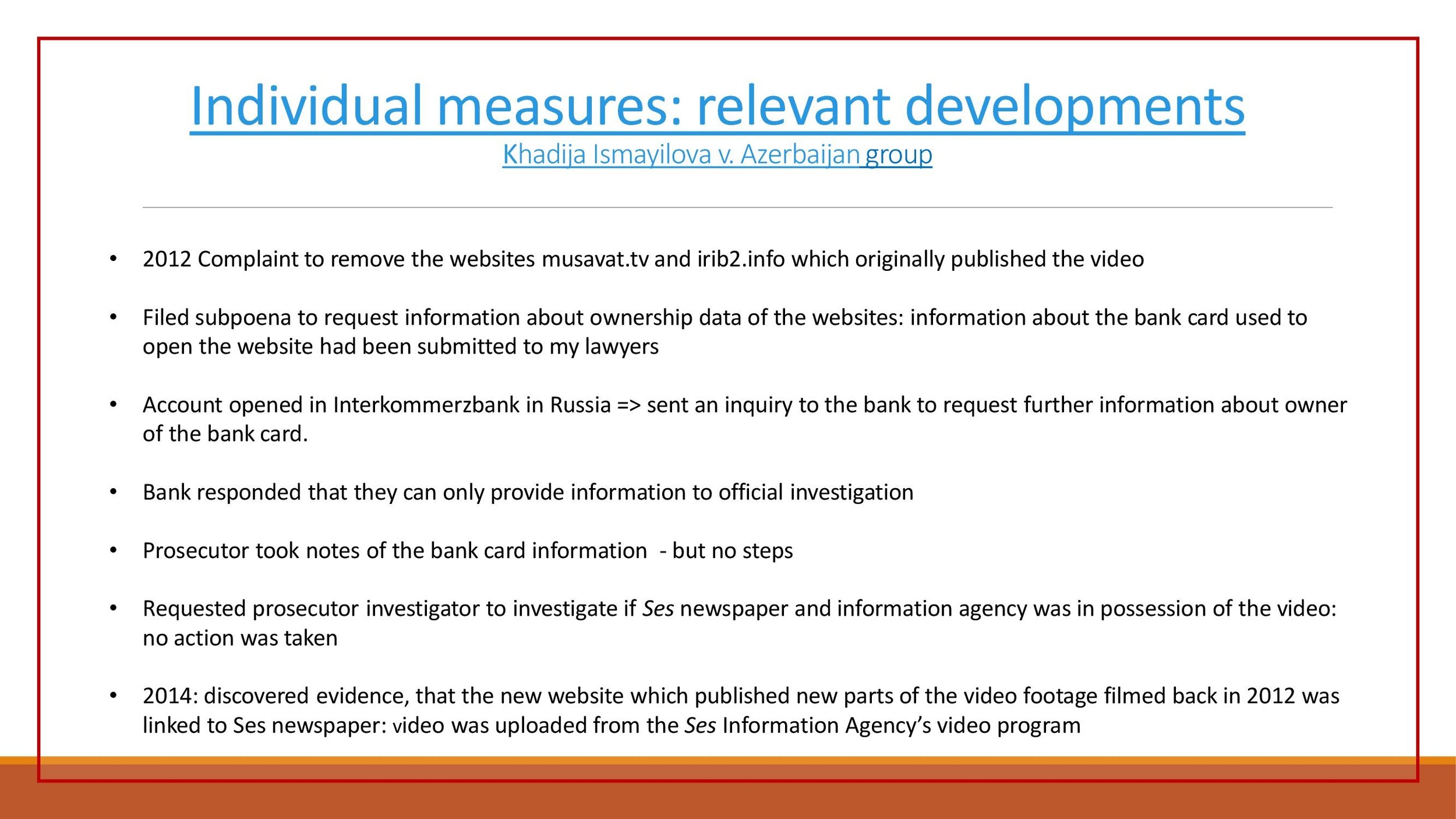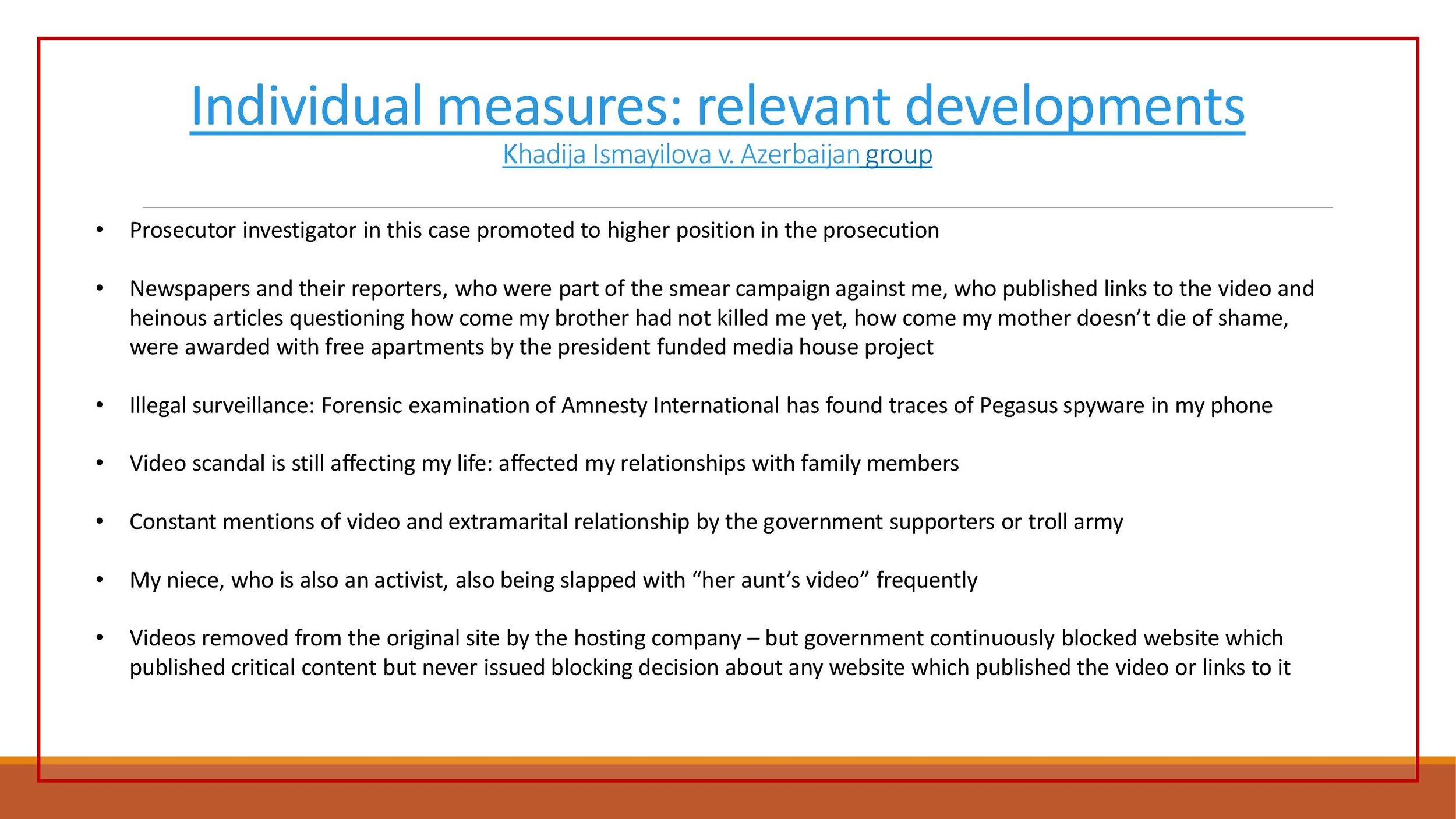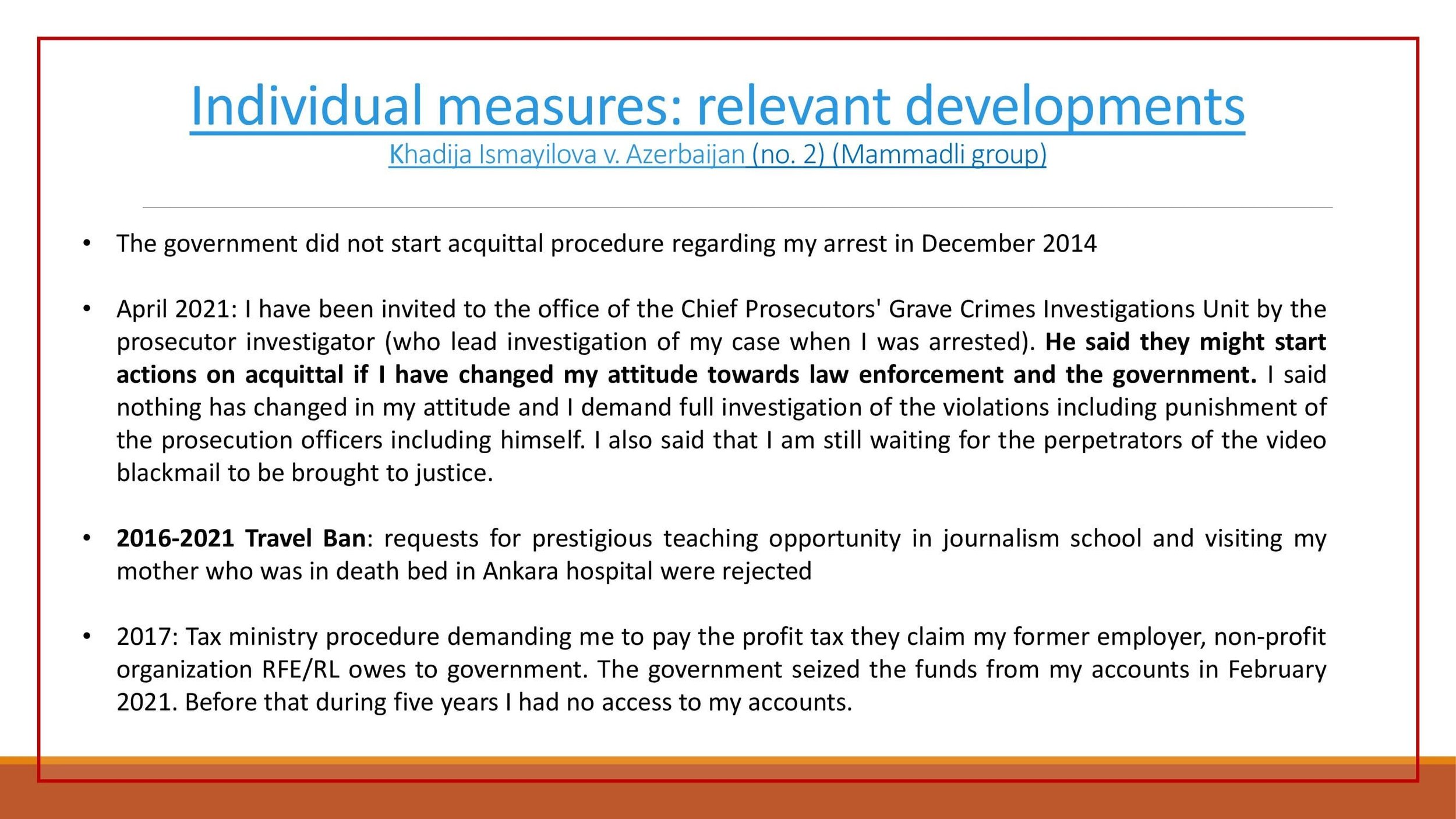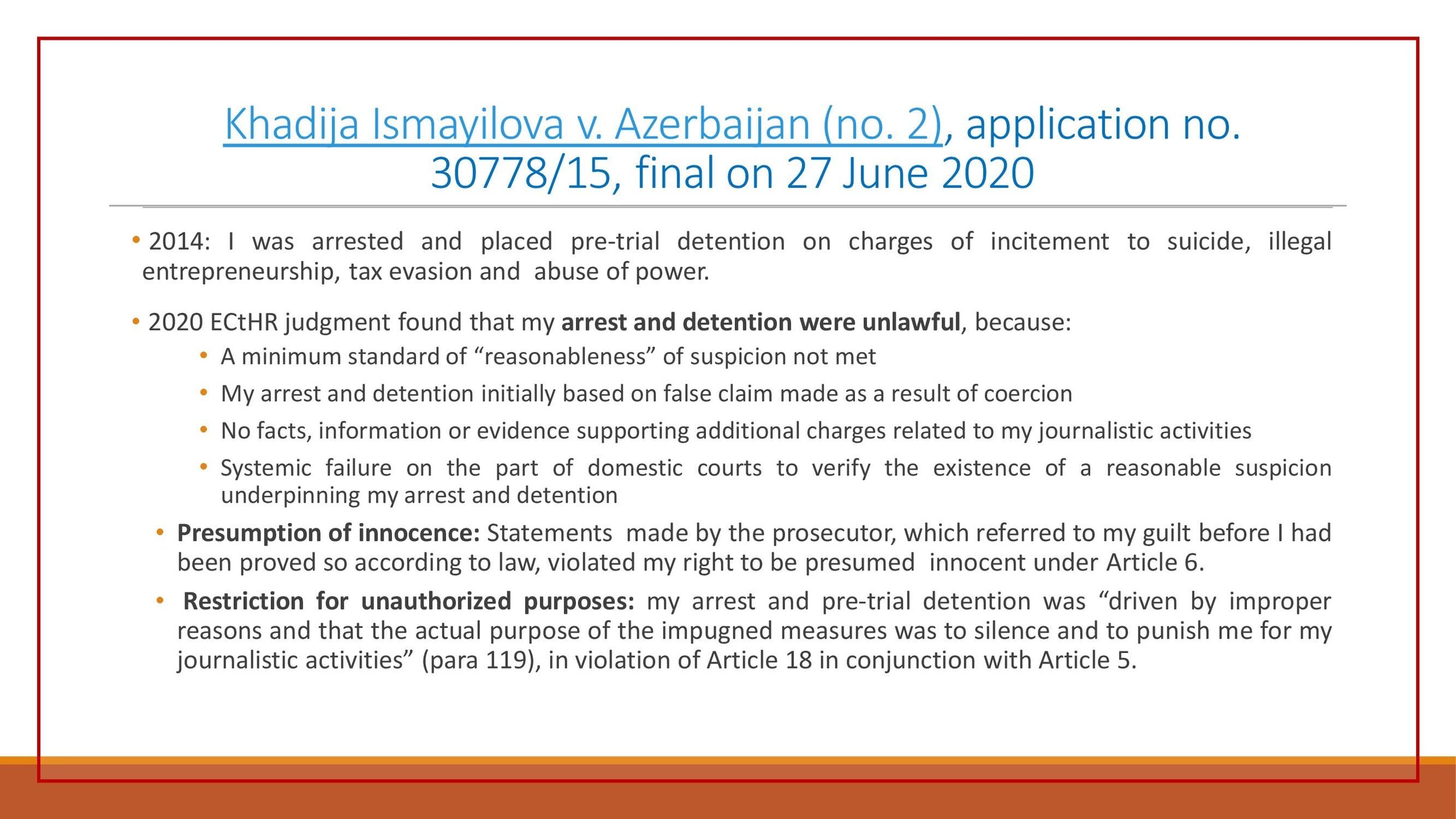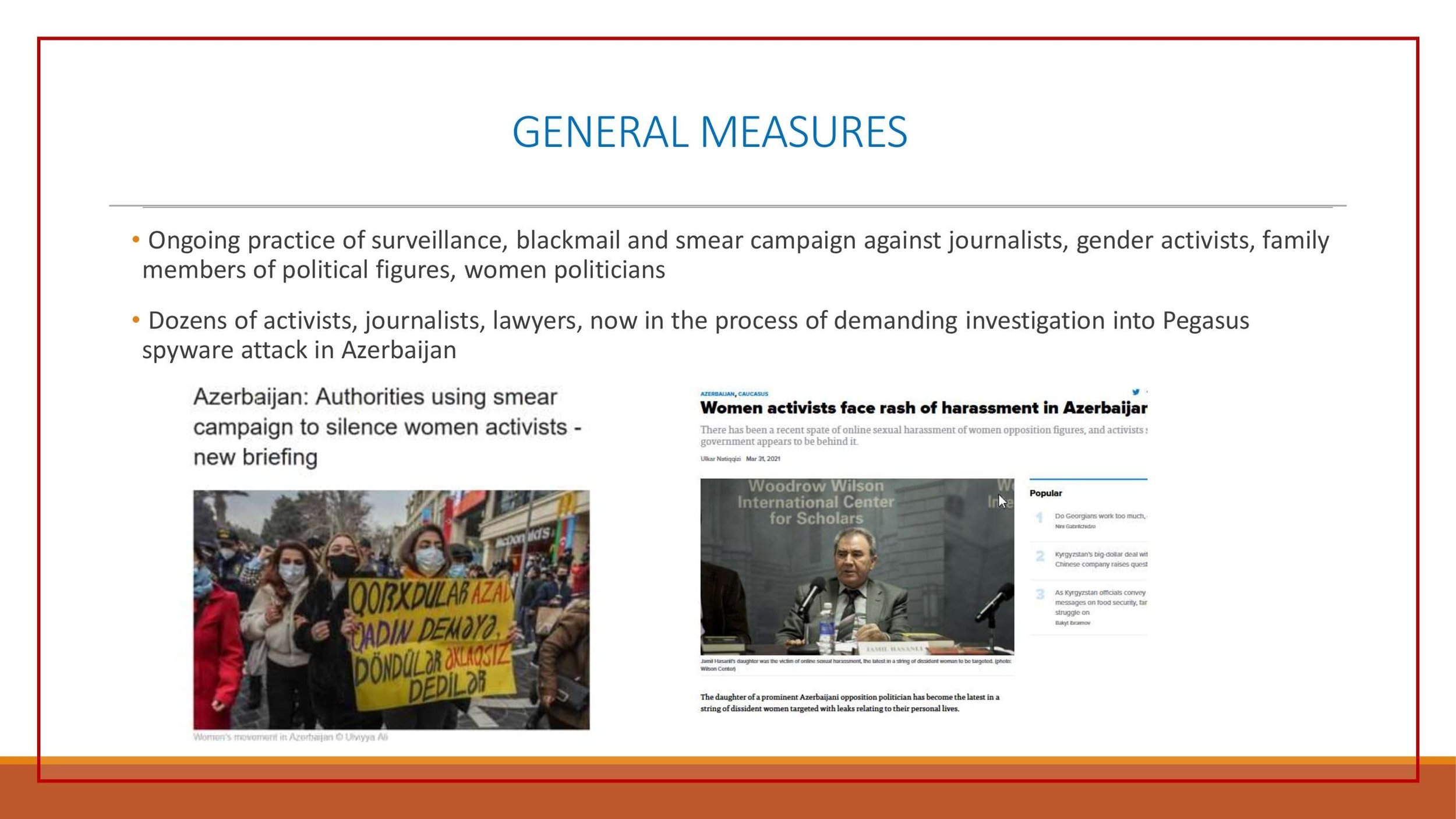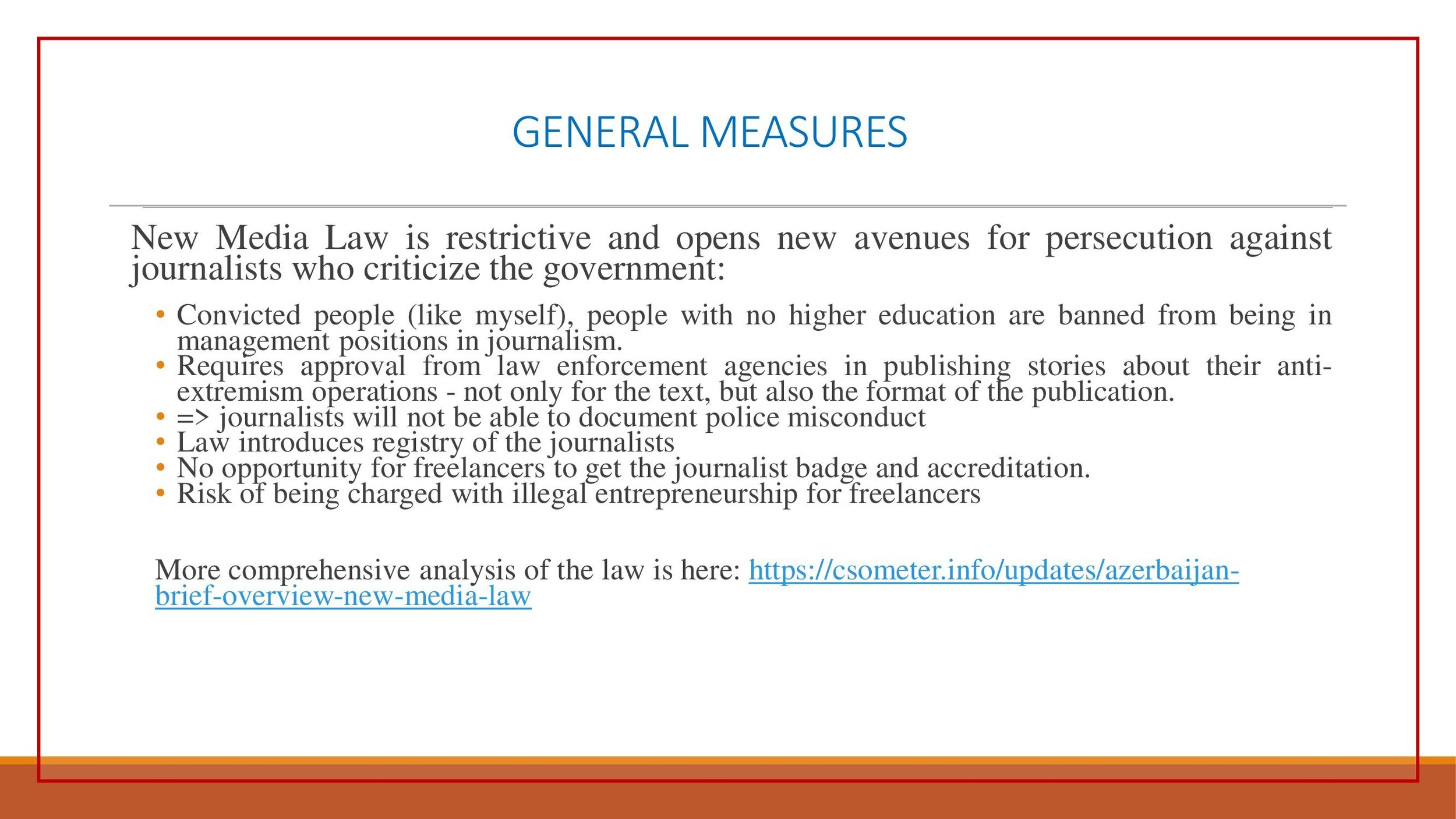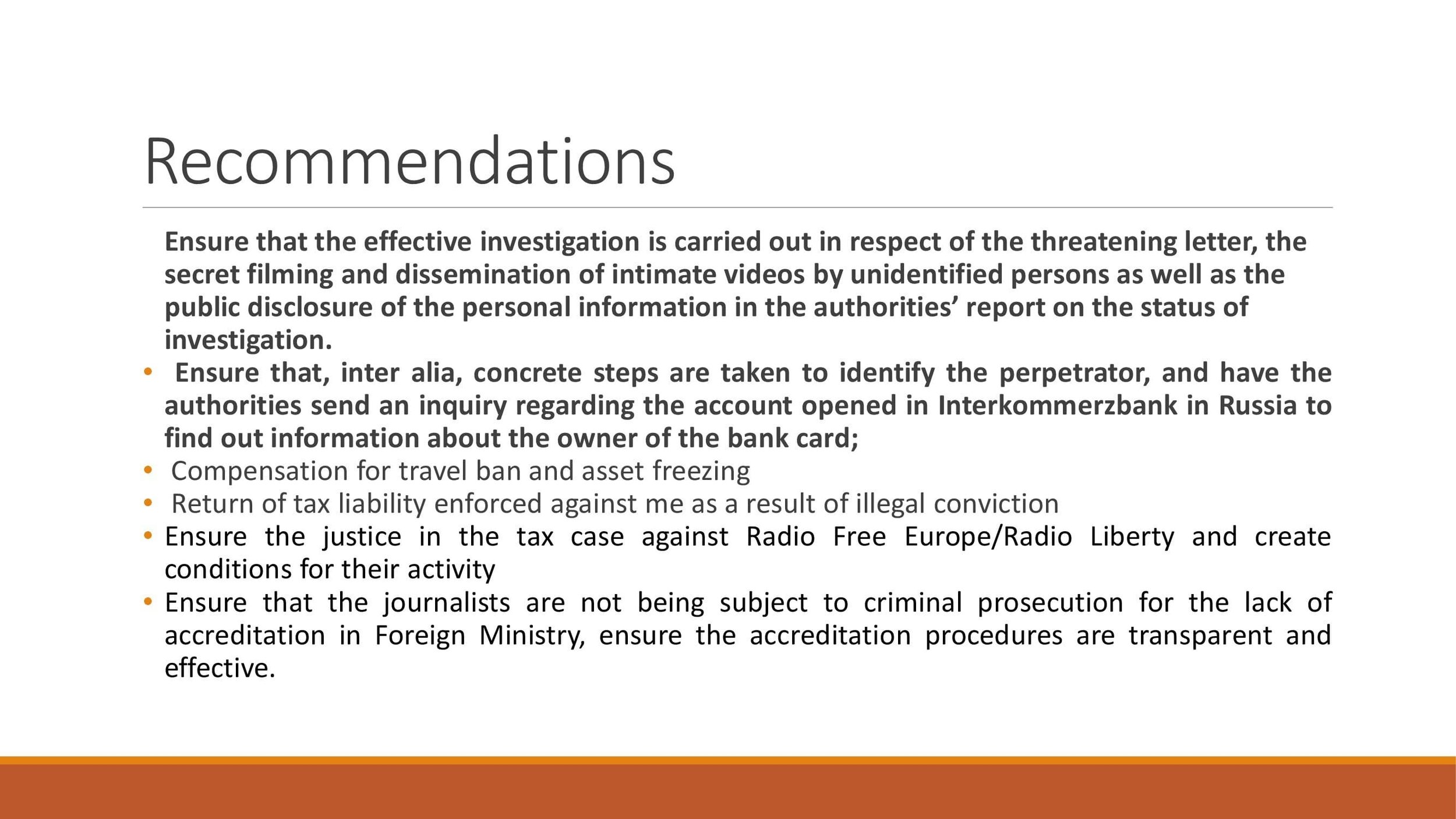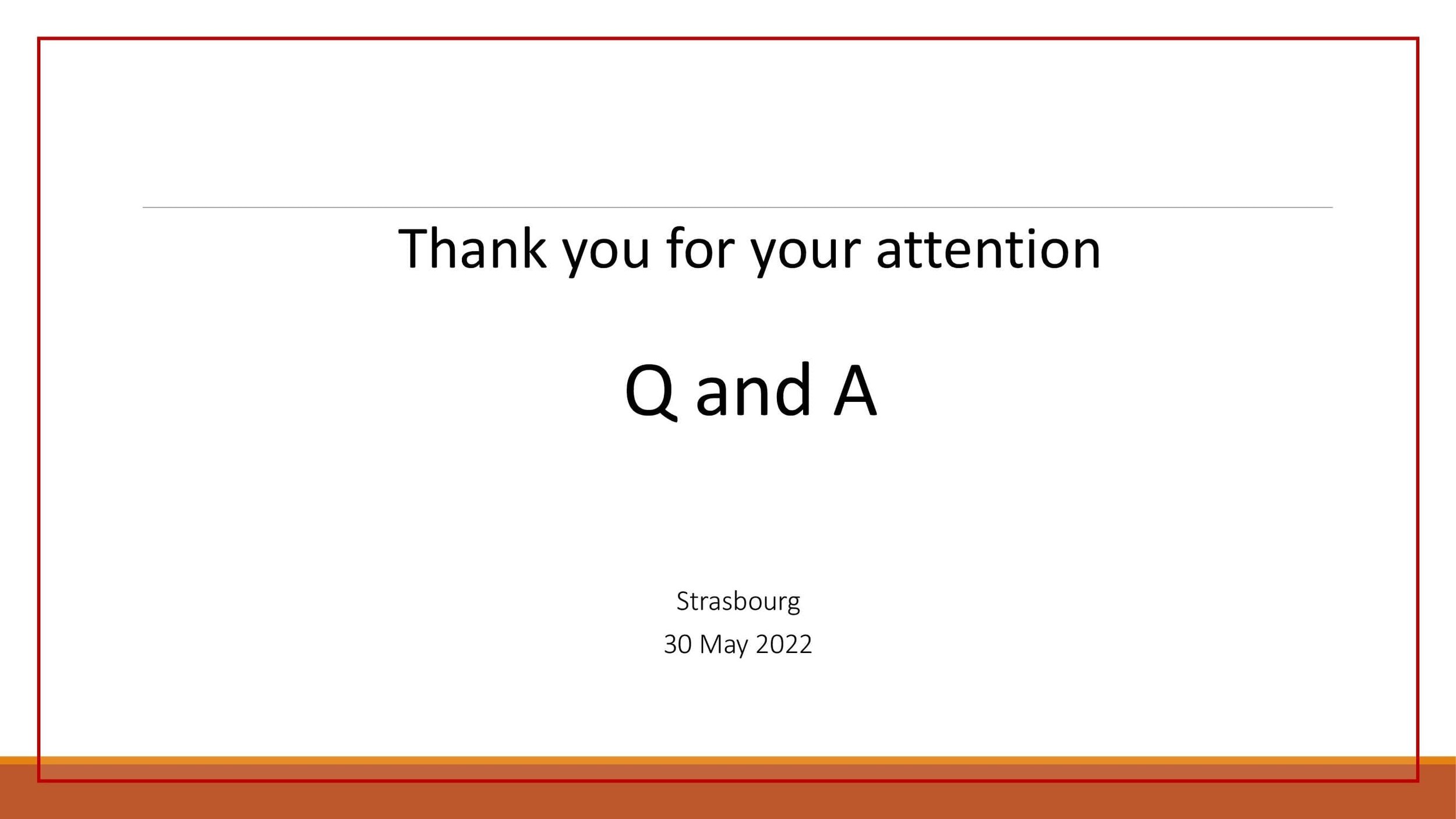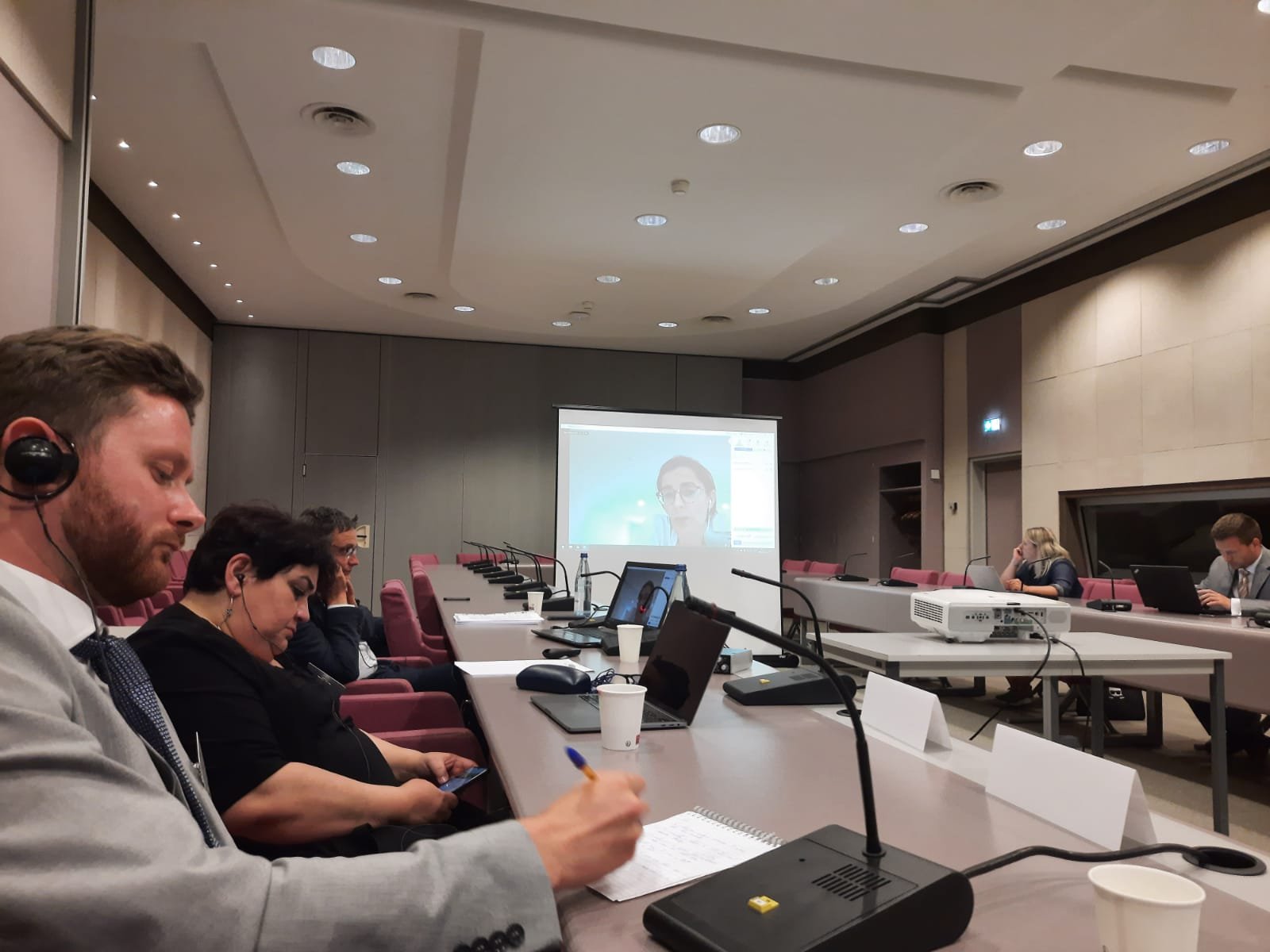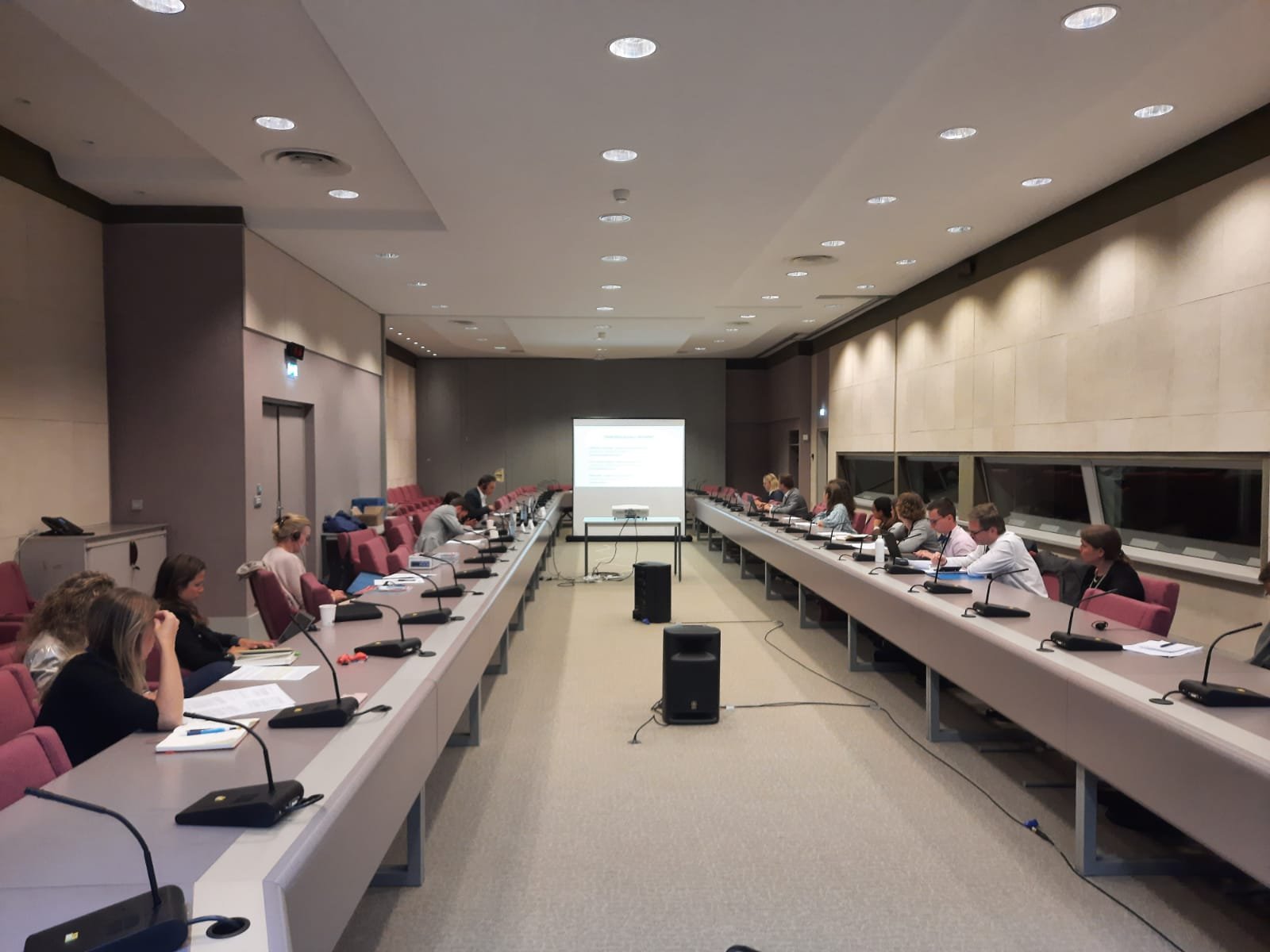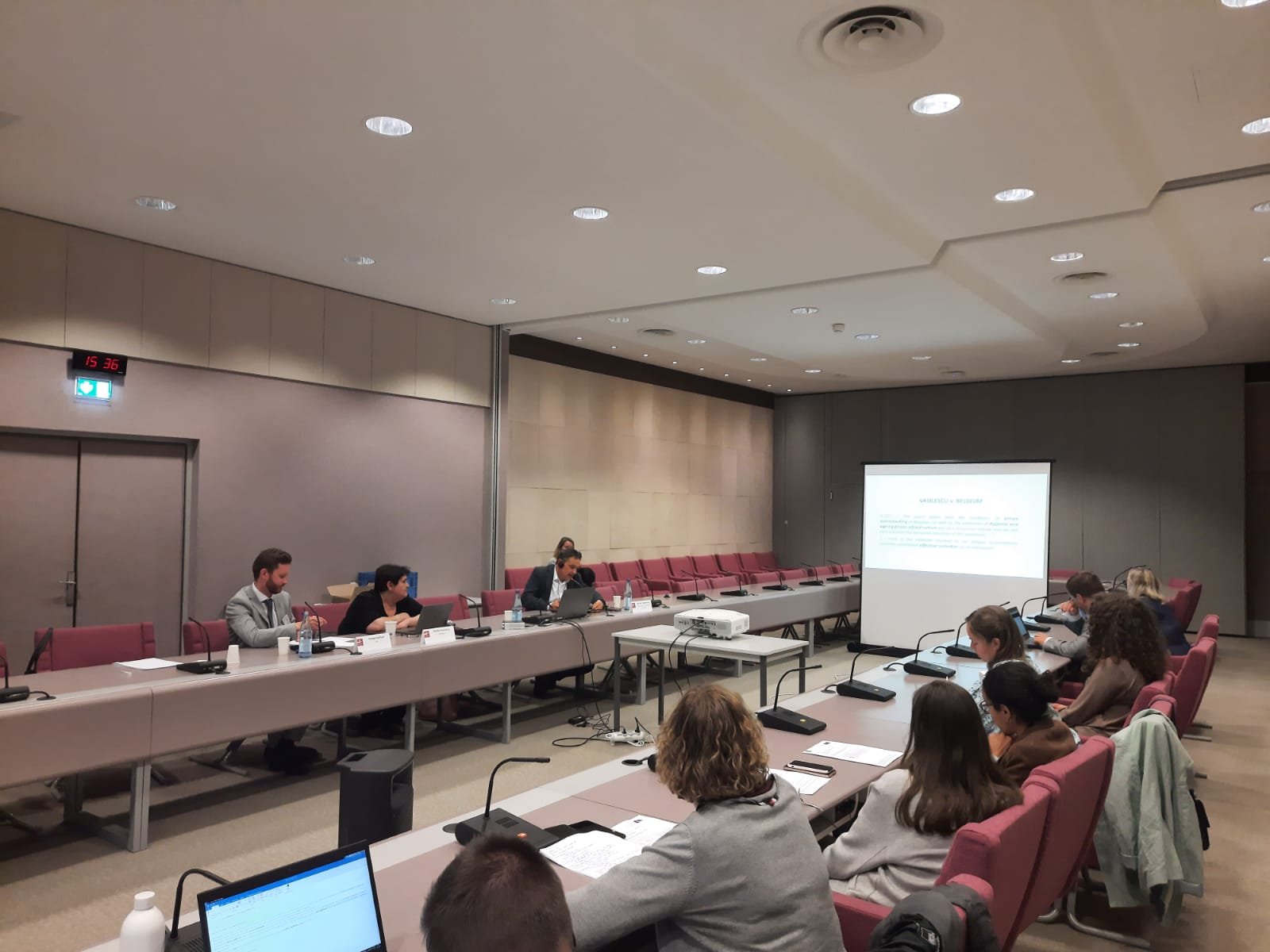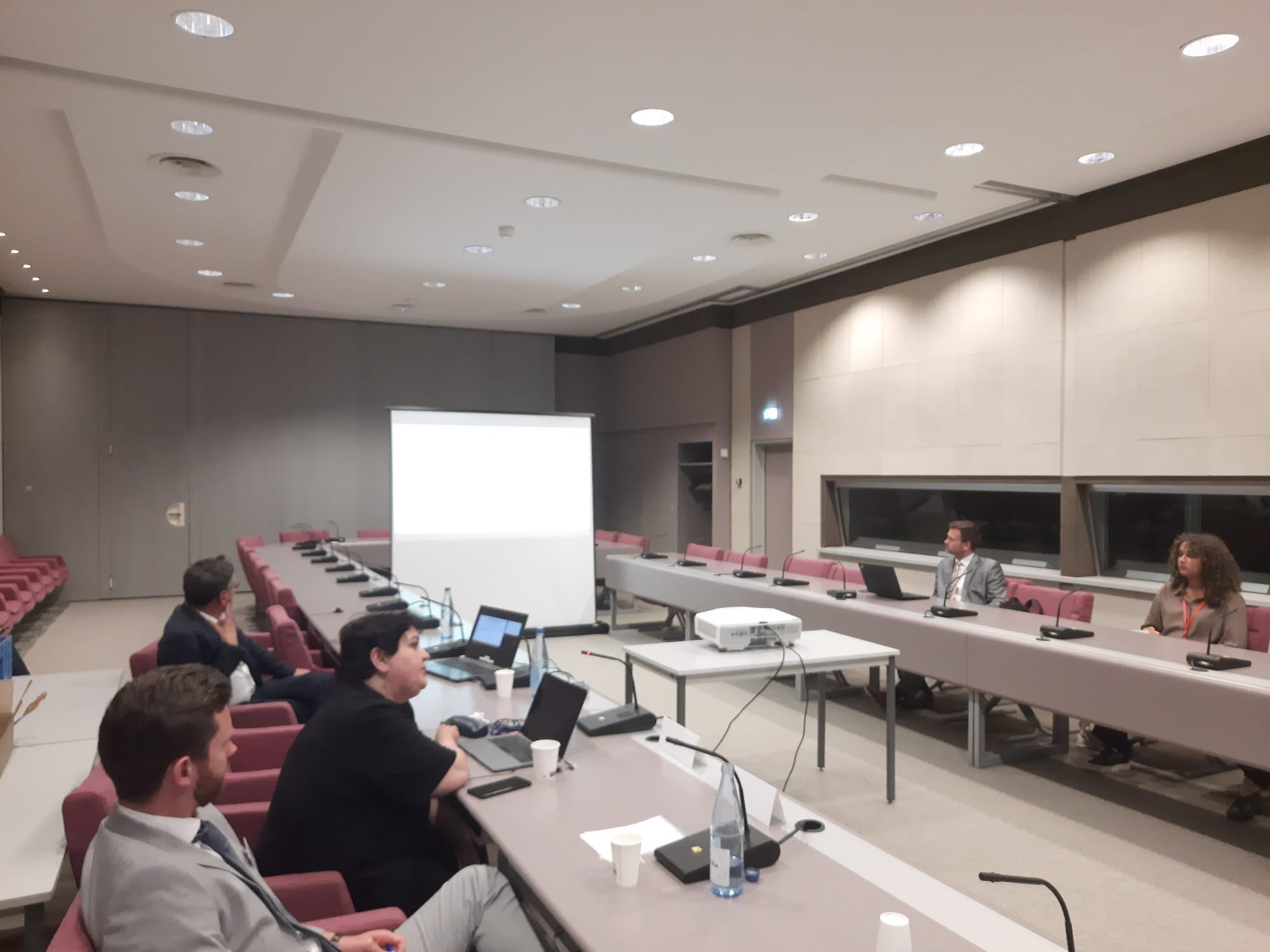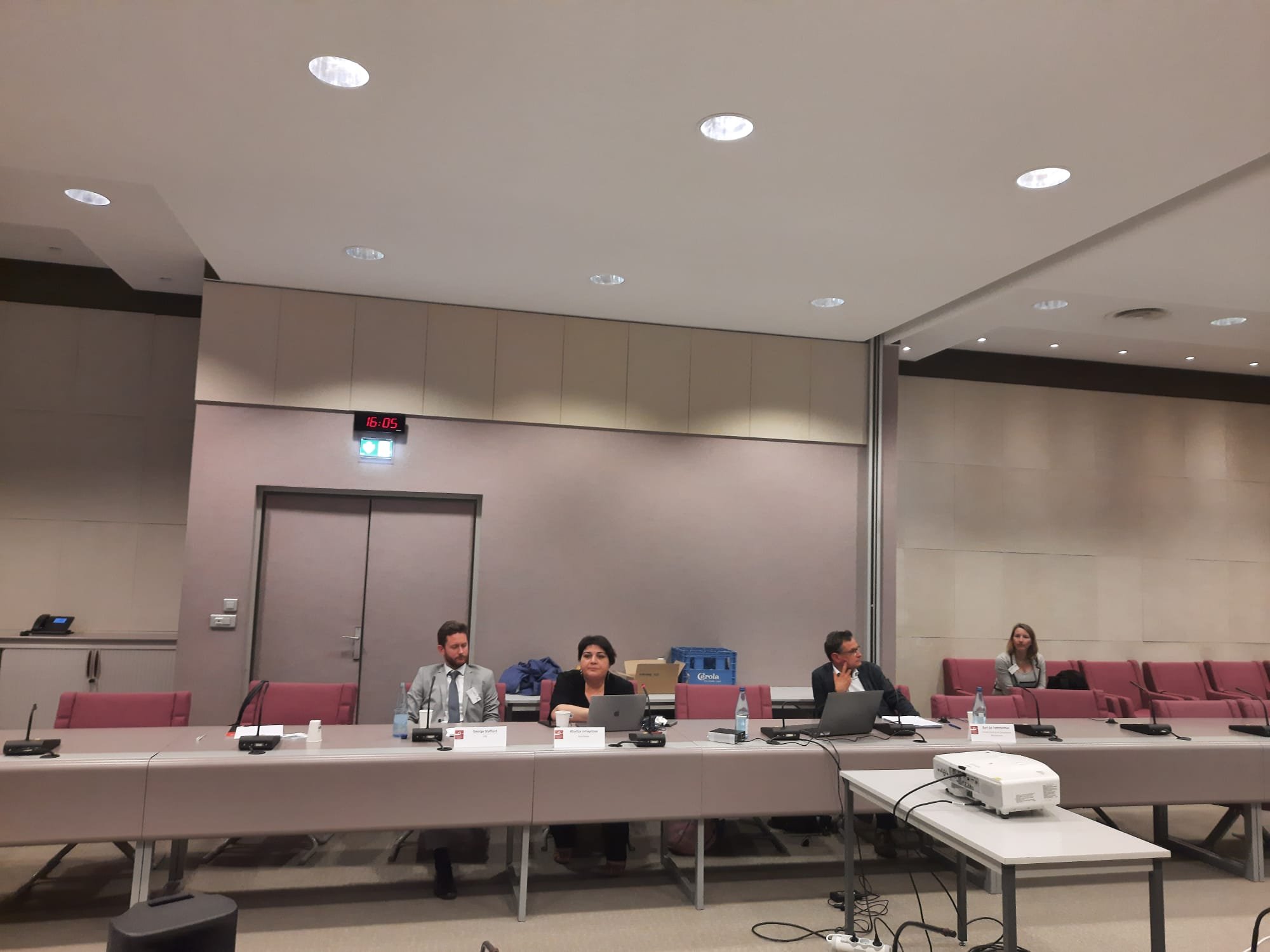Overview of the case
The Court found that the applicant was detained in the absence of evidence to support a reasonable suspicion he had committed an offence (violation of Article 5 §§ 1 and 3) and that his arrest and pre-trial detention especially during two crucial campaigns pursued an ulterior purpose, namely to stifle pluralism and limit freedom of political debate (violation of Article 18 taken in conjunction with Article 5); that lifting of the applicant’s parliamentary immunity and the way the criminal law was applied to penalise the applicant for political speeches were not foreseeable and prescribed by law (violation of Article 10) and that his consequent detention made it effectively impossible for the applicant to take part in the activities of the National Assembly (violation of Article 3 of Protocol No. 1).
The briefing particularly focused on the Government’s argument that “new pieces of evidence” that had not been examined by the ECtHR have emerged and that the substance of the allegations against Mr. Demirtaş is now different. First, as regards the new evidence, Ms. Bingol argued that the Government's argument that an assessment of evidence is out of bounds for the CM is manifestly unfounded in view of the CM’s role in ensuring implementation of the judgment, including the part concerning the Article 18 violation. Second, the Government must convincingly explain why the evidence claimed to be ‘new’ appears only now, several years after the events, and following the ECtHR’s December 2020 judgment. Third, the Government fails to give clear and reliable information on the alleged ‘new’ evidence, failing to explain whether and why they are different from his statements given at the investigation stage. Moreover, heavy reliance is placed on supposed anonymous witnesses, yet reports illustrate an extremely worrying practice of the abuse of such witnesses in Turkey.
Recommendations to the CM in relation to Selahattin Demirtaş v. Turkey (2) judgment:
To insist on the immediate release of Selahattin Demirtaş as required by the ECtHR judgment and indicate that continuation of Mr. Demirtaş’s detention in any form under criminal proceedings remaining within the scope of the Grand Chamber judgment constitutes a prolongation and entrenching of the violation of his rights under the Convention, as found by the ECtHR.
To confirm that the Grand Chamber judgment clearly applies to Mr. Demirtaş’s ongoing pre-trial detention, the criminal proceeding under which he was convicted, and to any other ongoing or future proceedings or detention, in which the factual or legal basis is substantially similar to that already addressed, and found to violate his Convention rights, by the ECtHR in its judgment.
To call for the halt of all criminal proceedings initiated against Mr. Demirtaş following the constitutional amendment lifting his parliamentary immunity, as the Grand Chamber found that the amendment did not meet the legality standard of the Convention, and that all proceedings initiated pursuant to it should therefore be deemed unlawful.
To request the Government of Turkey to end the persecution through abusive criminal proceedings of Selahattin Demirtaş, including by dropping all charges under which he has been investigated, prosecuted and detained, which have pursued an ulterior purpose of stifling pluralism and limiting freedom of political debate, in conformity with the Court’s finding that his rights under Article 5(1) in conjunction with Article 18 were violated, and that his exercise of the right to freedom of expression was wrongfully used as evidence to incriminate him.
To emphasize the continuing nature of the breach and that restitutio in integrum, in this case, requires – inter alia - the cessation of the persecution of Mr. Demirtaş through criminal proceedings, in the form of ongoing and future investigations, prosecutions and detentions, including pre-trial detentions, solely for his political activities and his political speech.
In the event that Selahattin Demirtaş remains in detention at the time of the 1436DH 8-10 June 2022 meeting, to take the necessary steps to trigger infringement proceedings against Turkey under Article 46(4) of the Convention on the ground of its continued failure to comply with the ECtHR Grand Chamber’s judgment.
The Turkey Human Rights Litigation Project also recommended that the CM must now also decide whether new pieces of evidence advanced by the Government are really new, considering the Court’s findings concerning Article 18 in the principal judgment.
Please see our Civil Society Briefing from September 2021 for more information on this case.
Relevant Document






